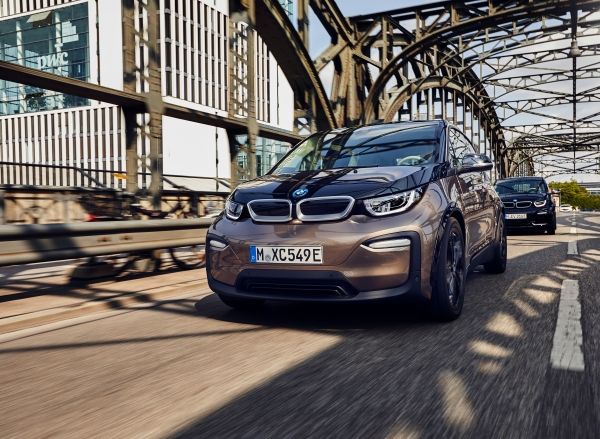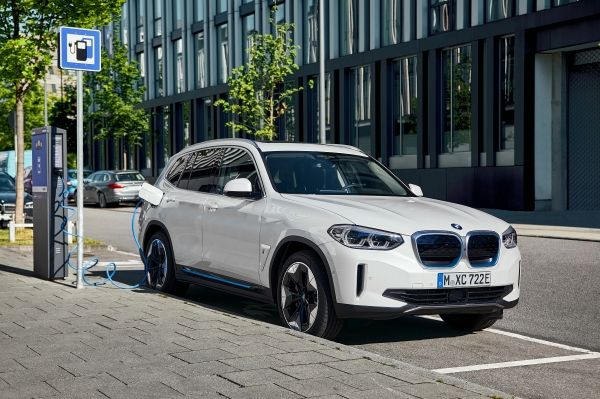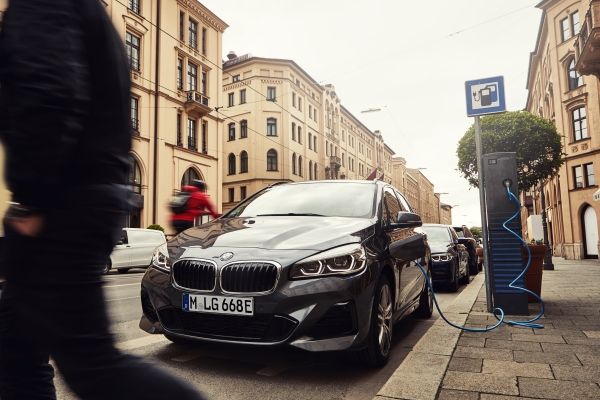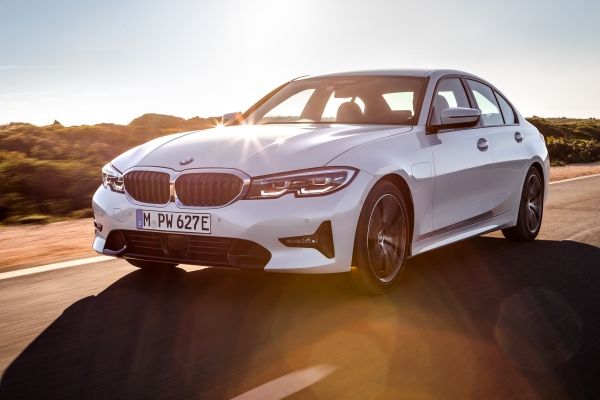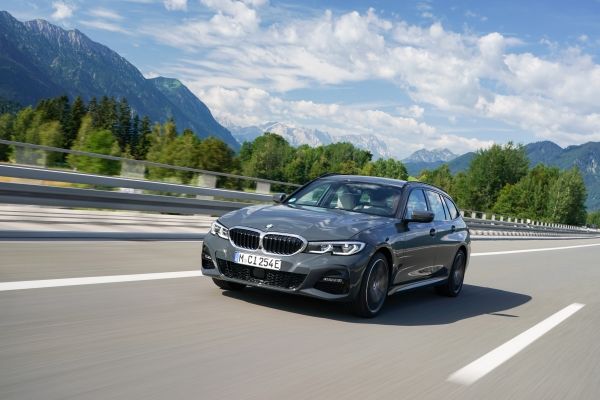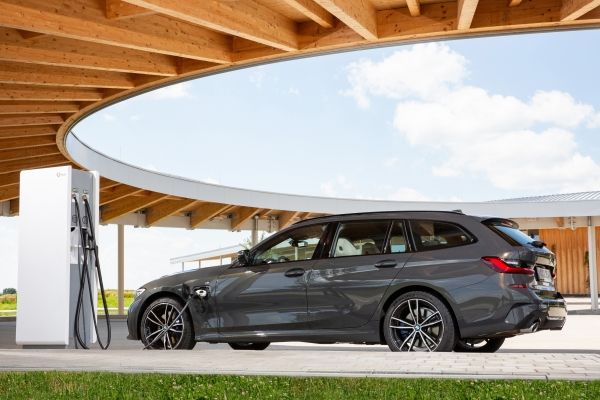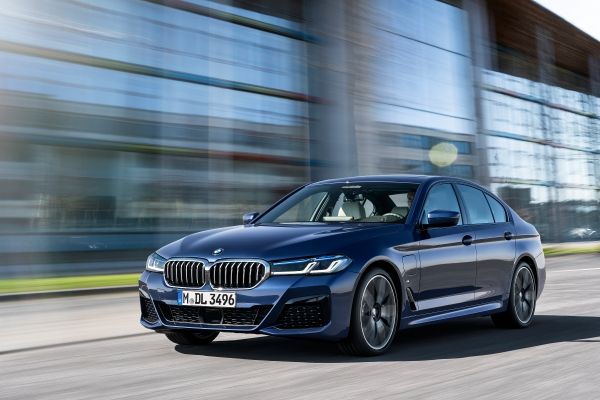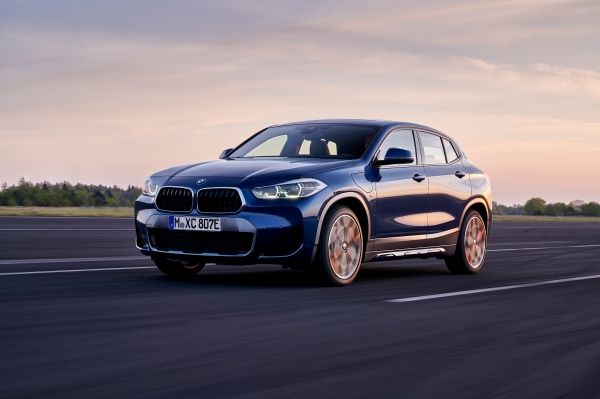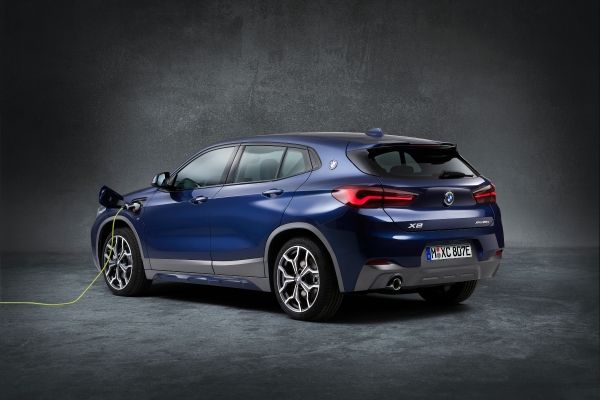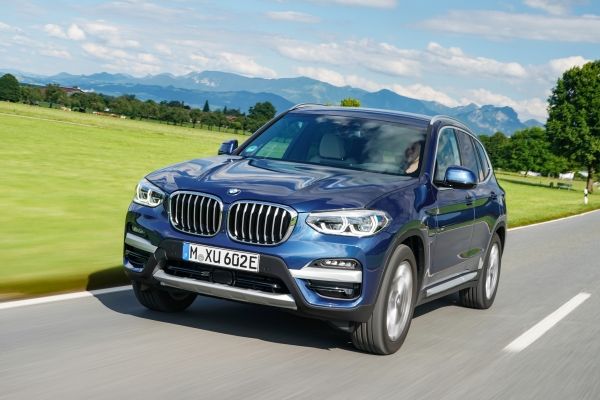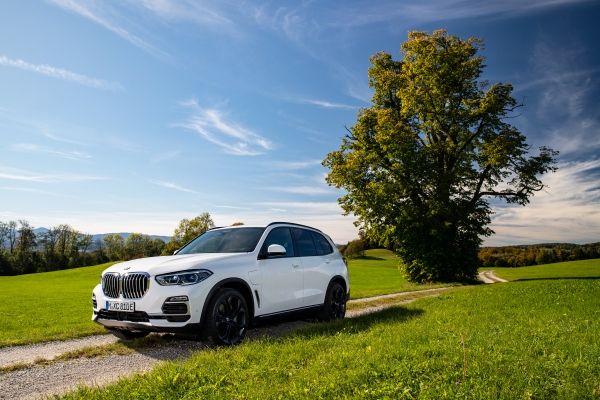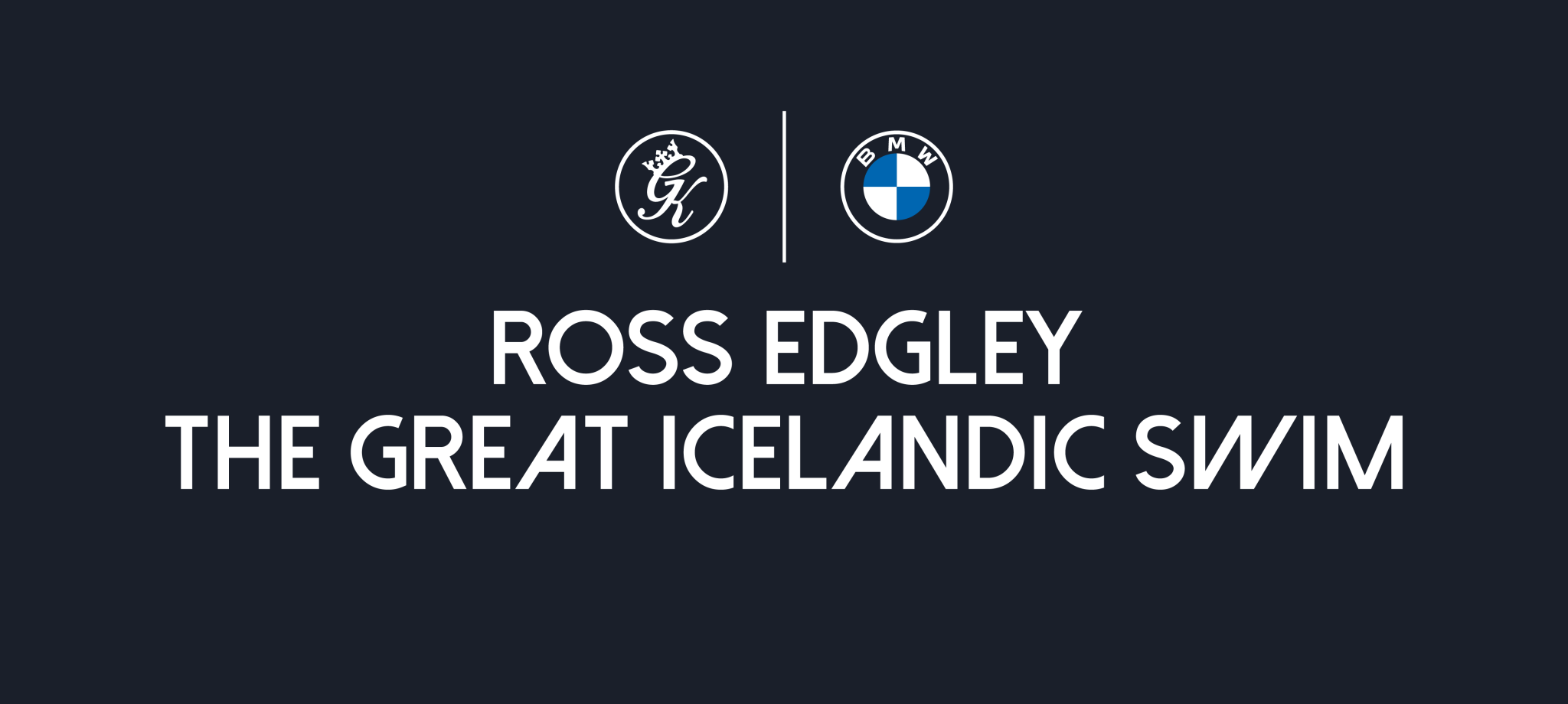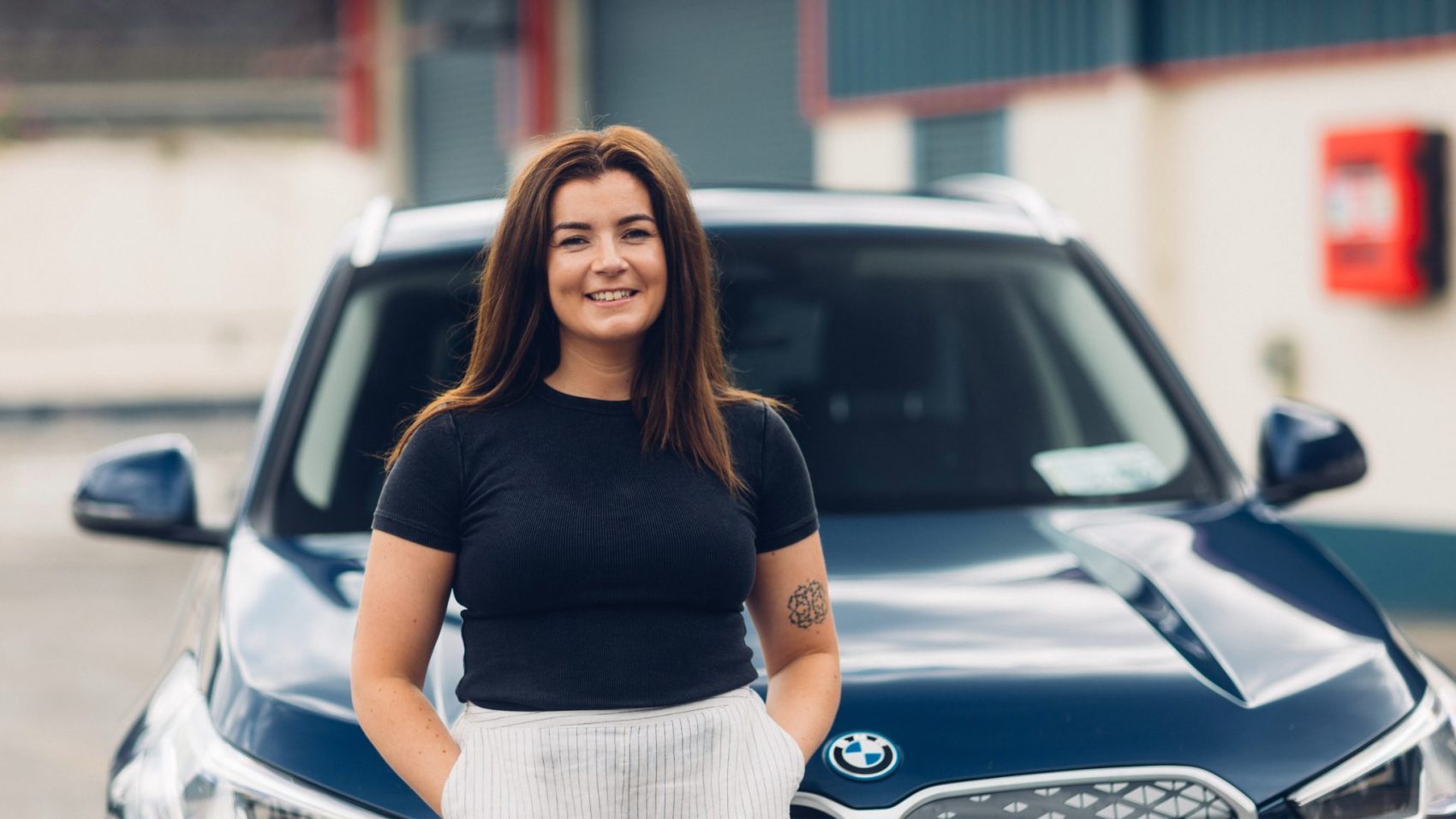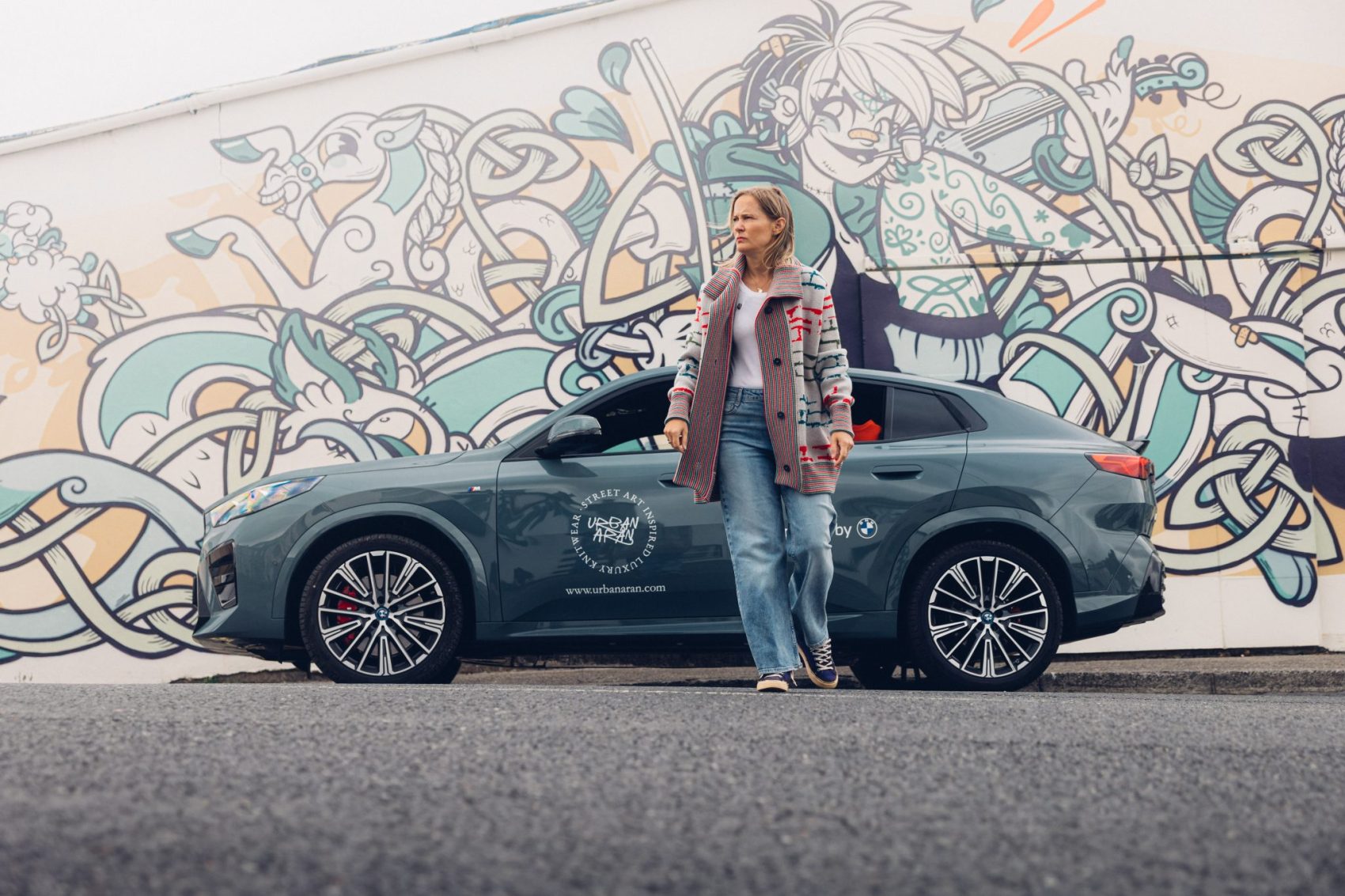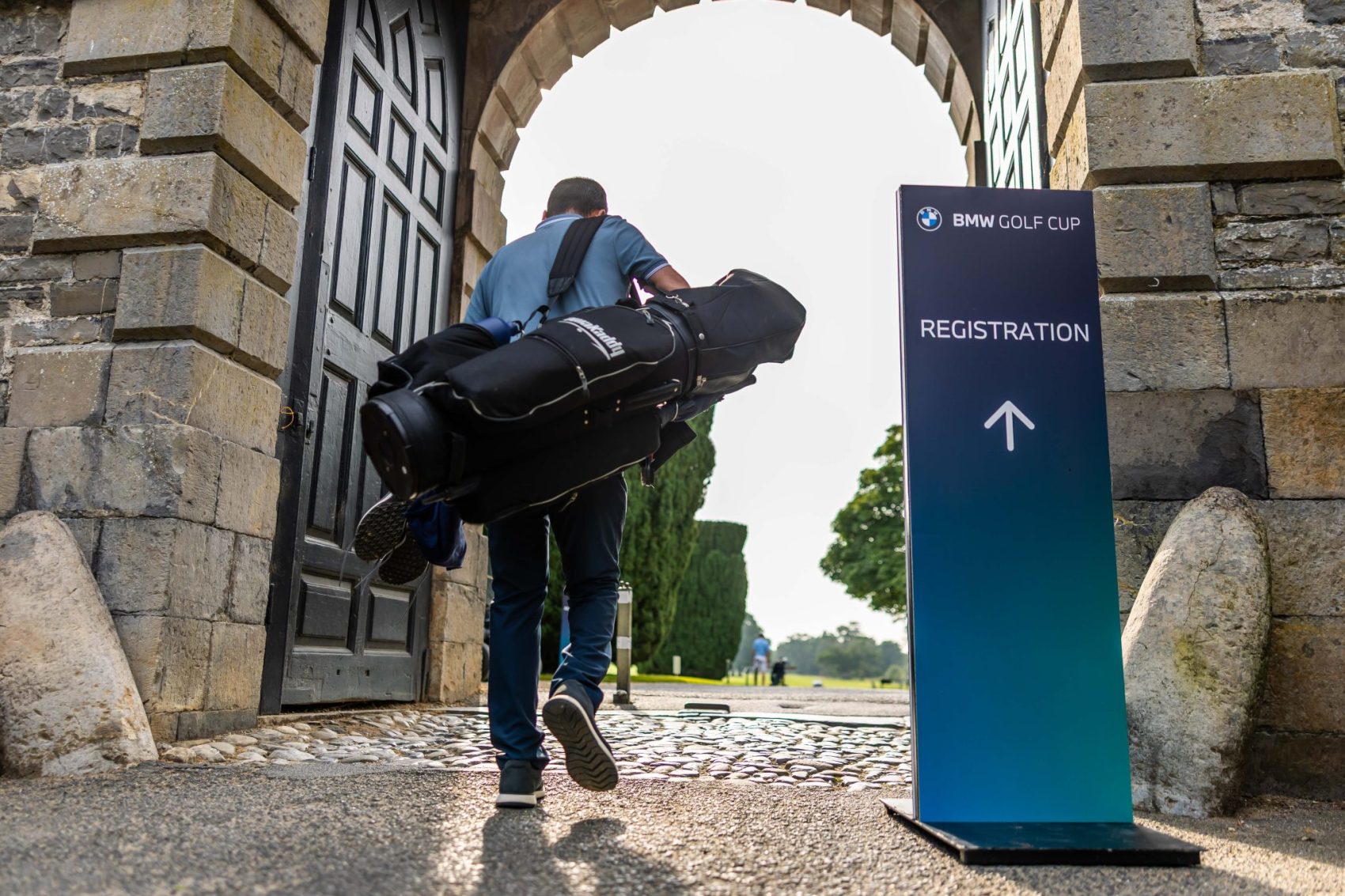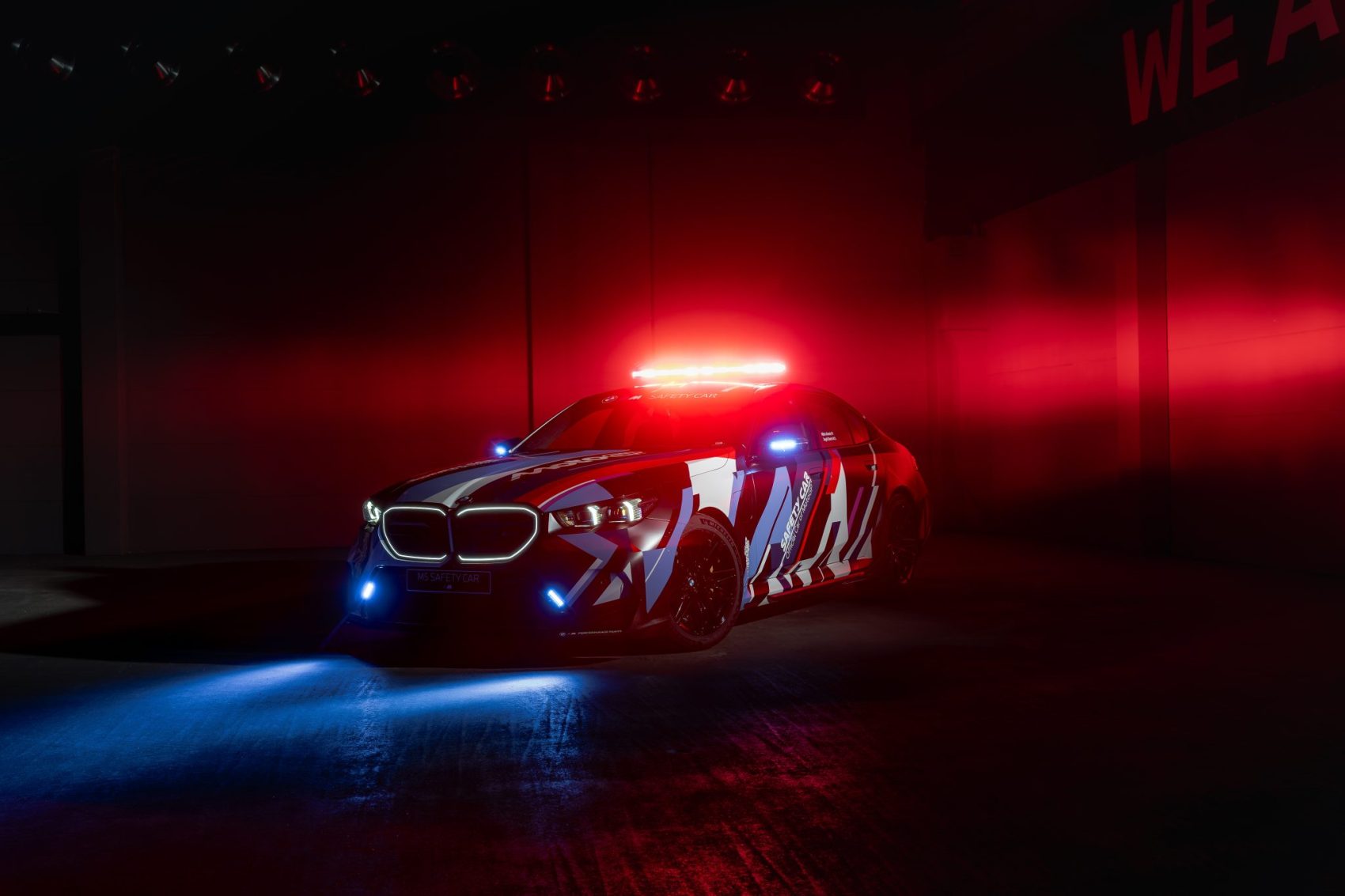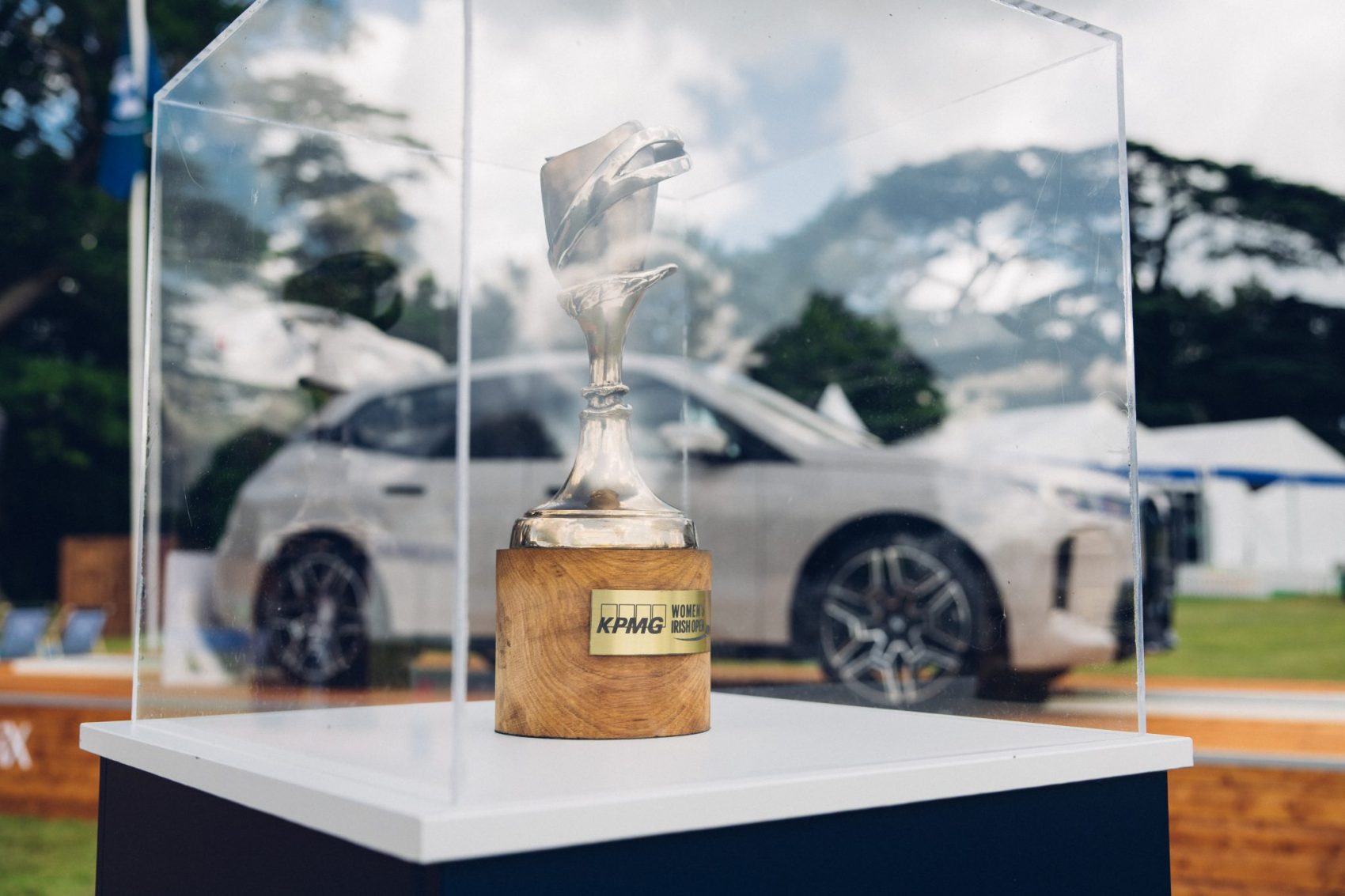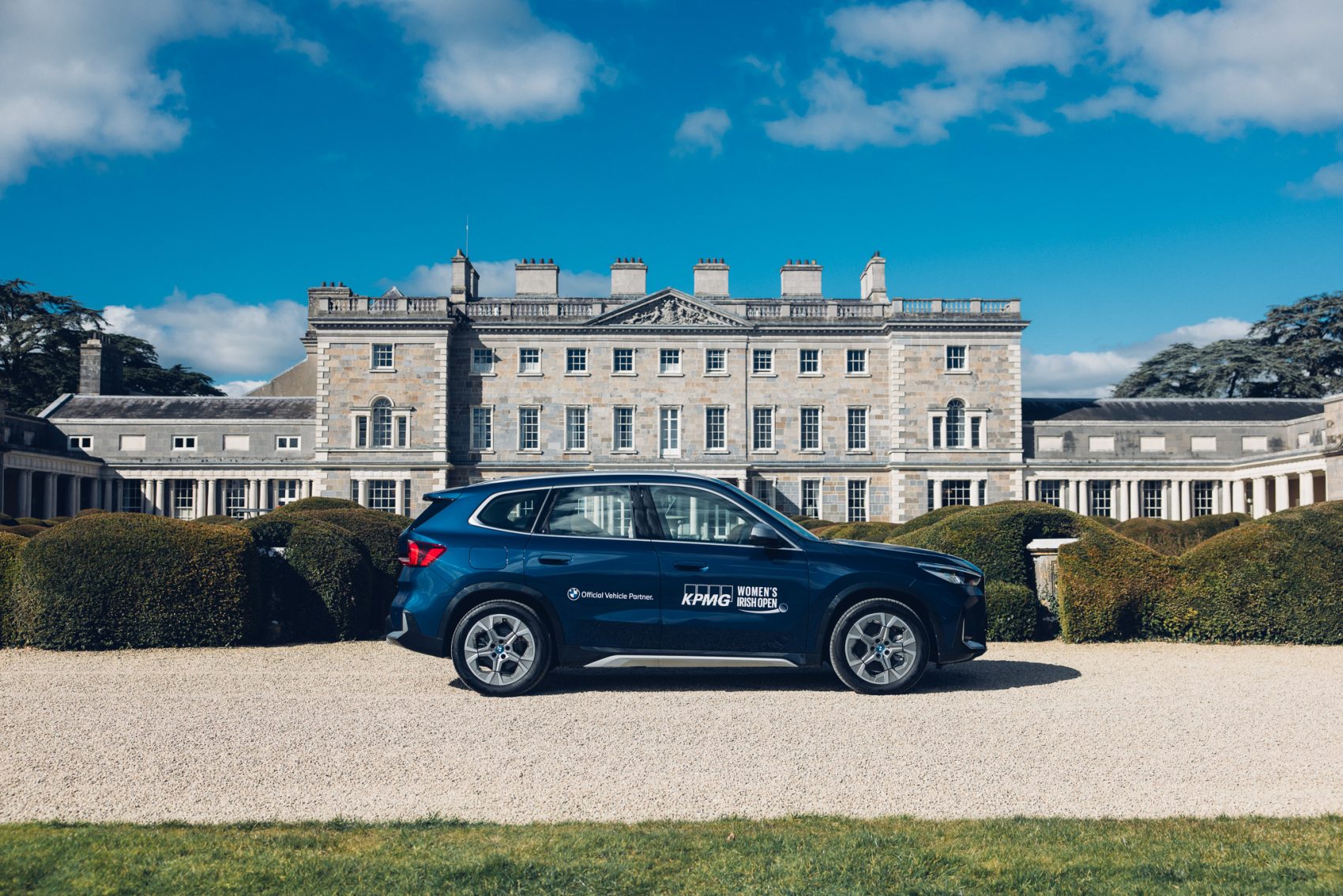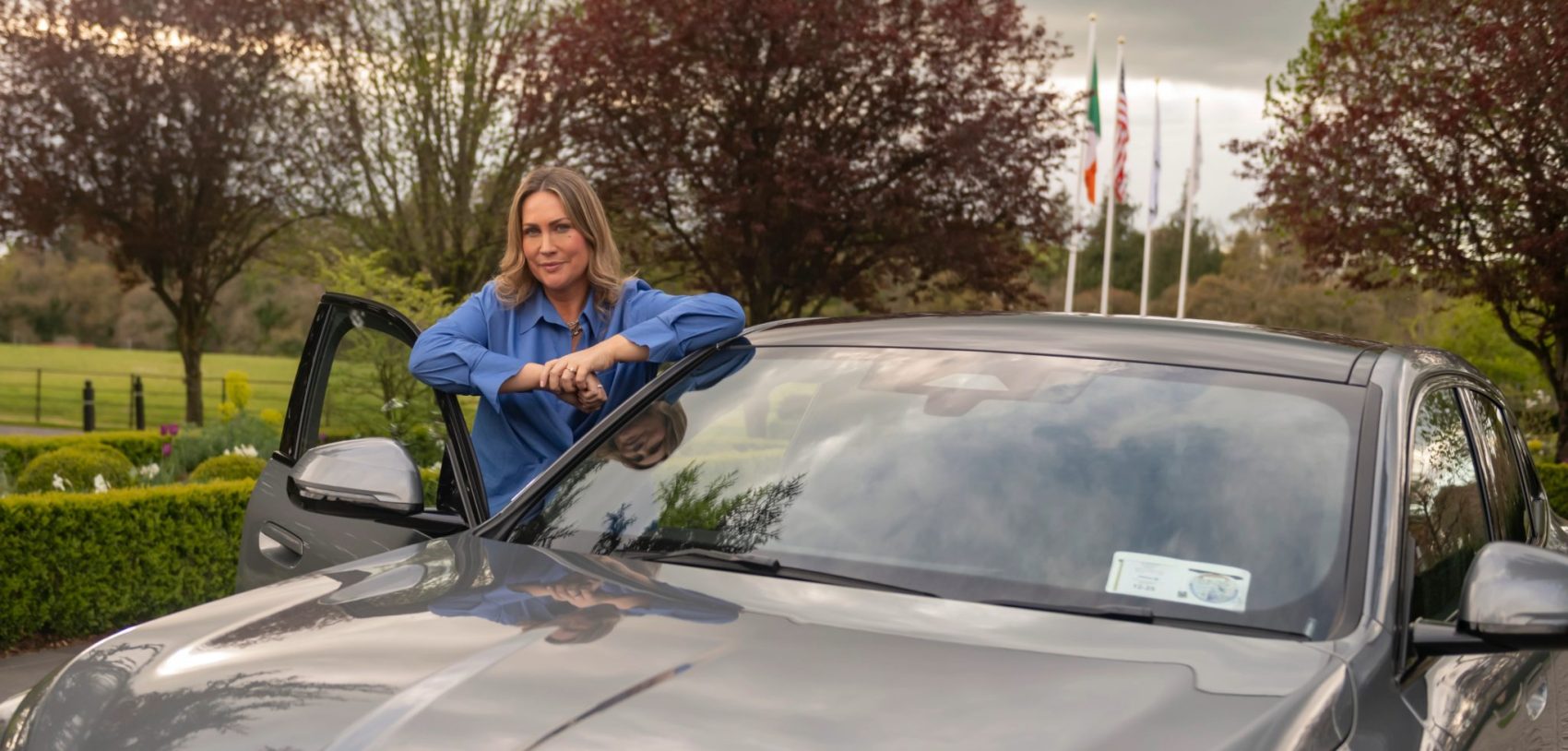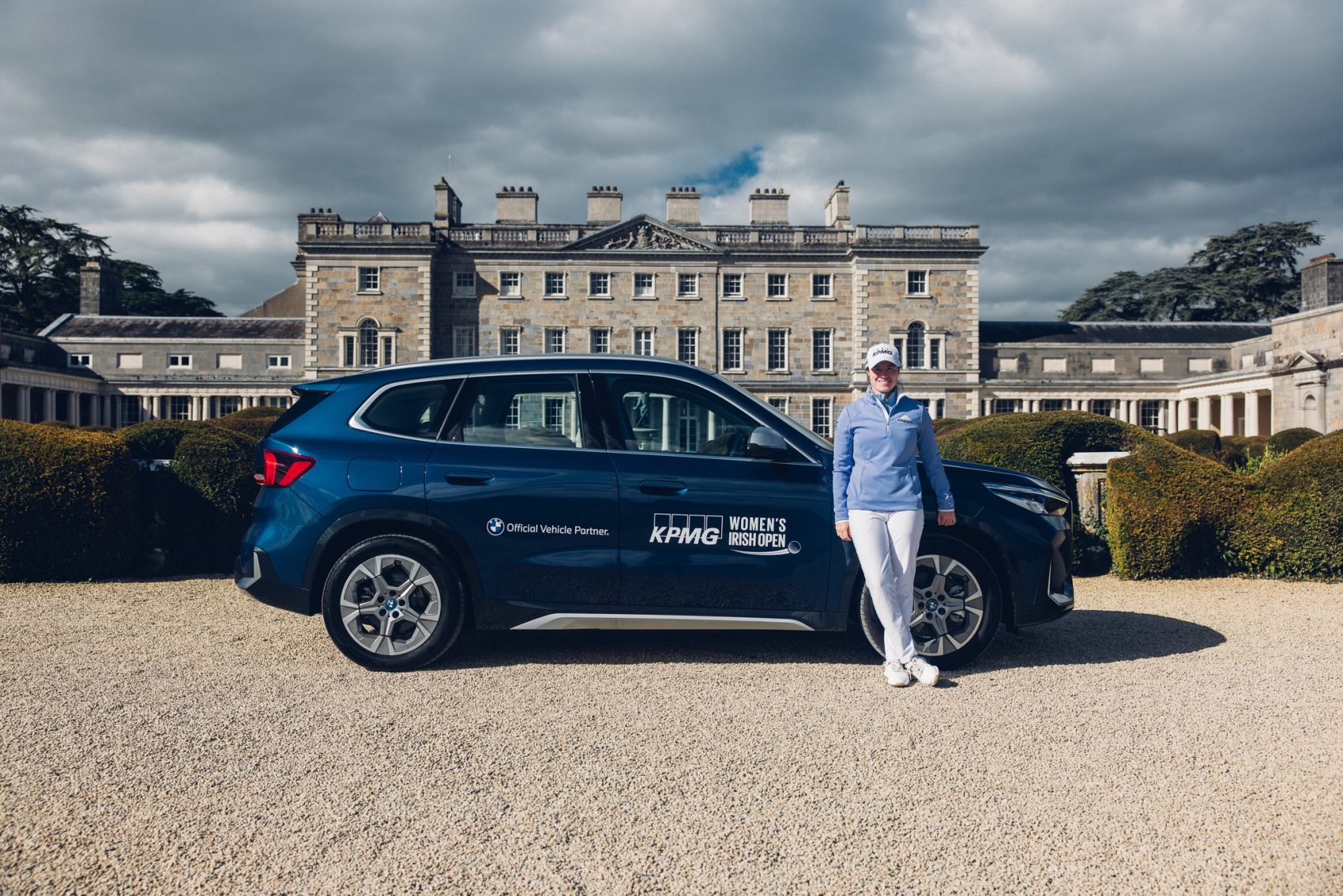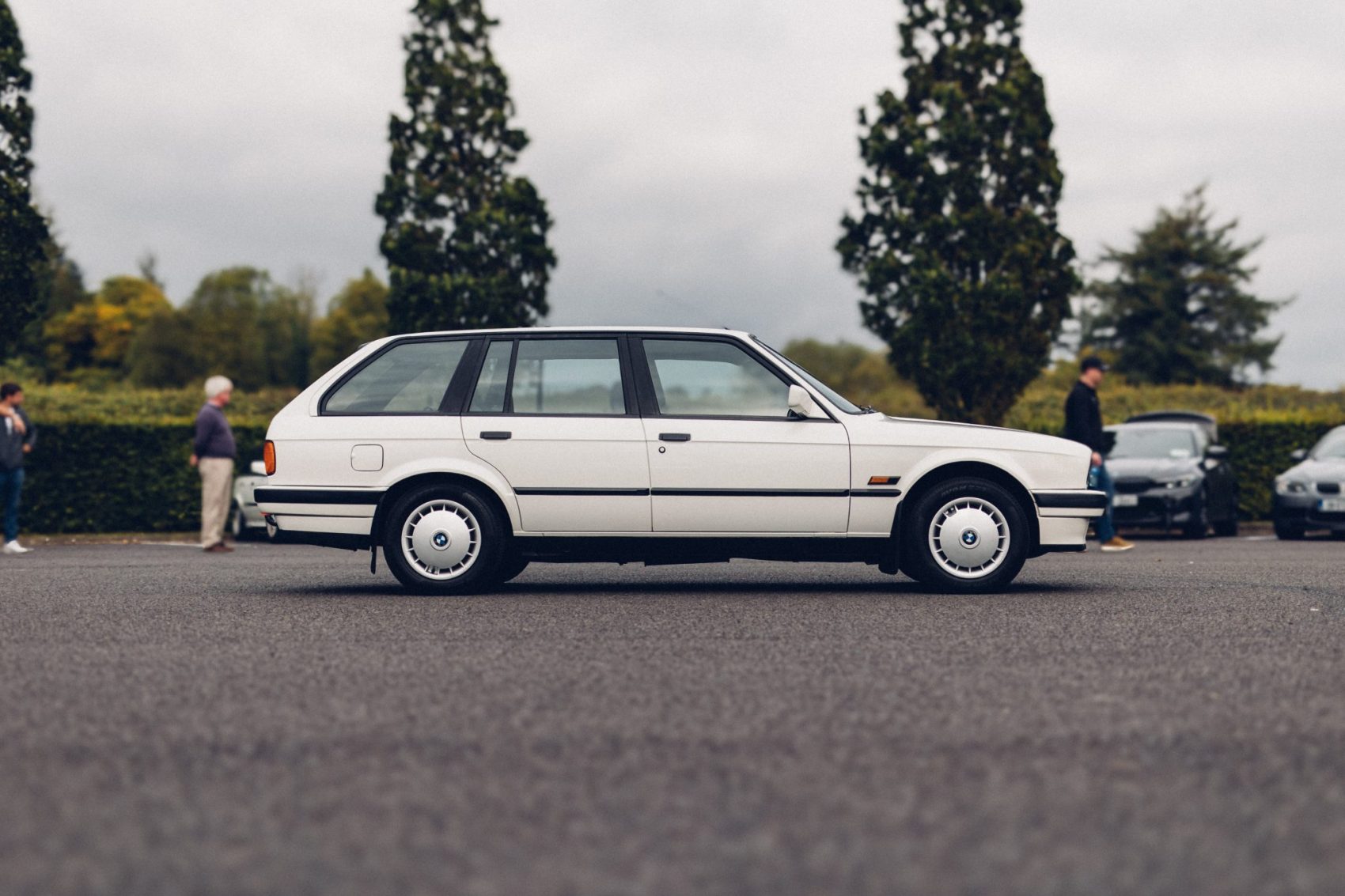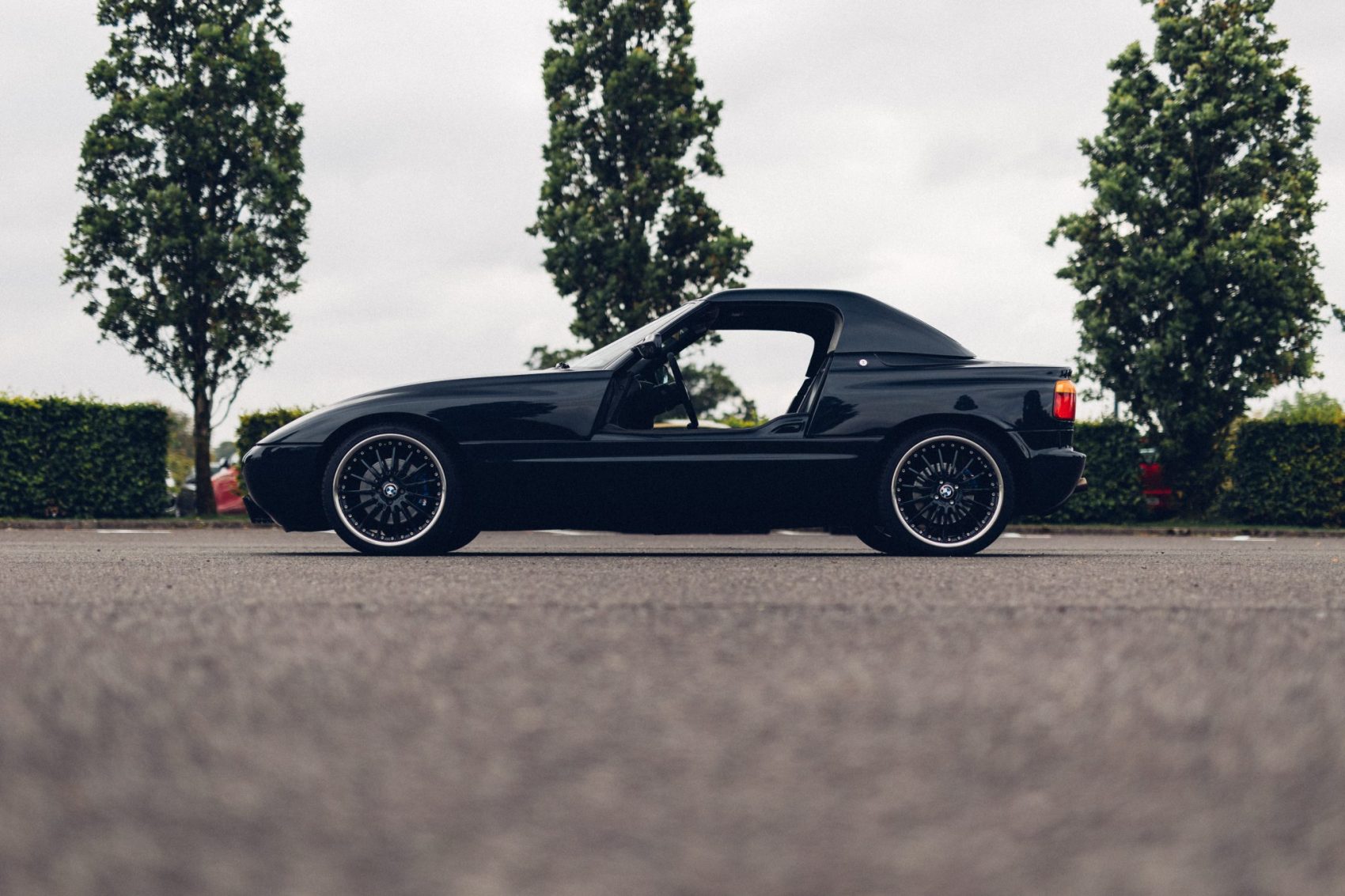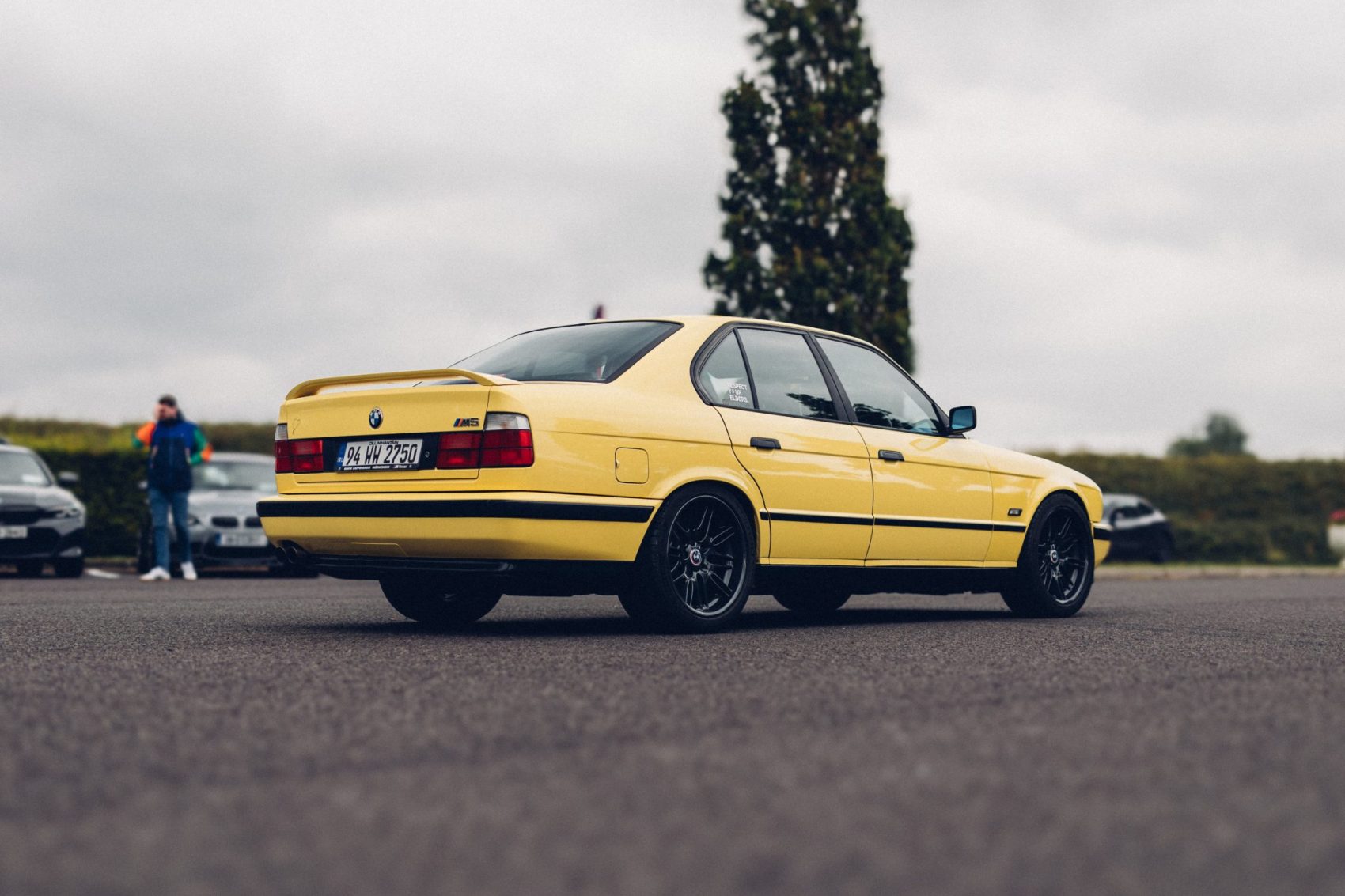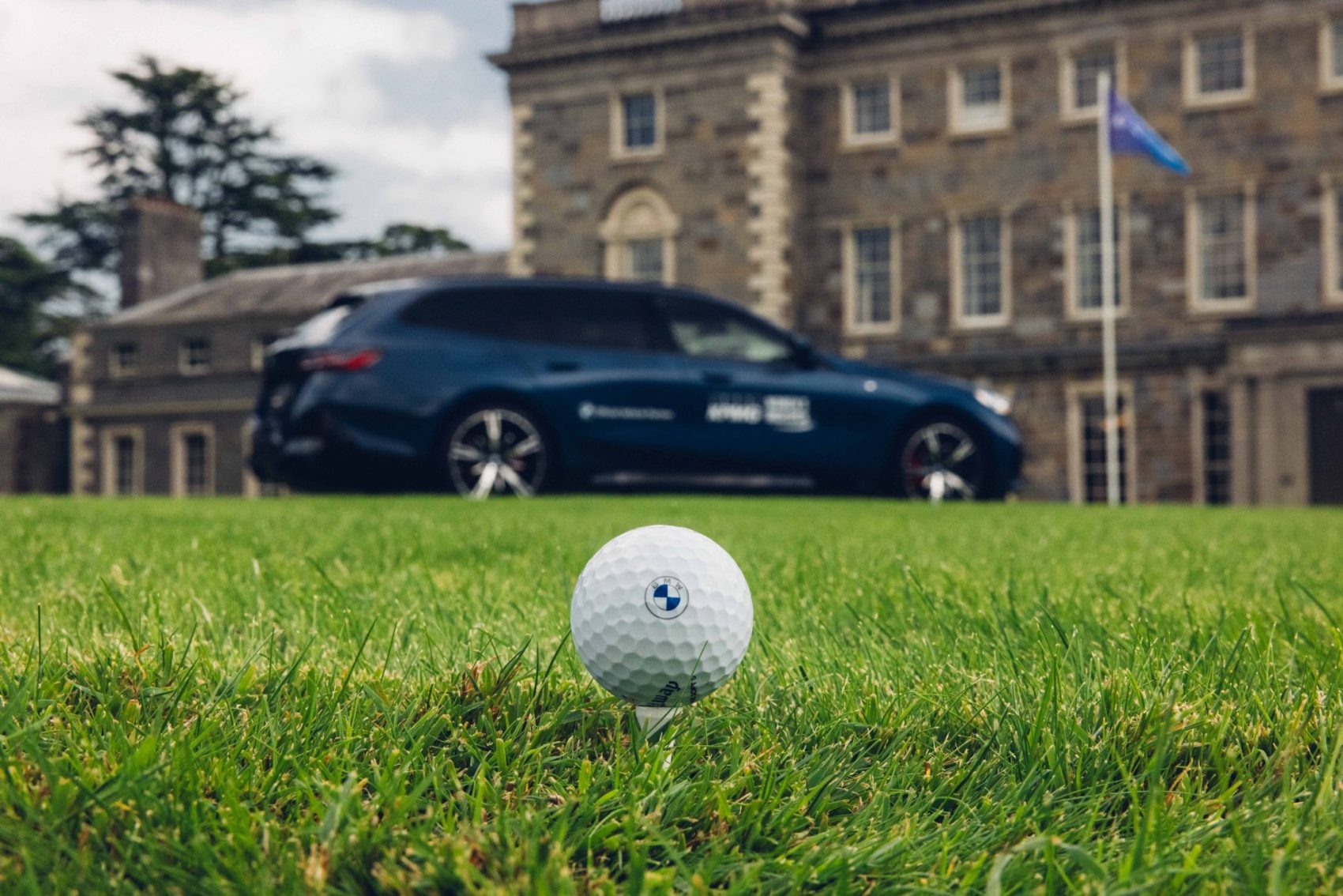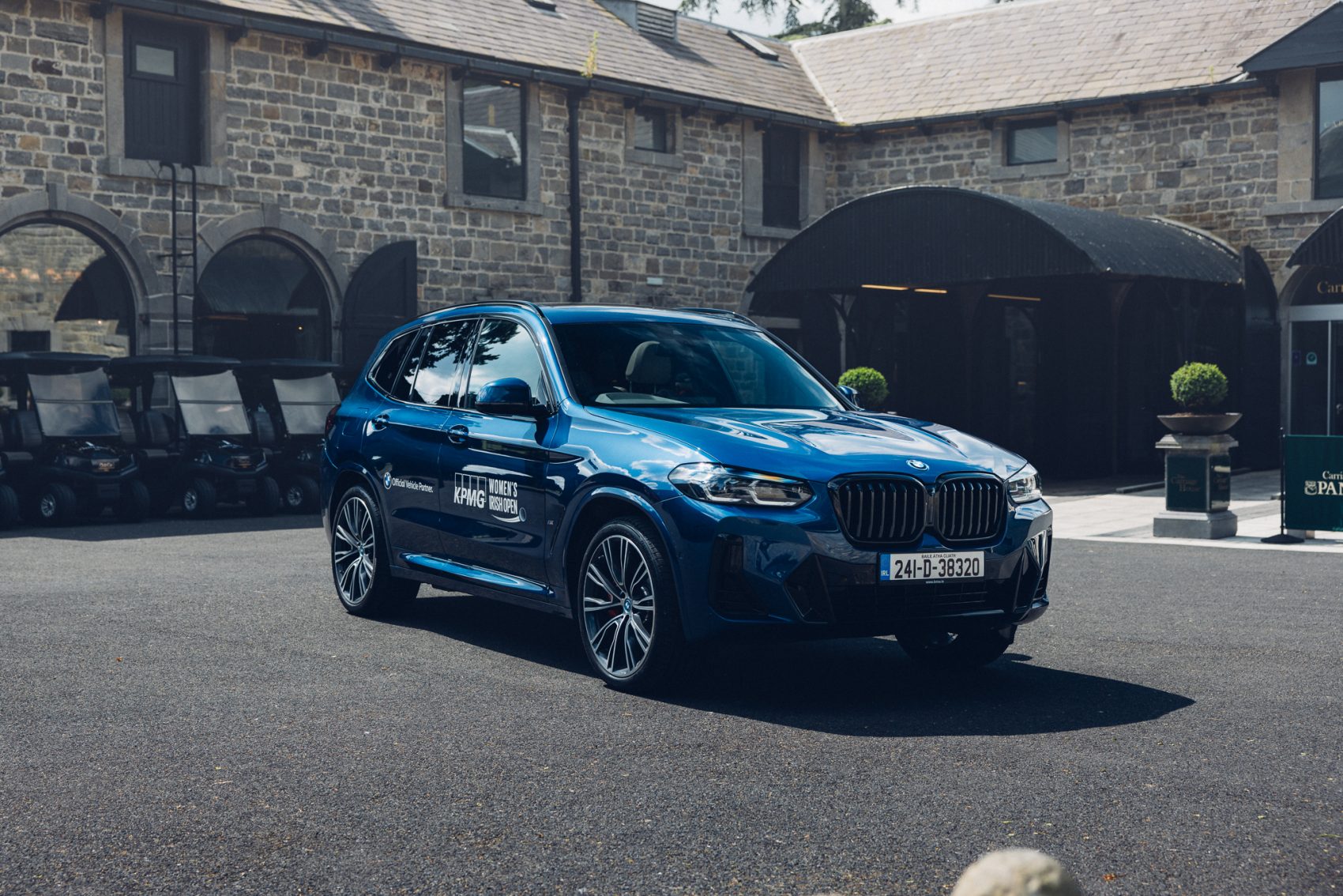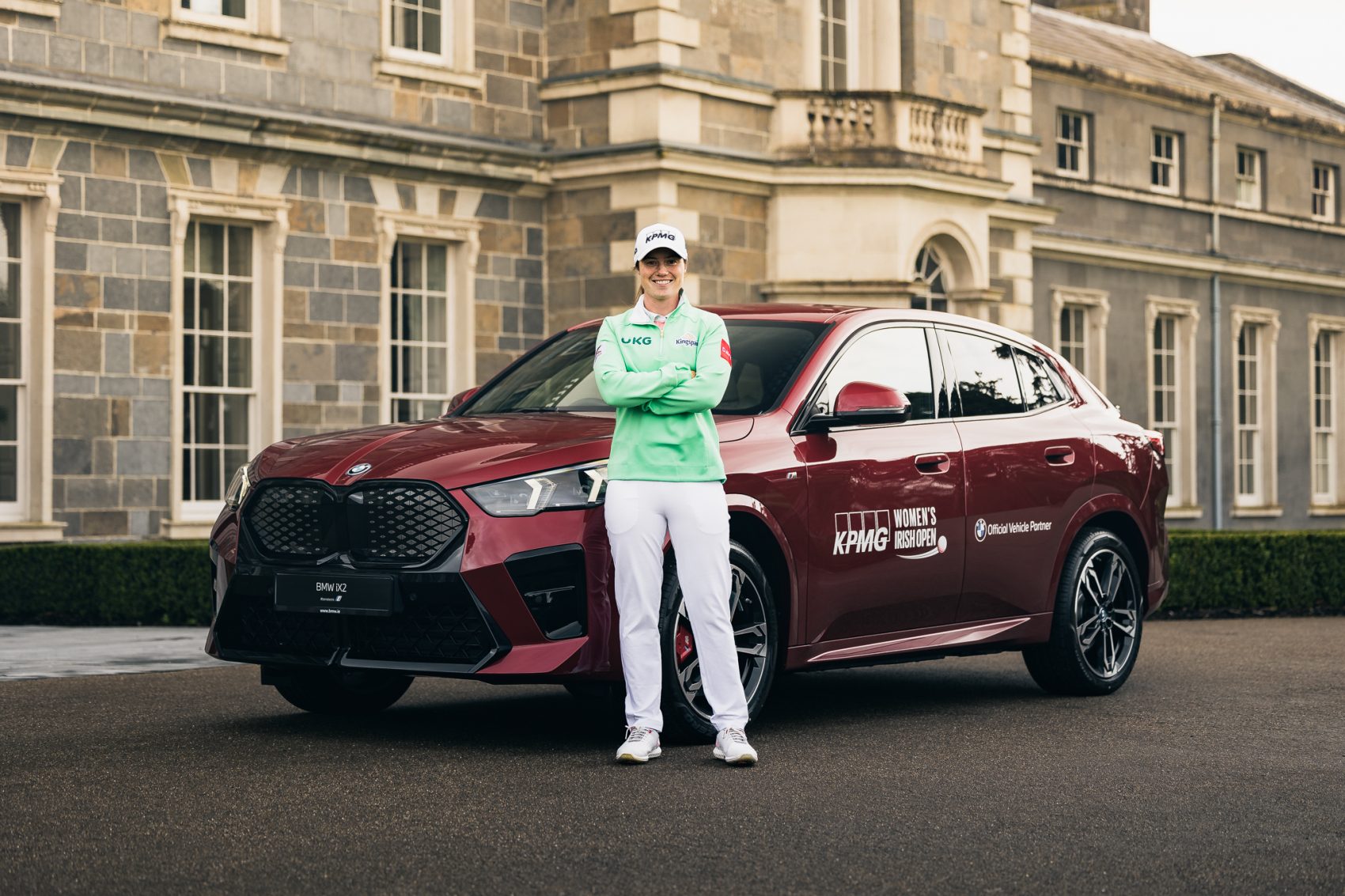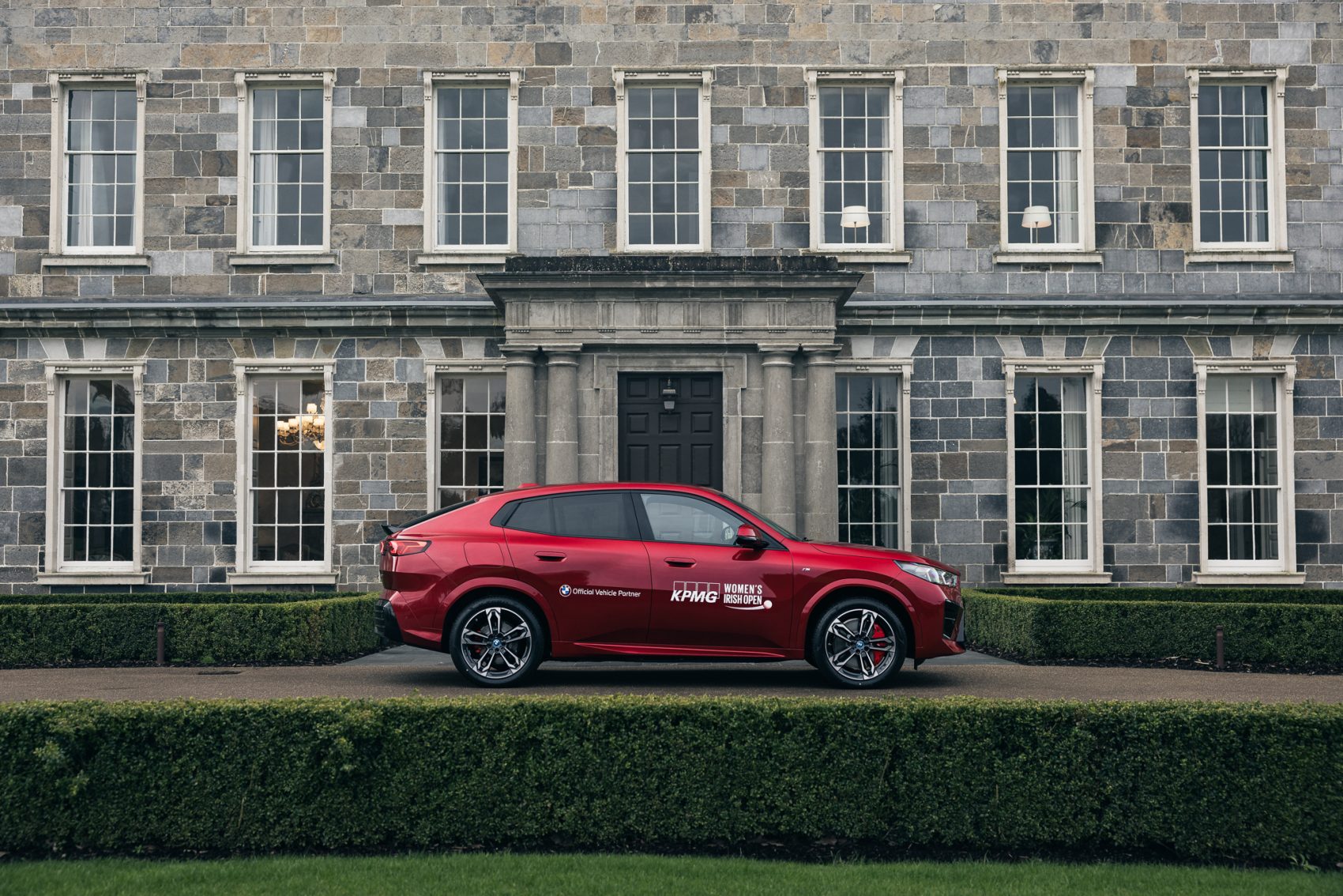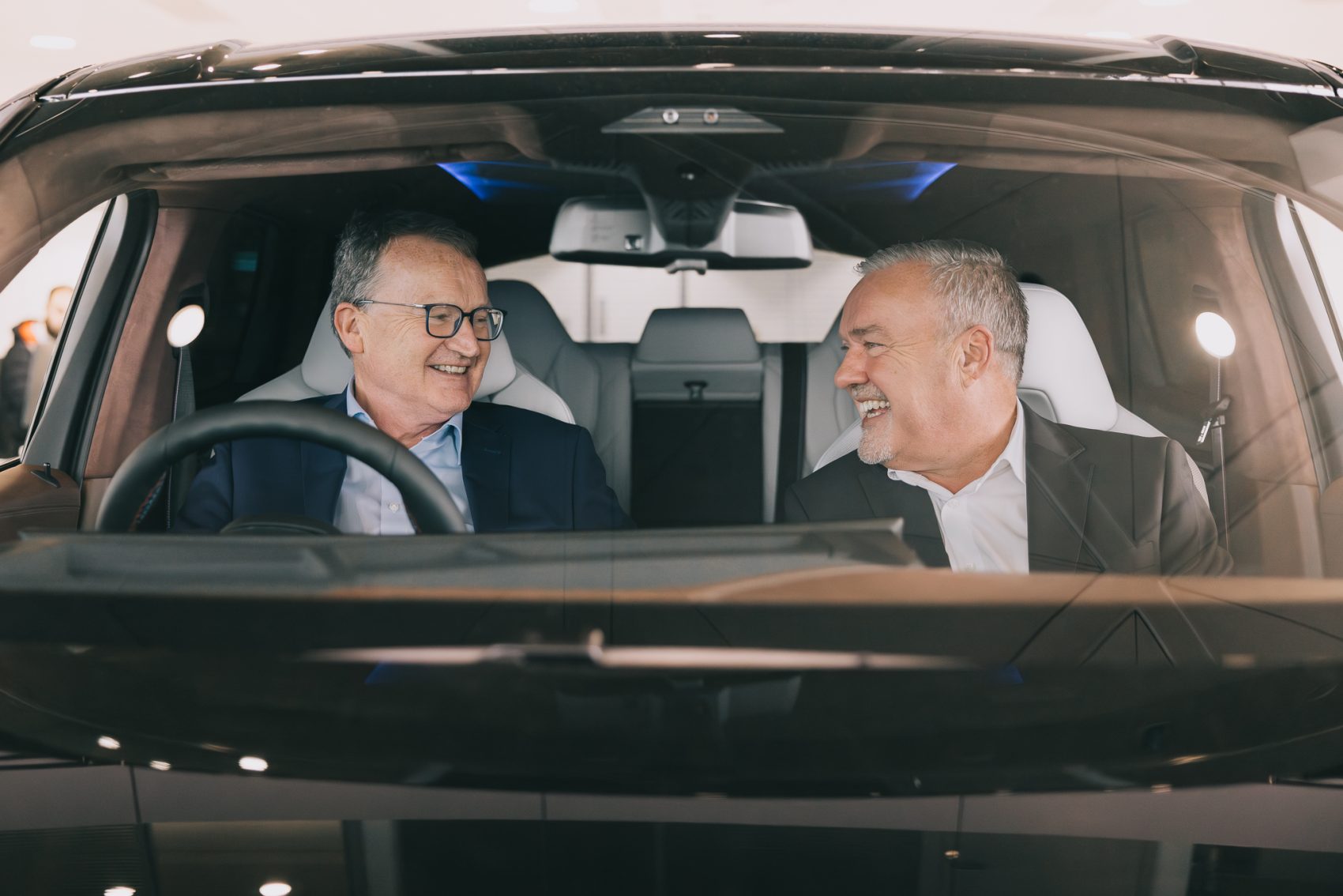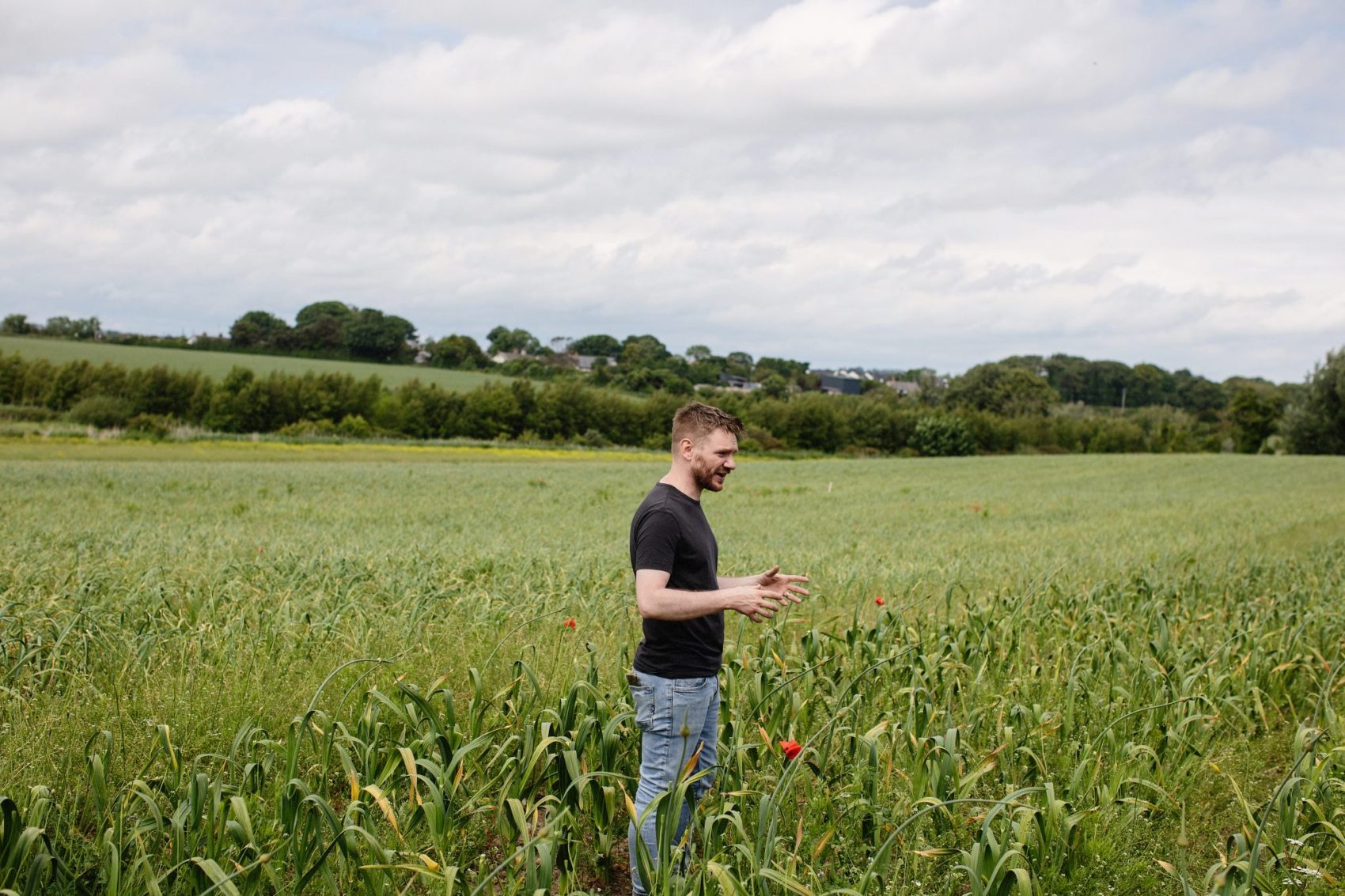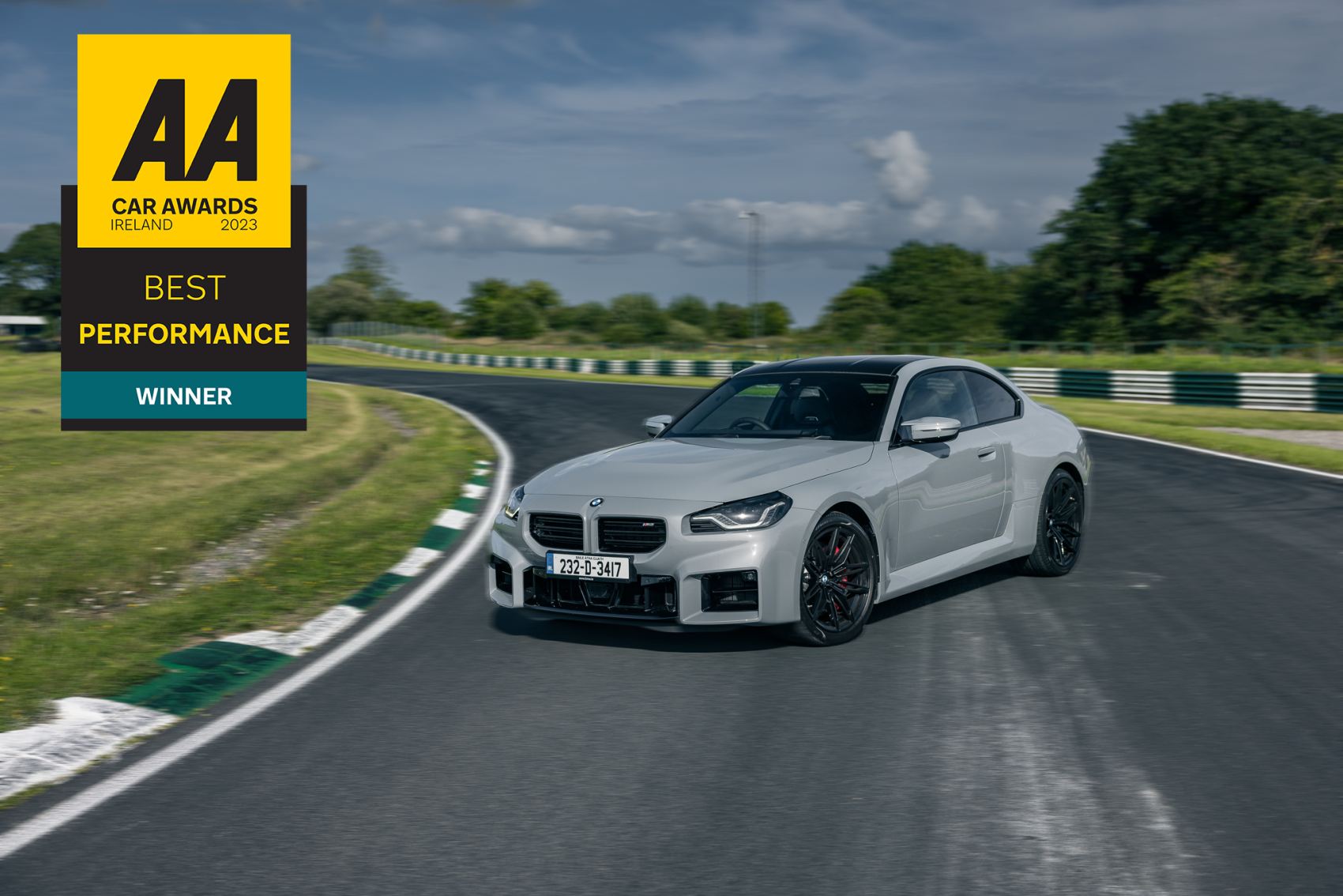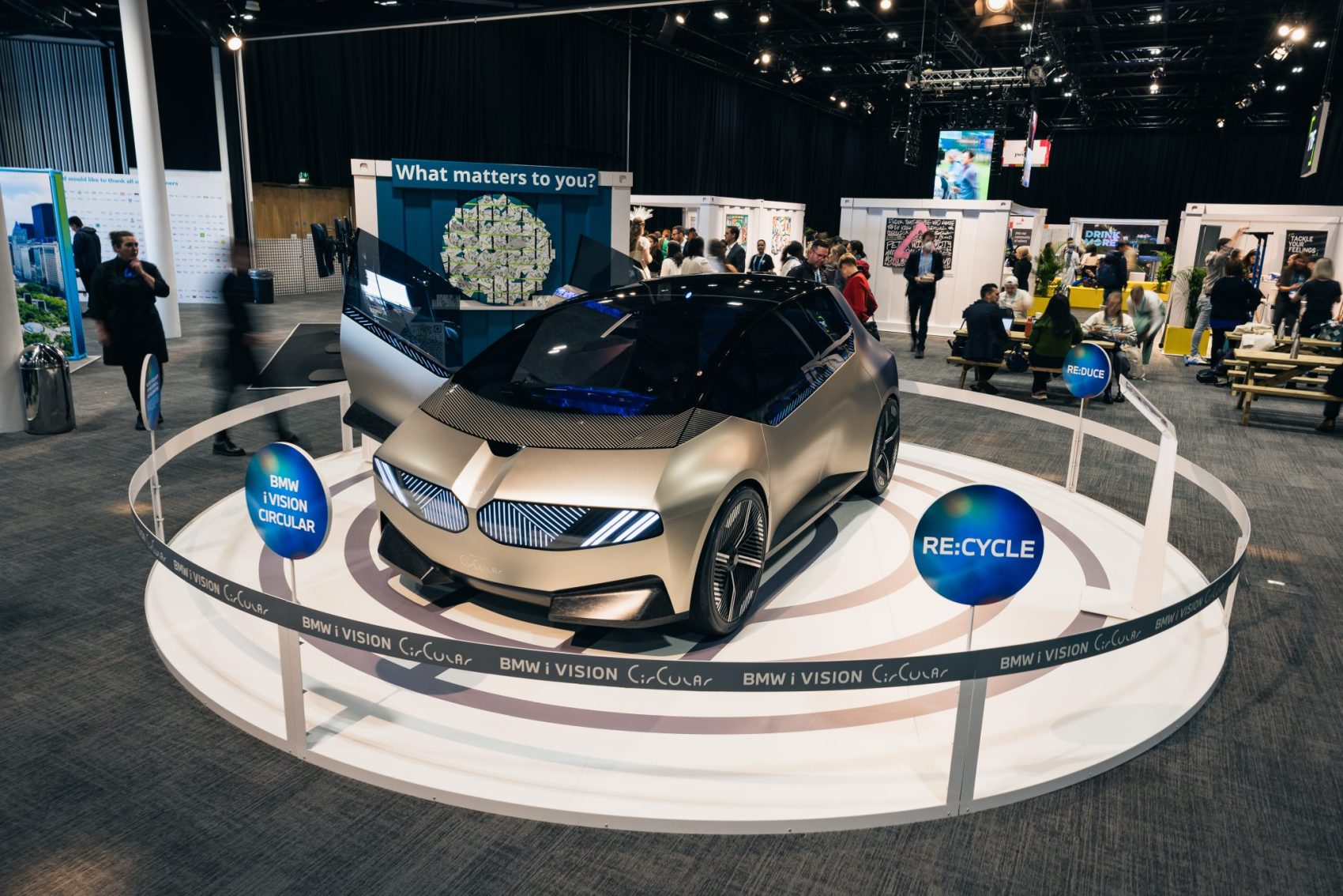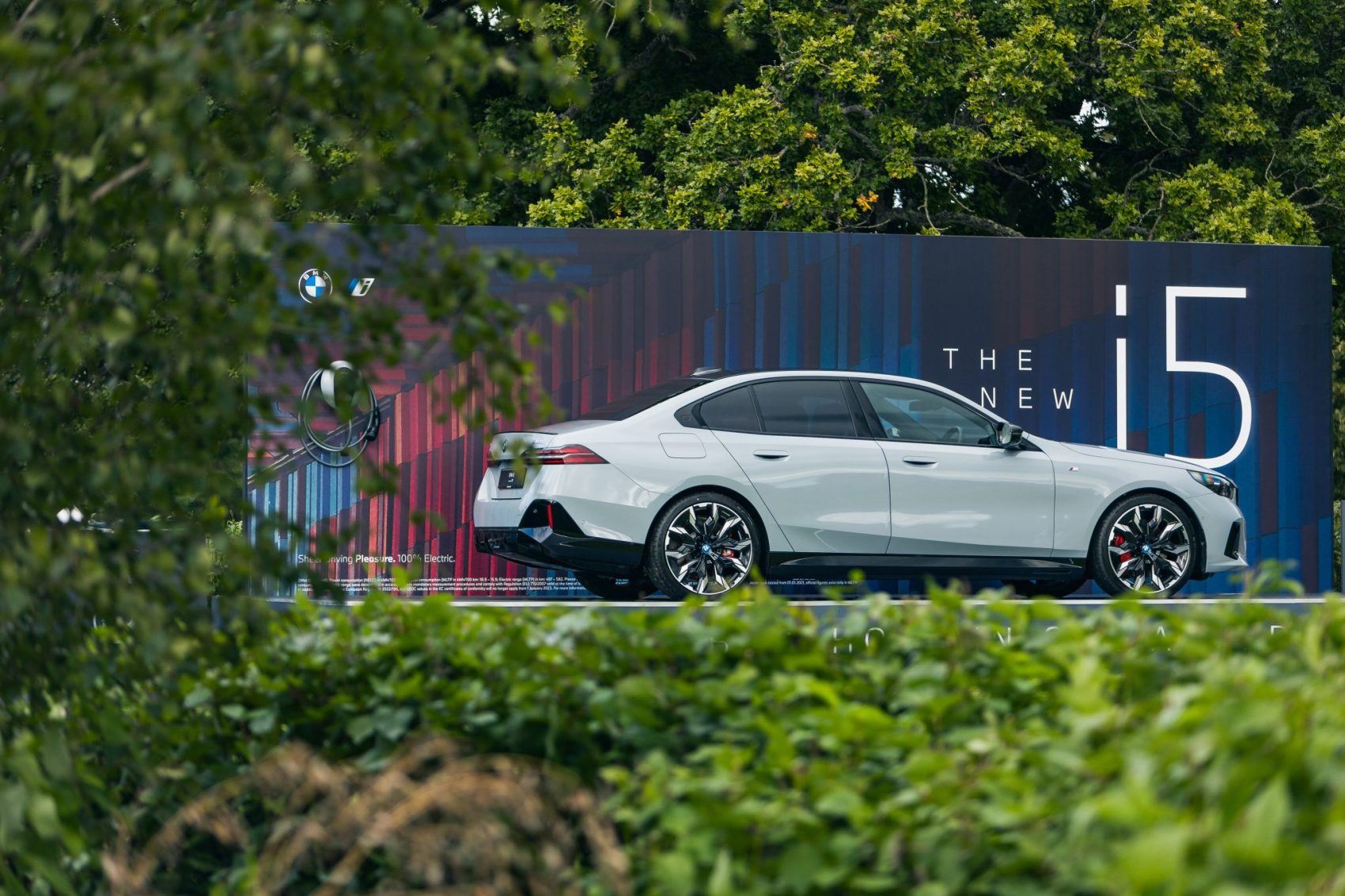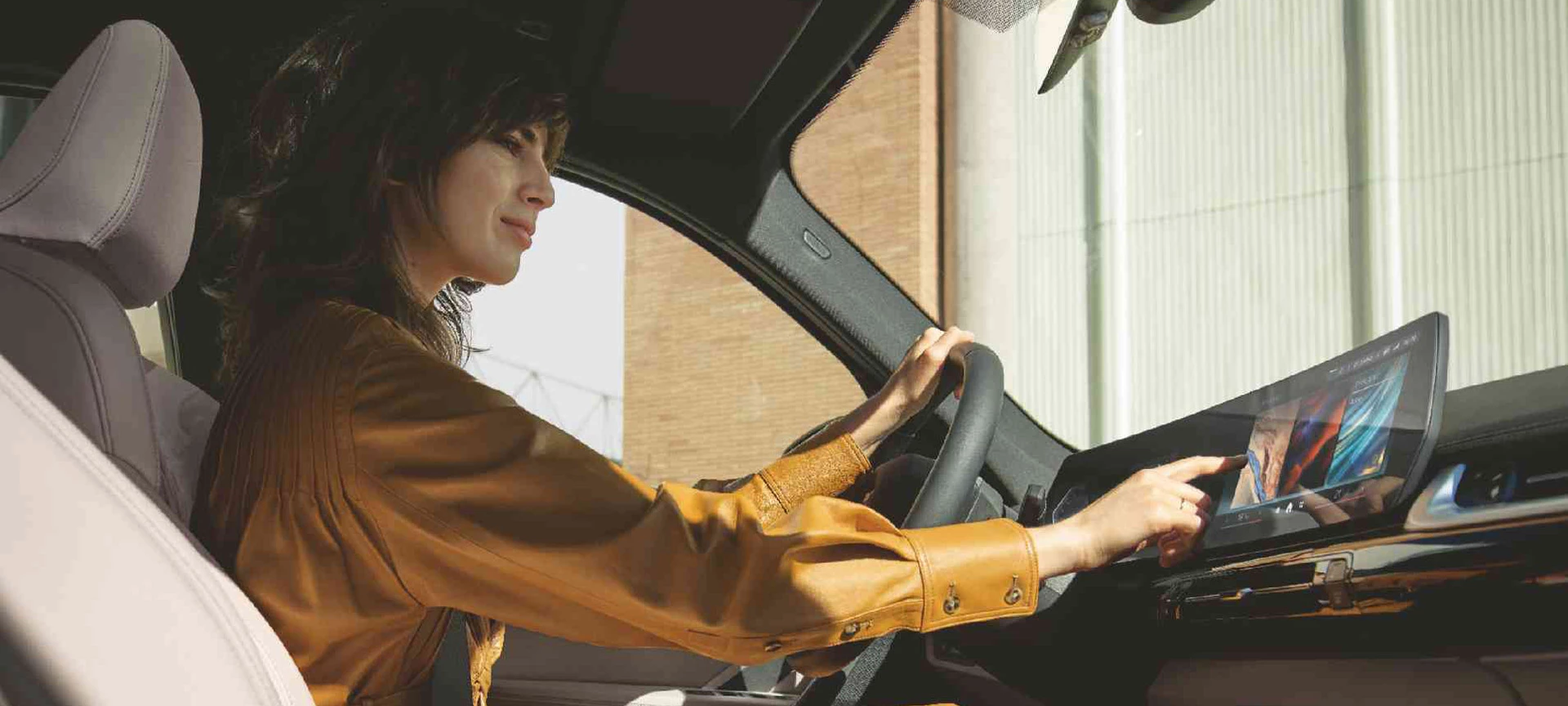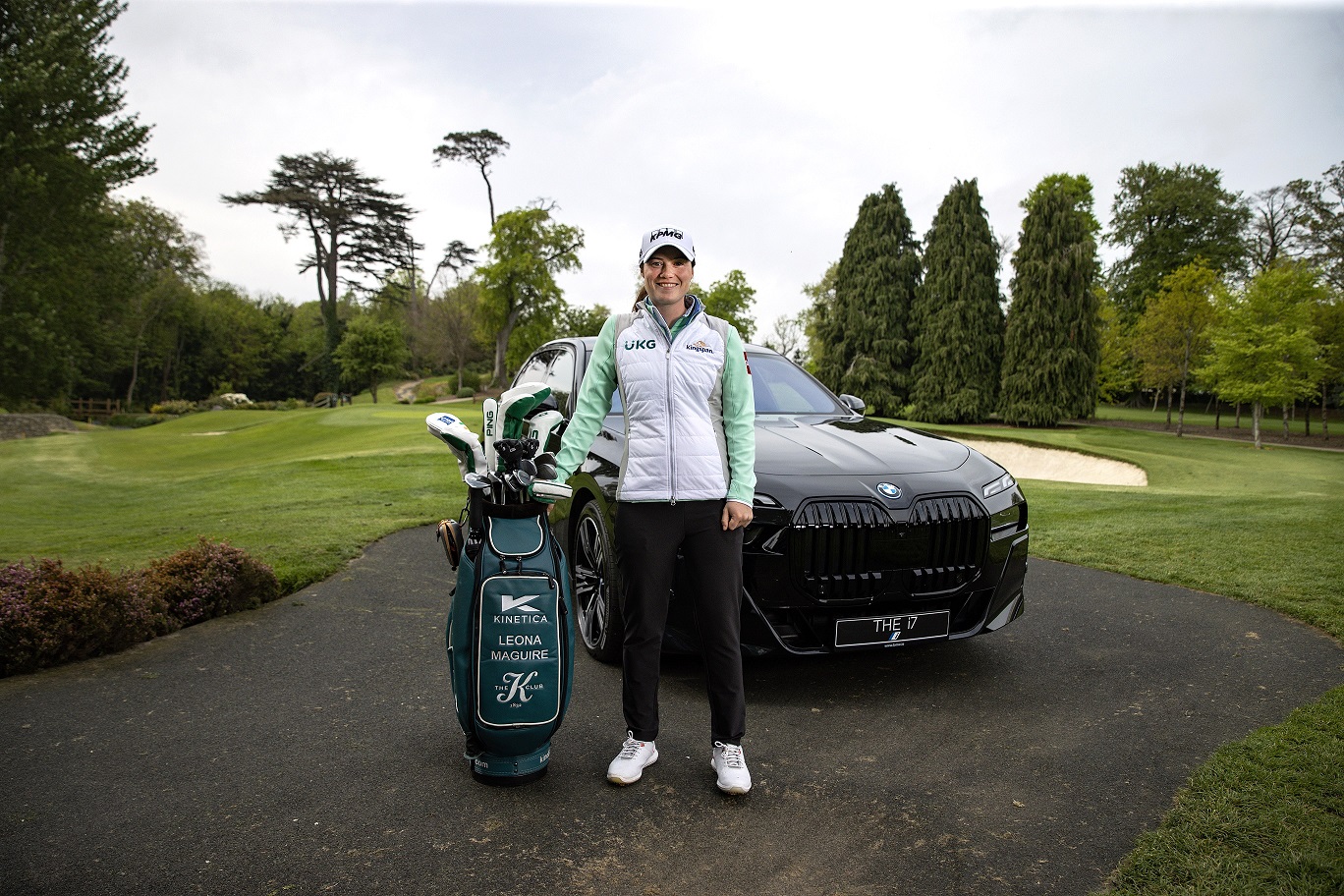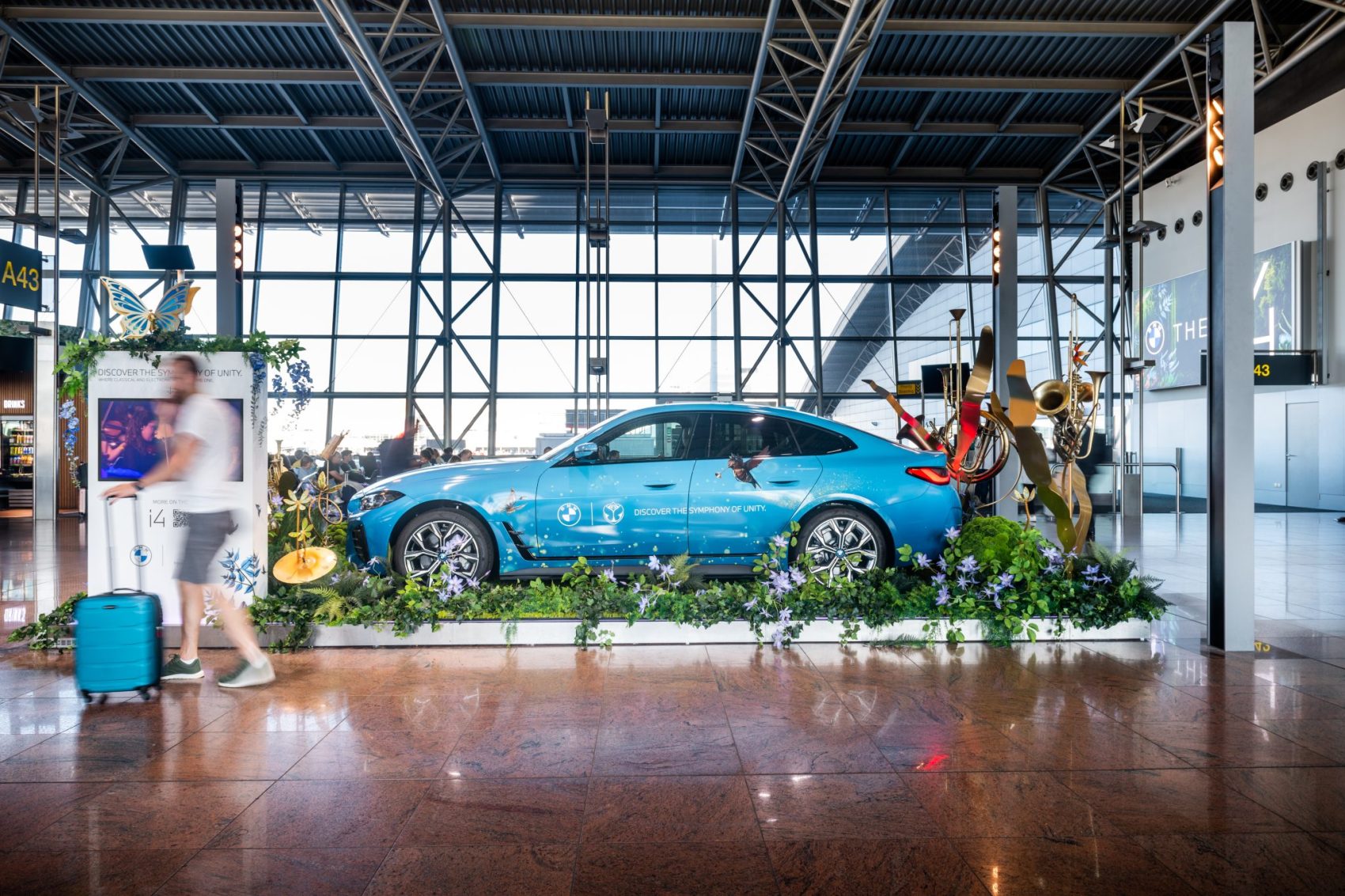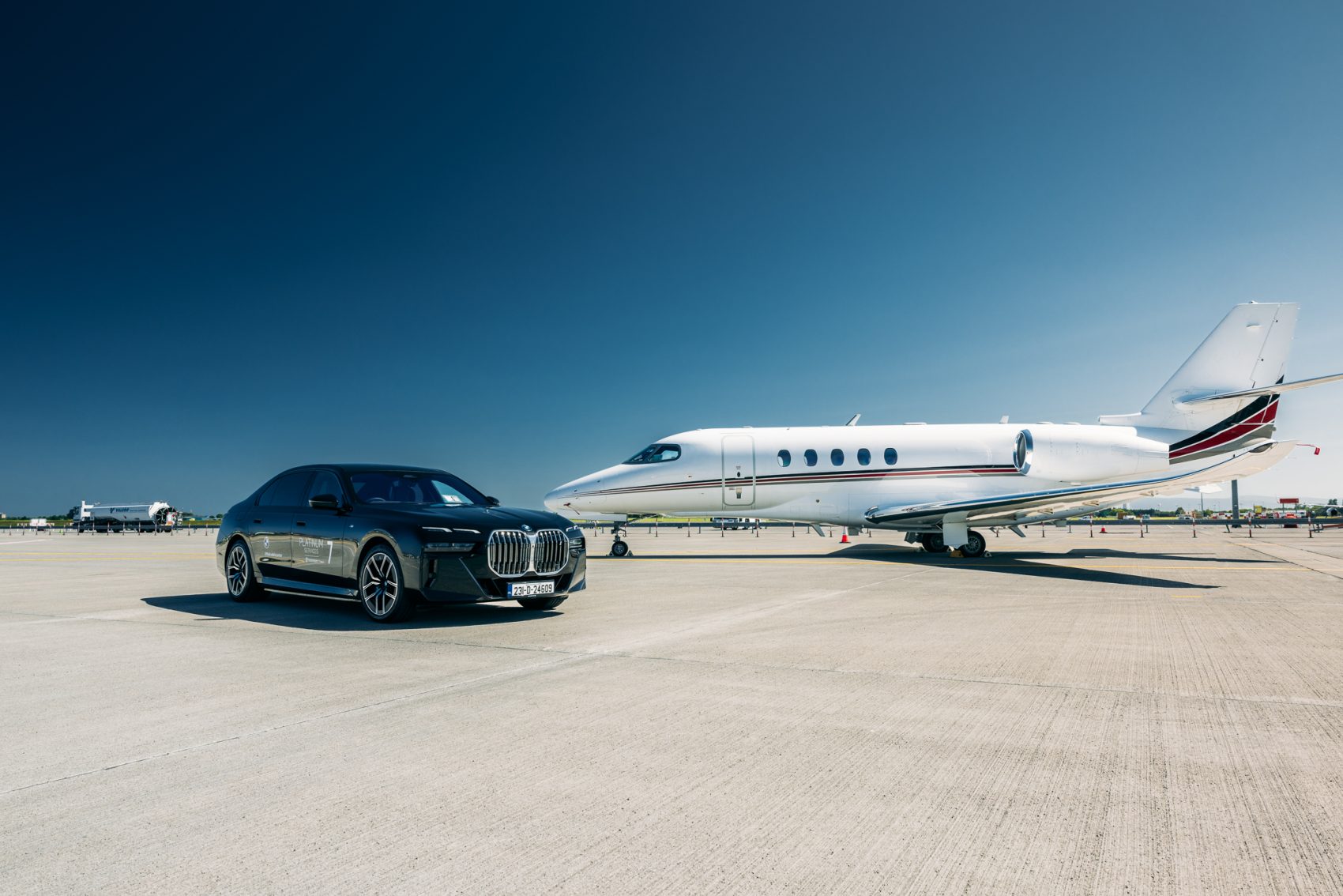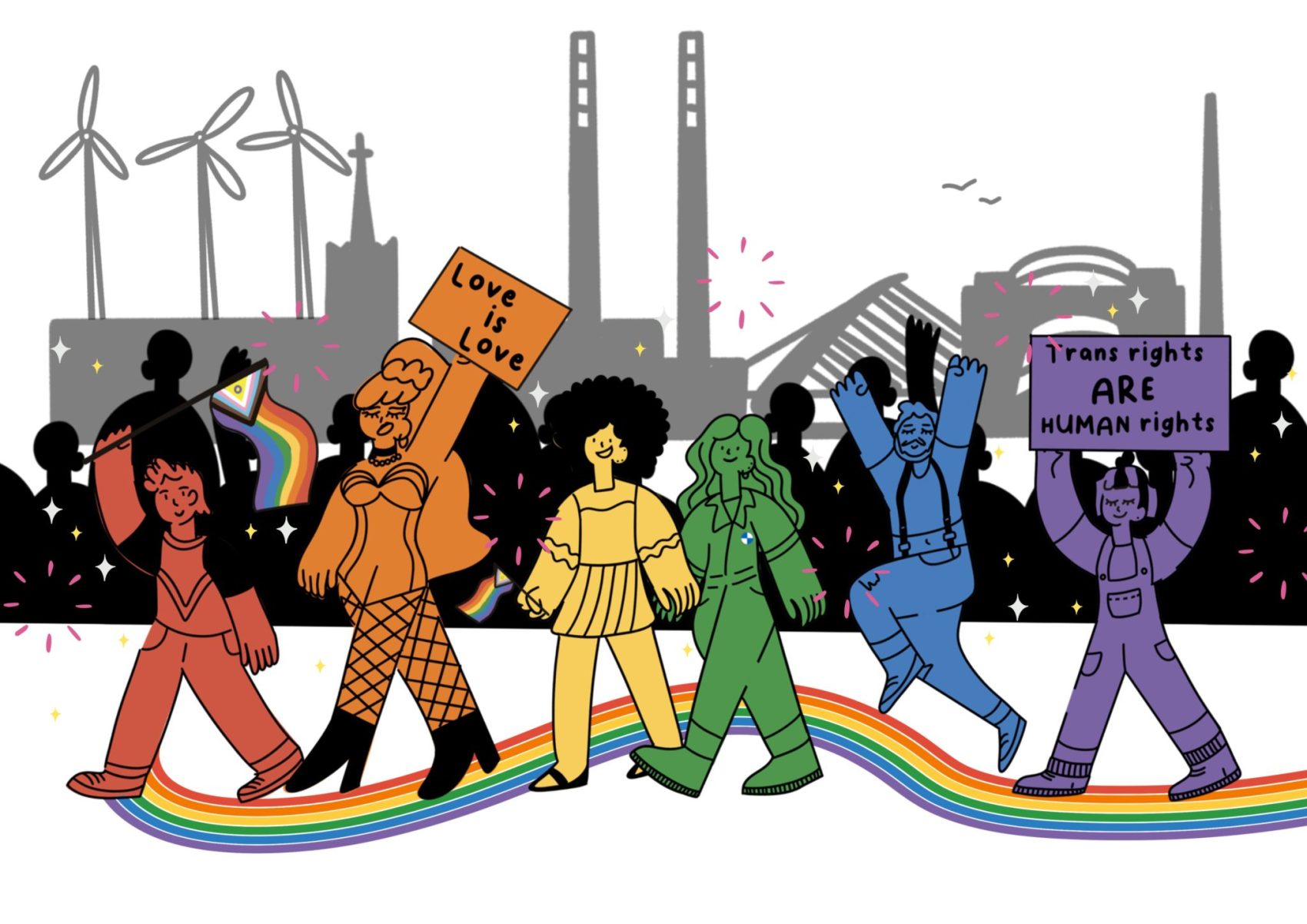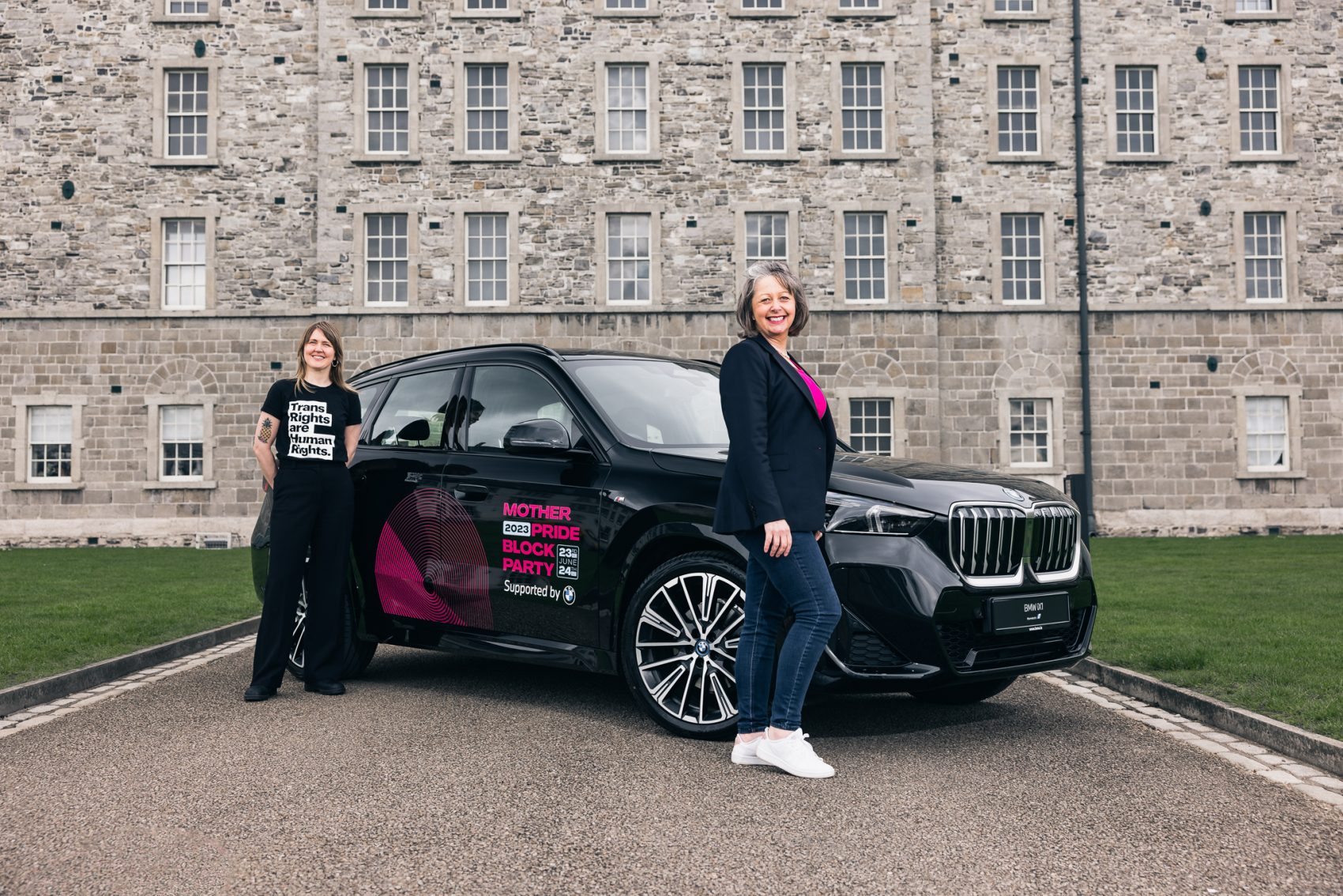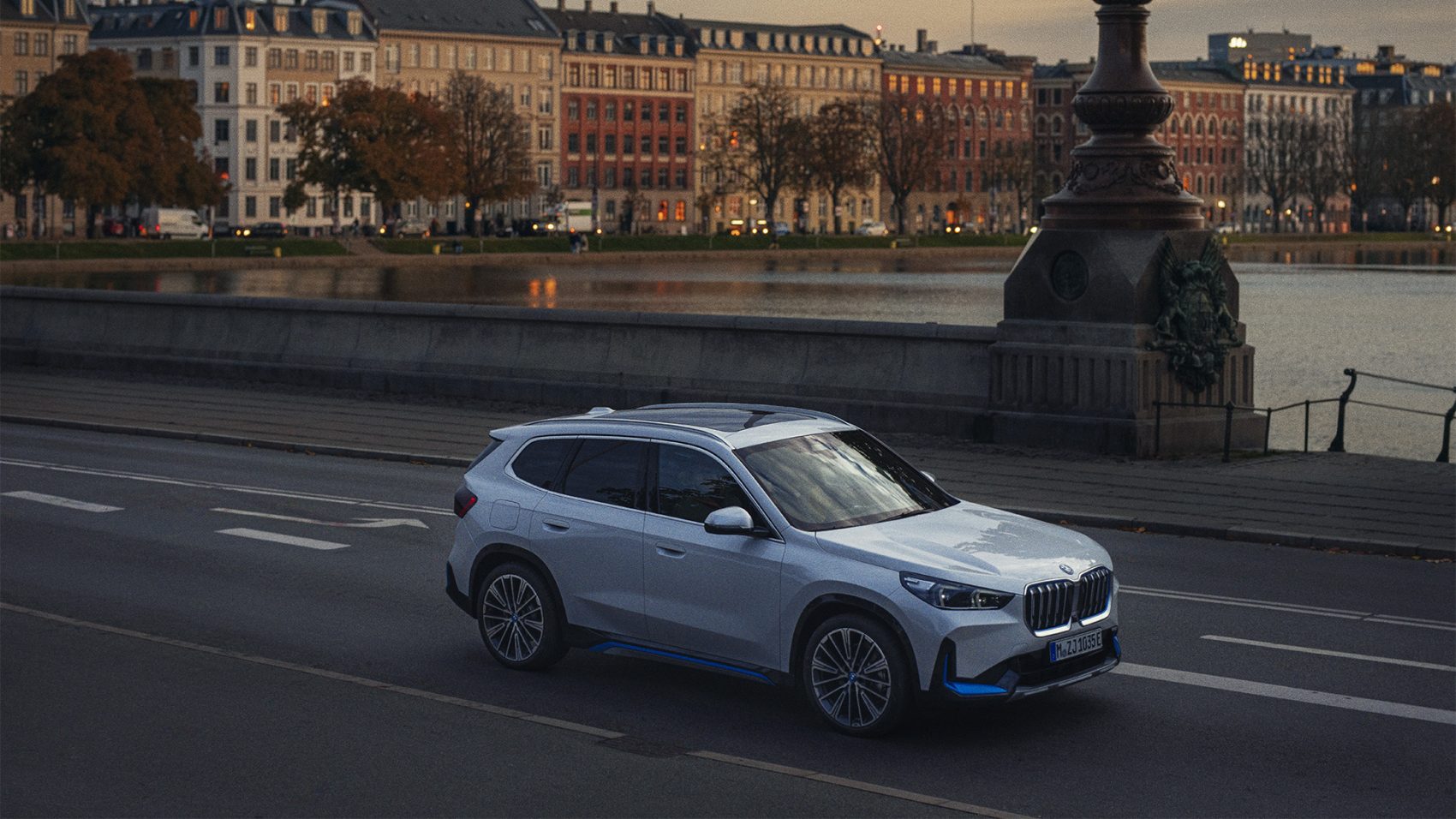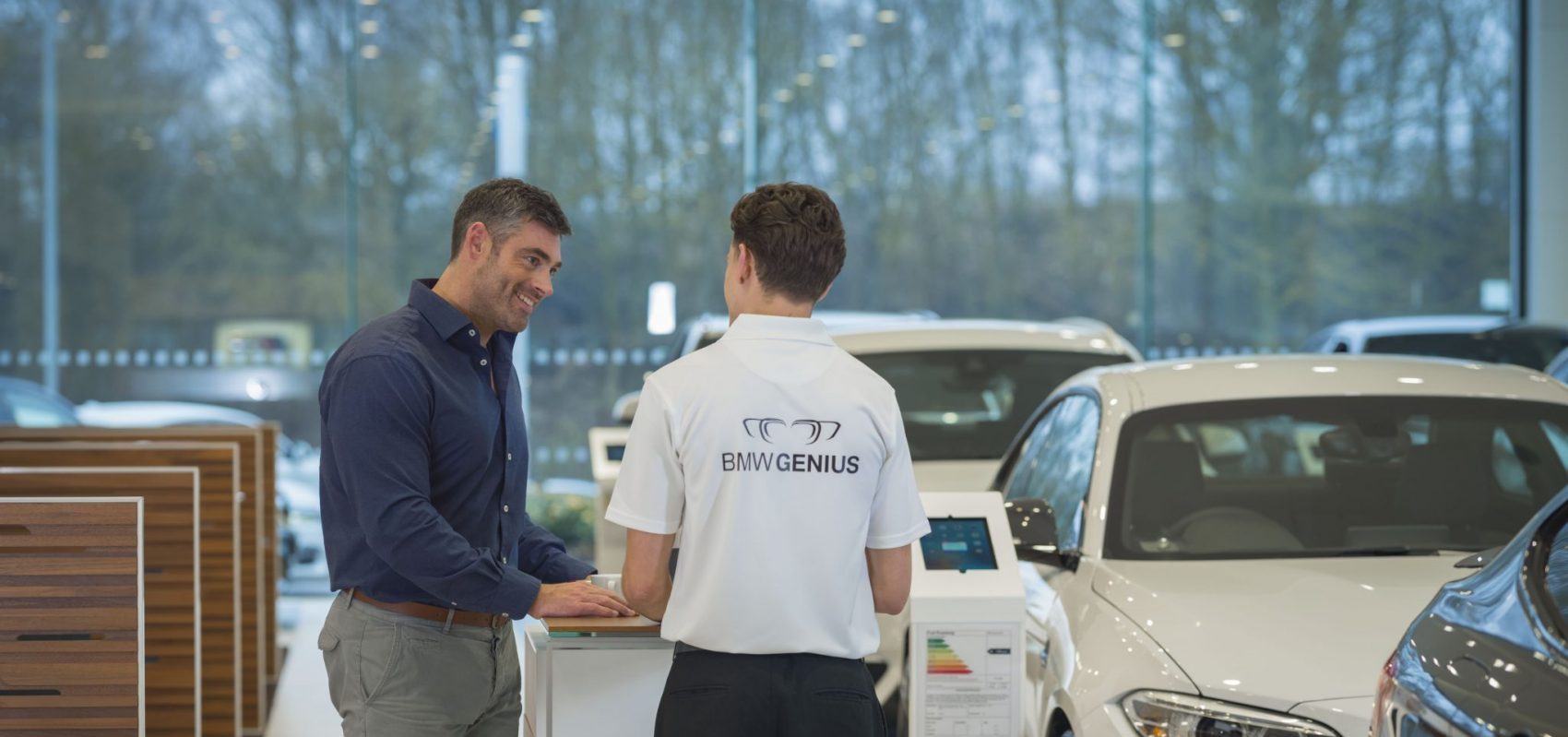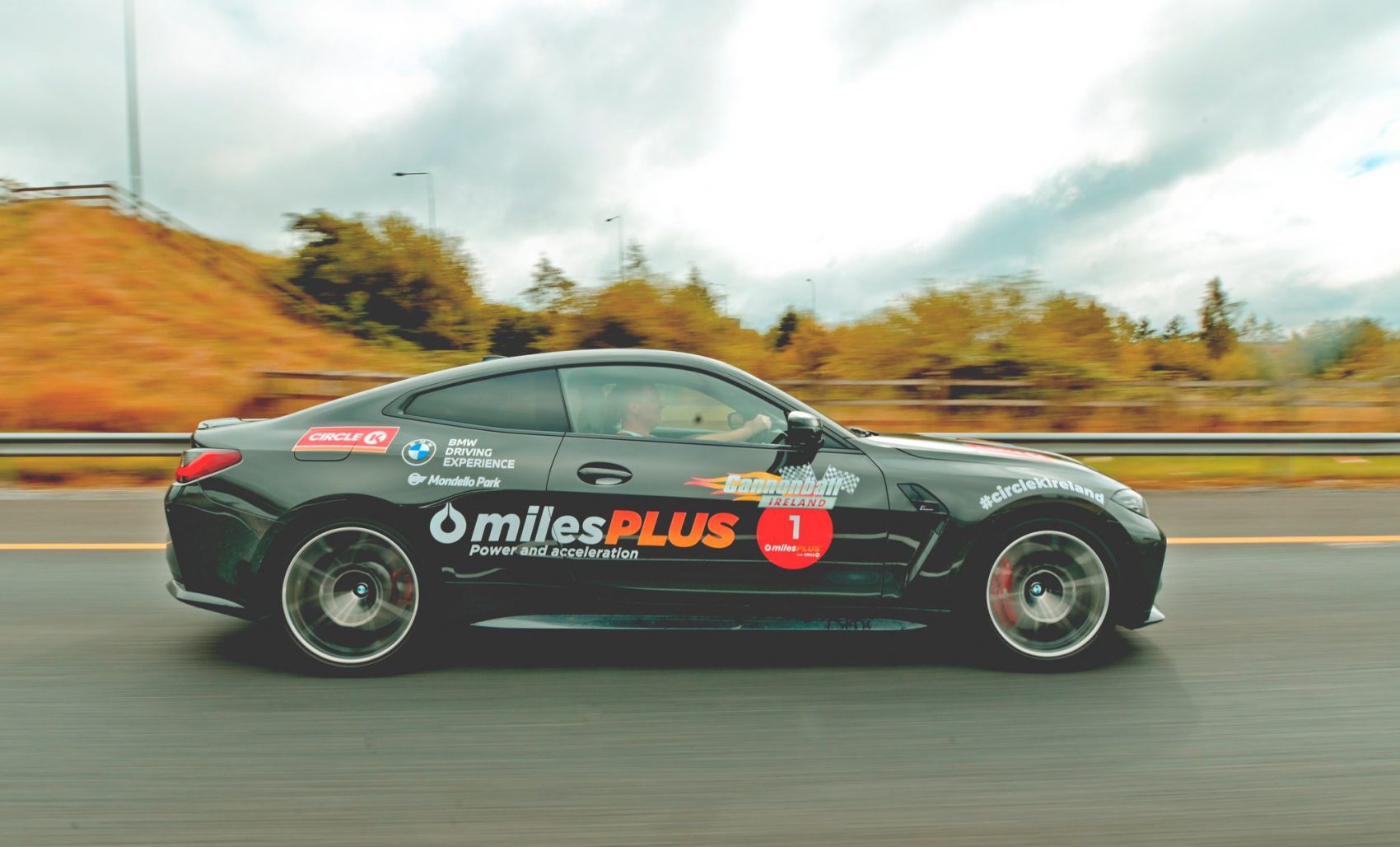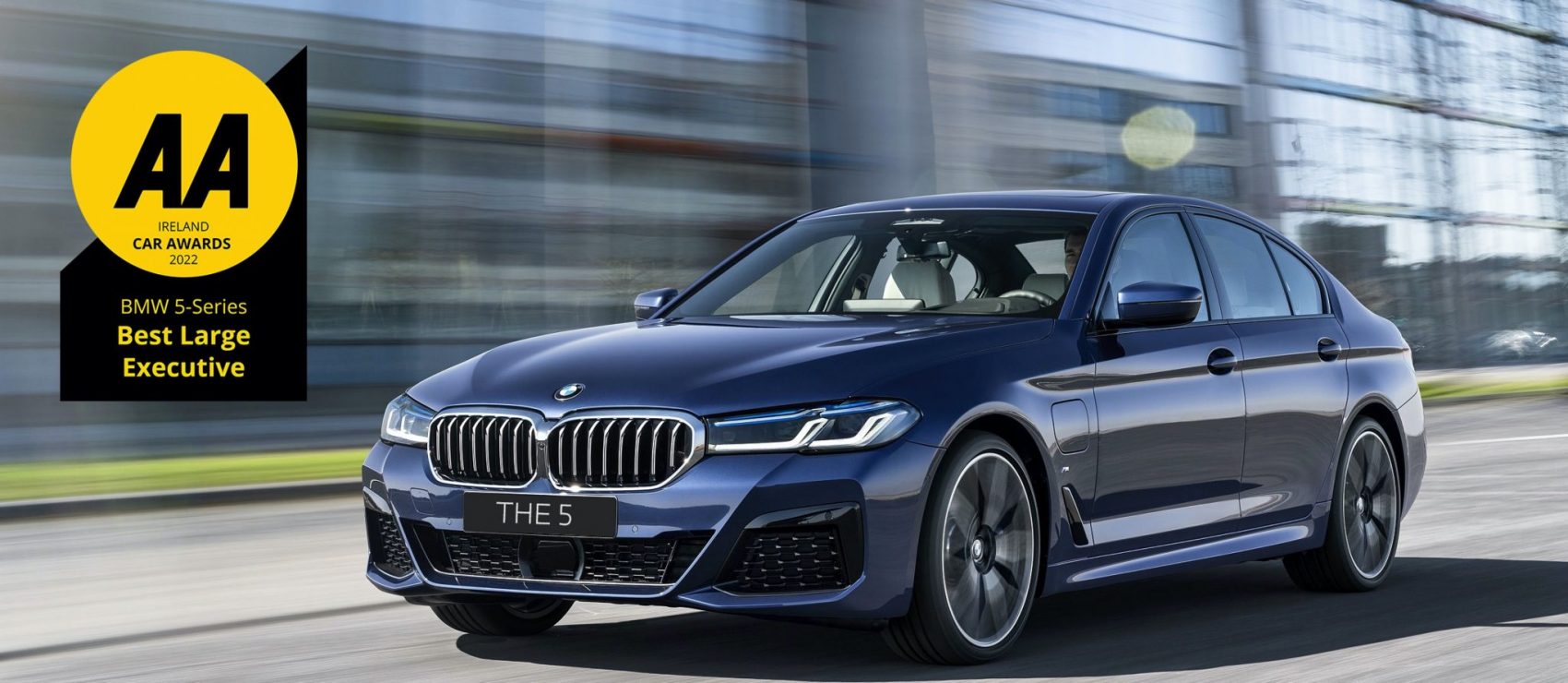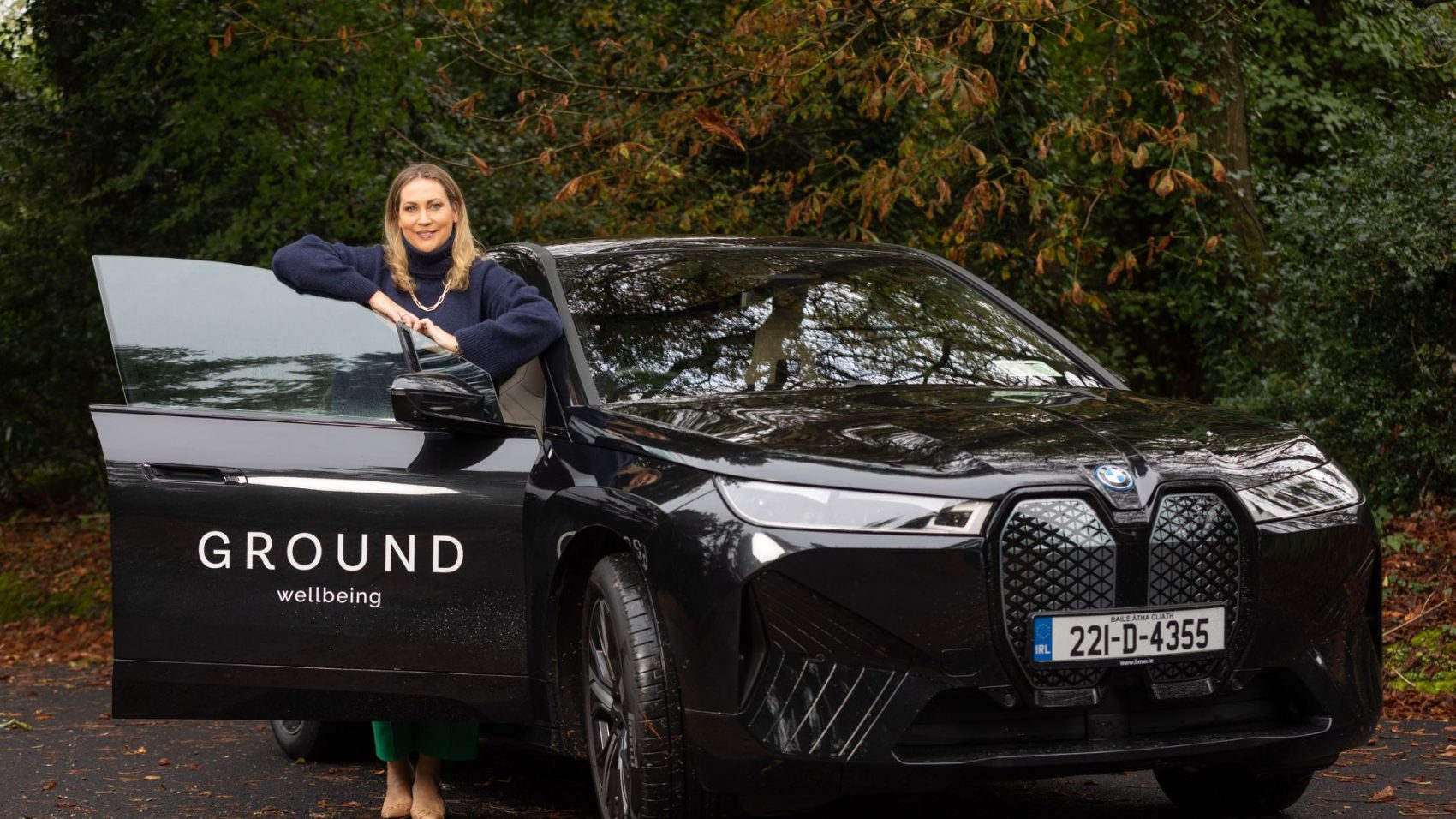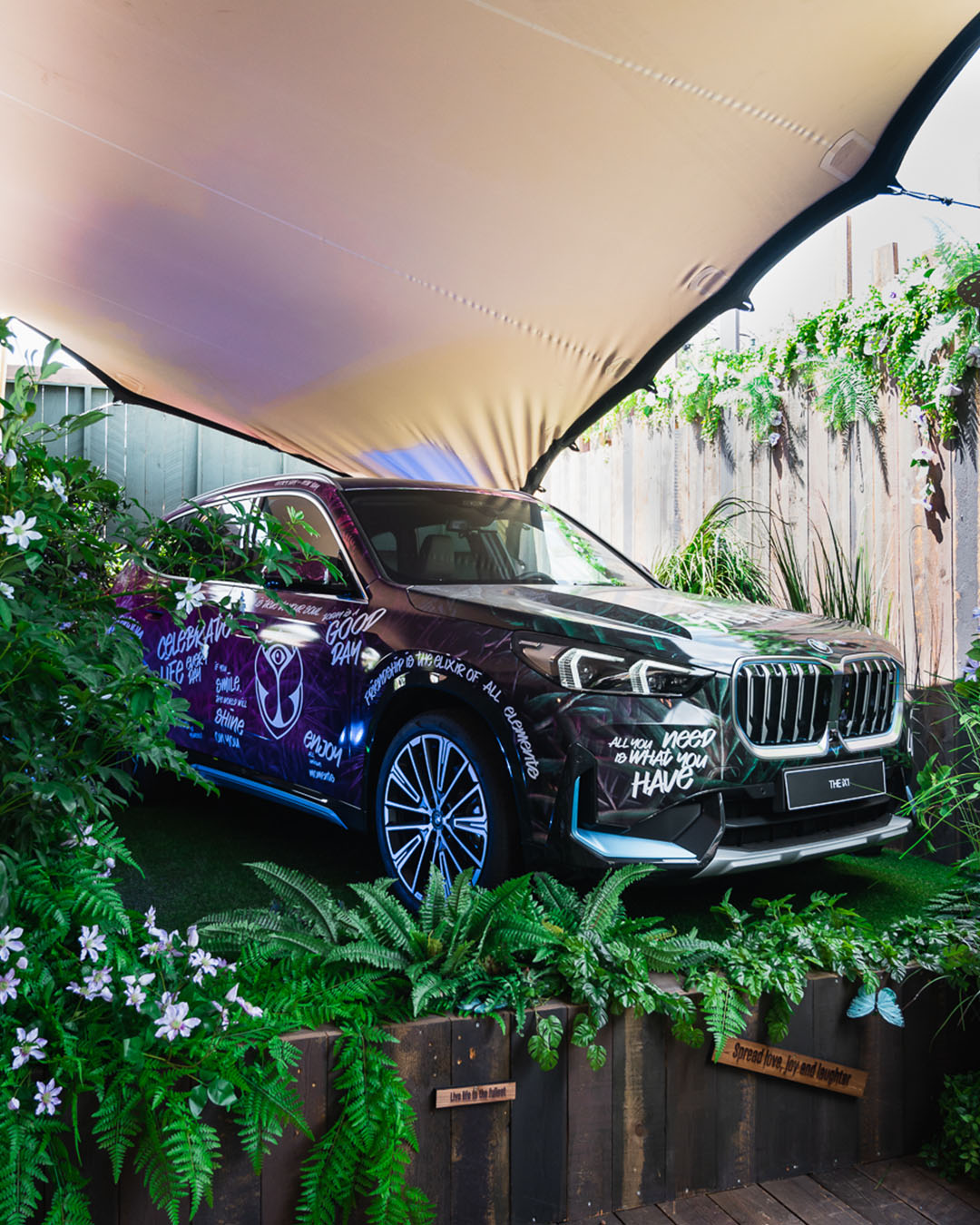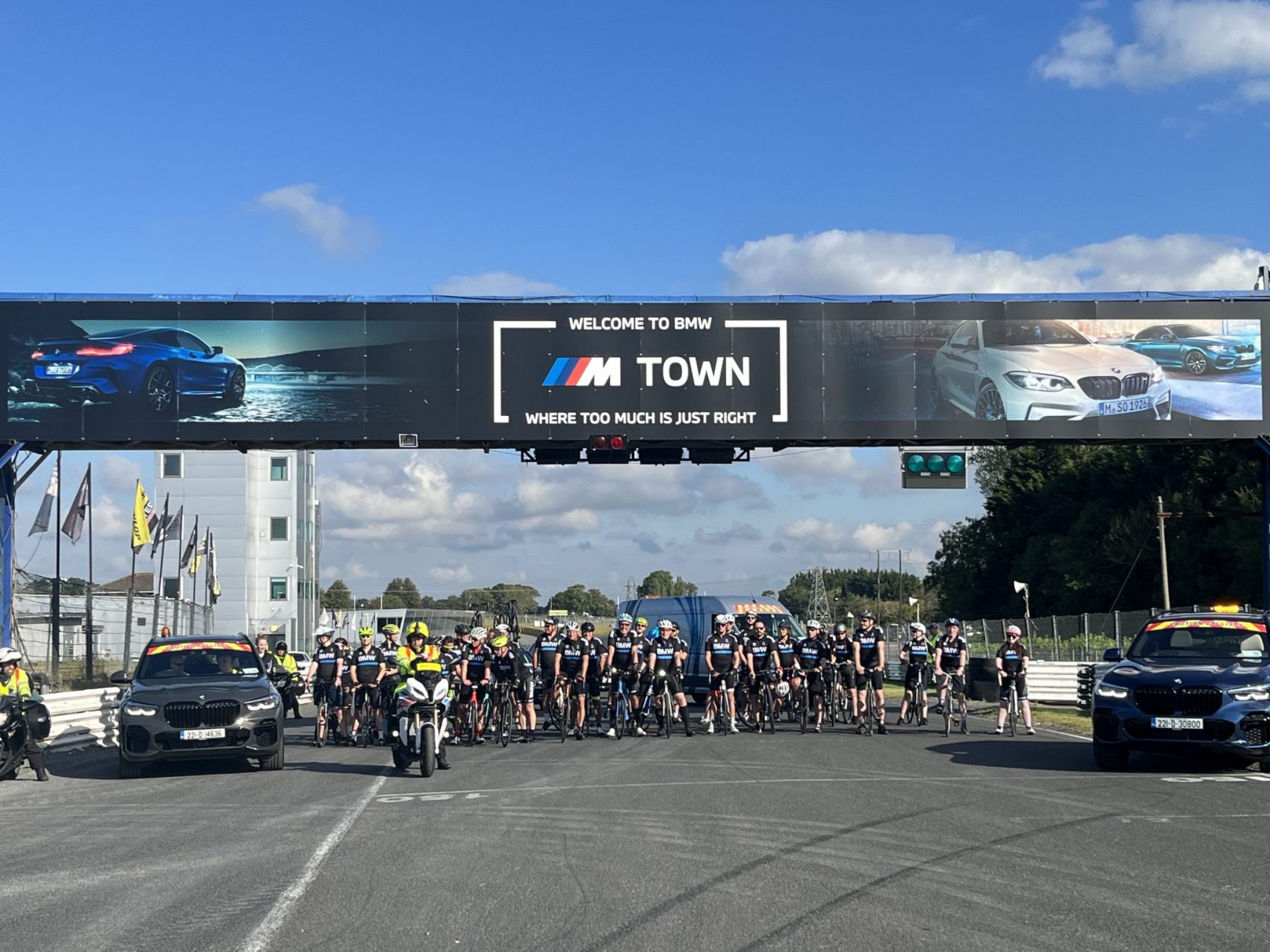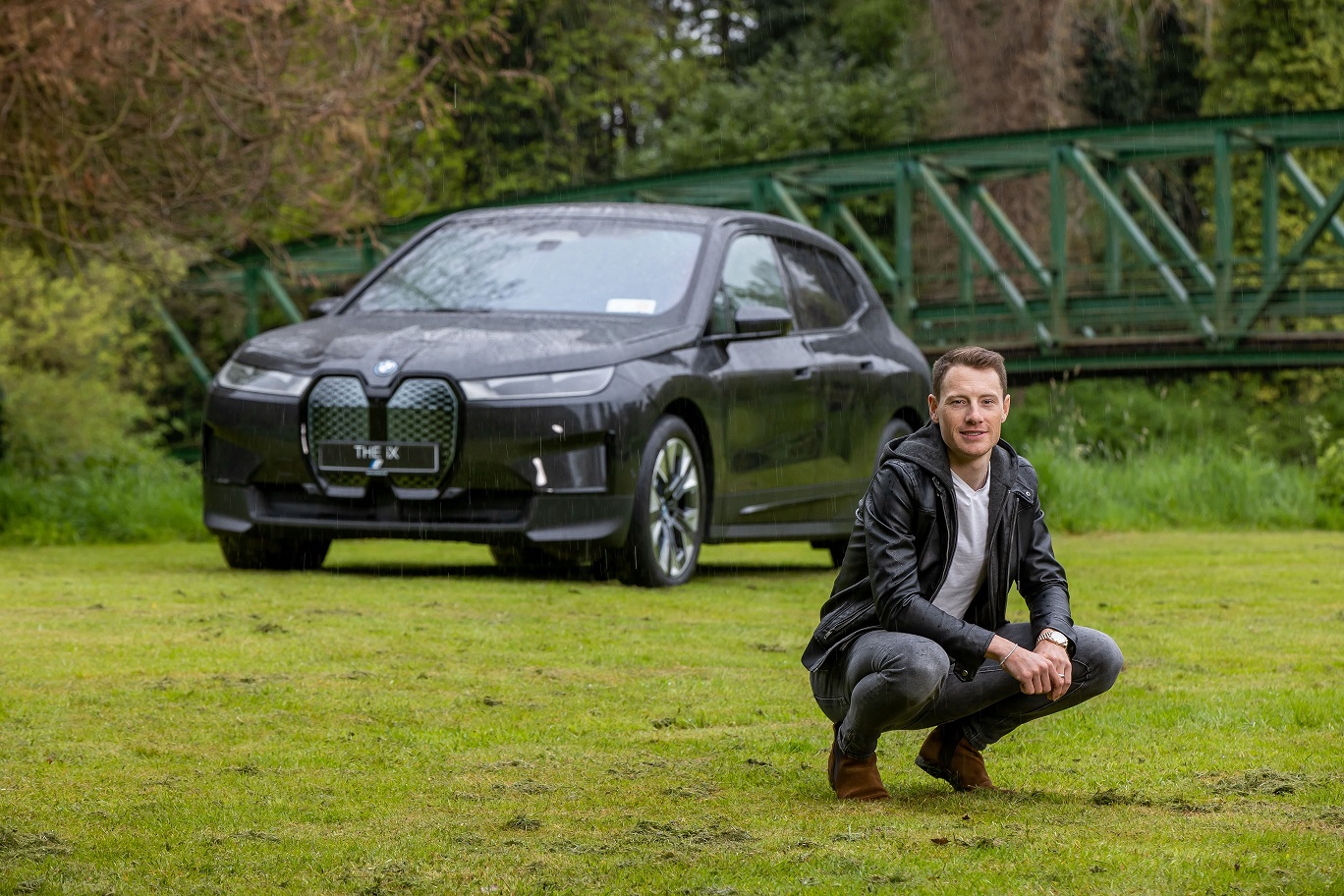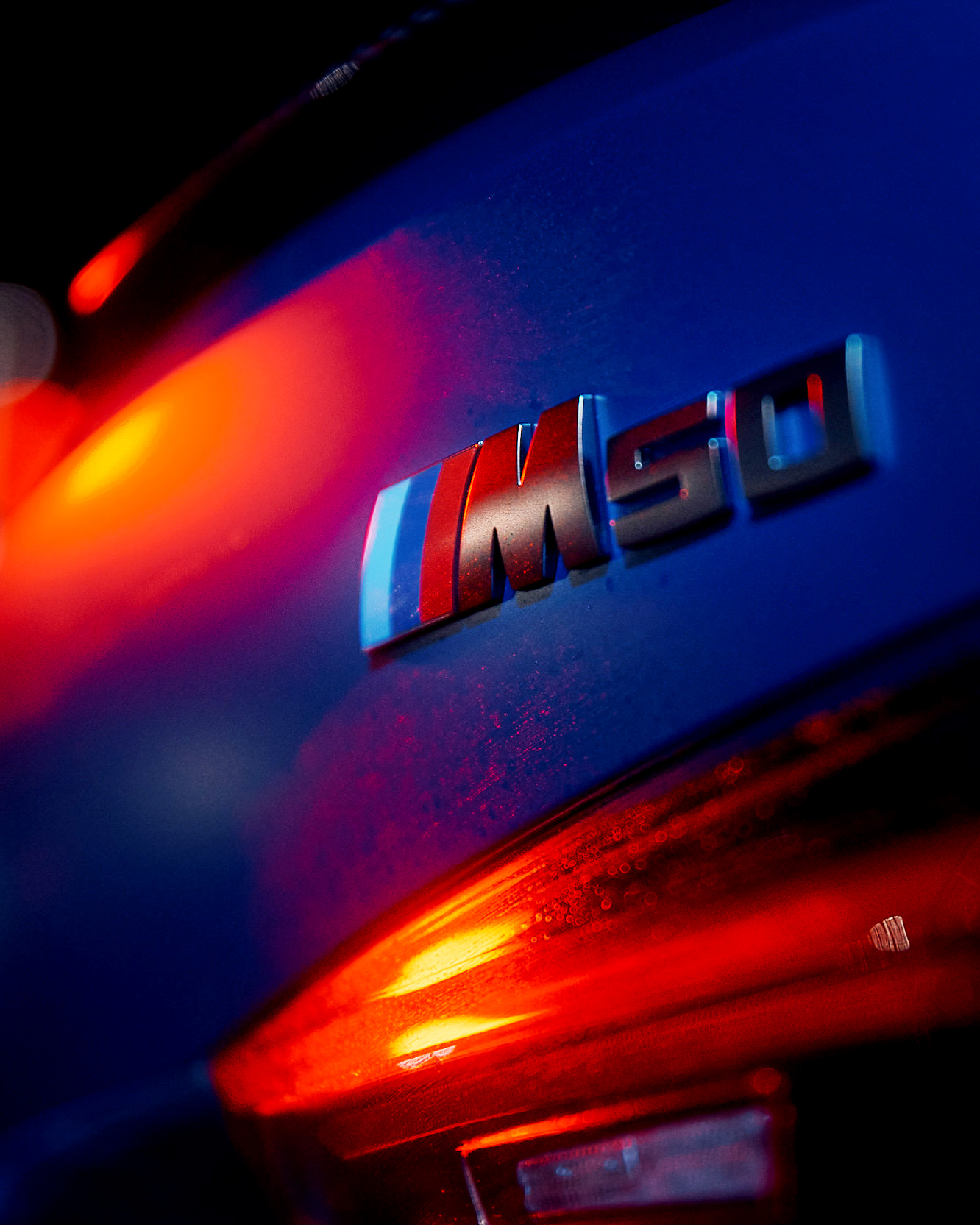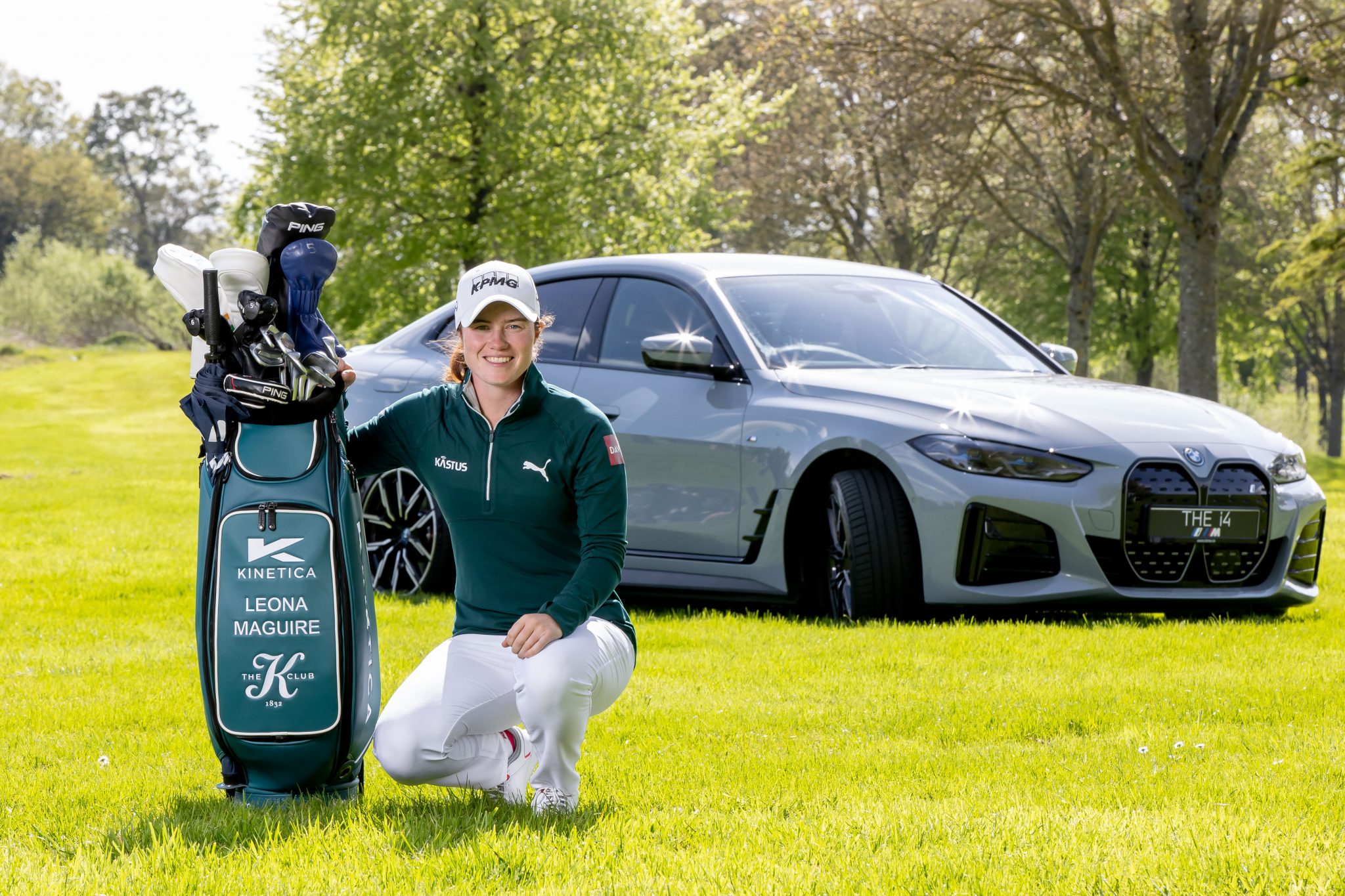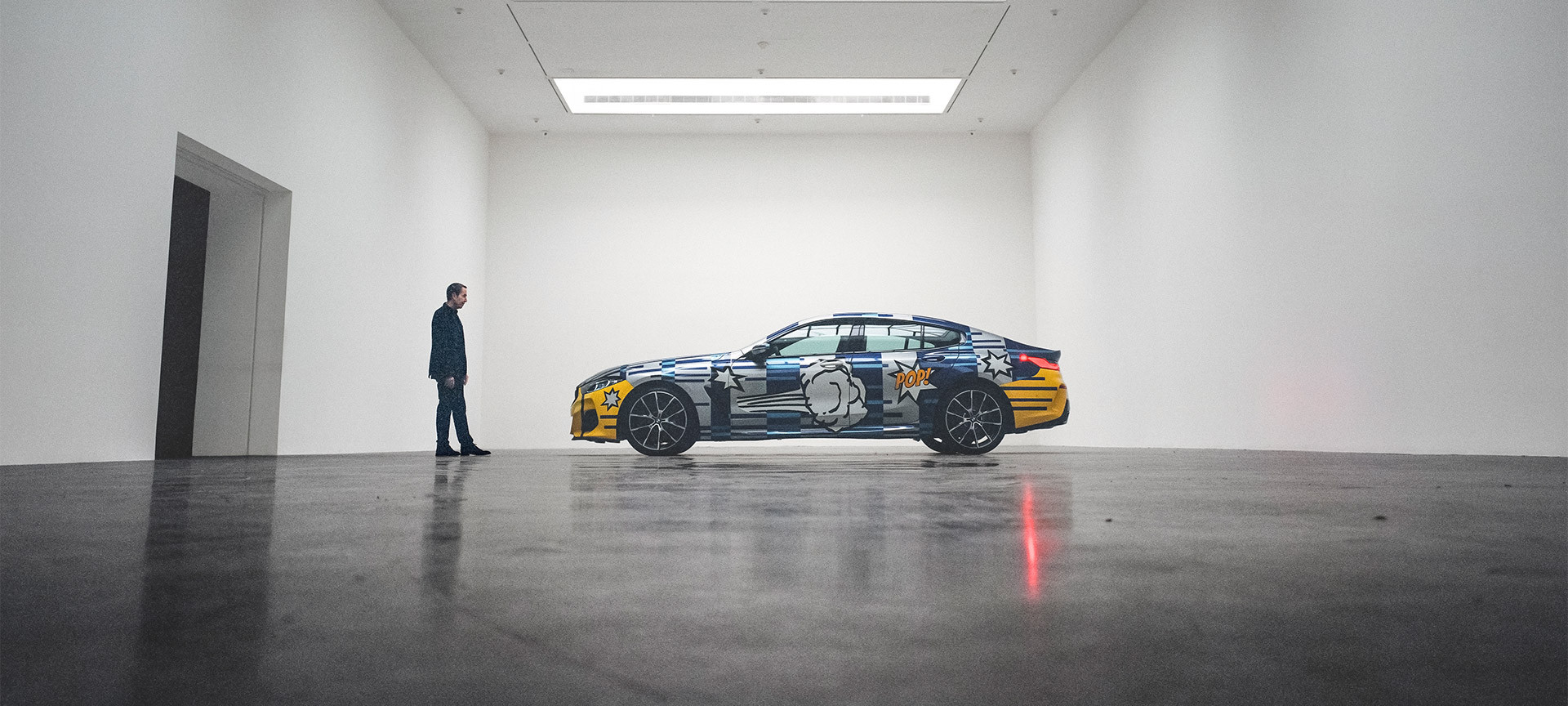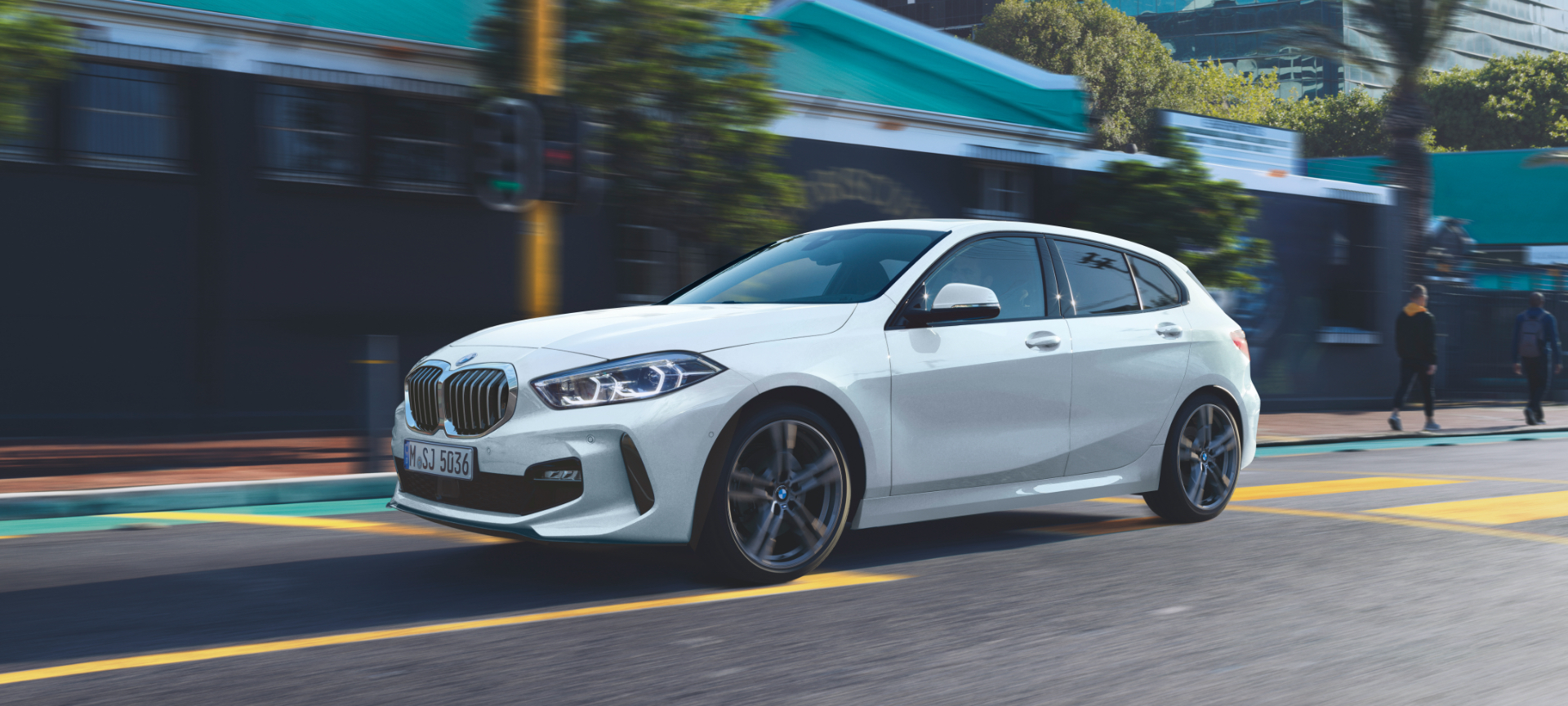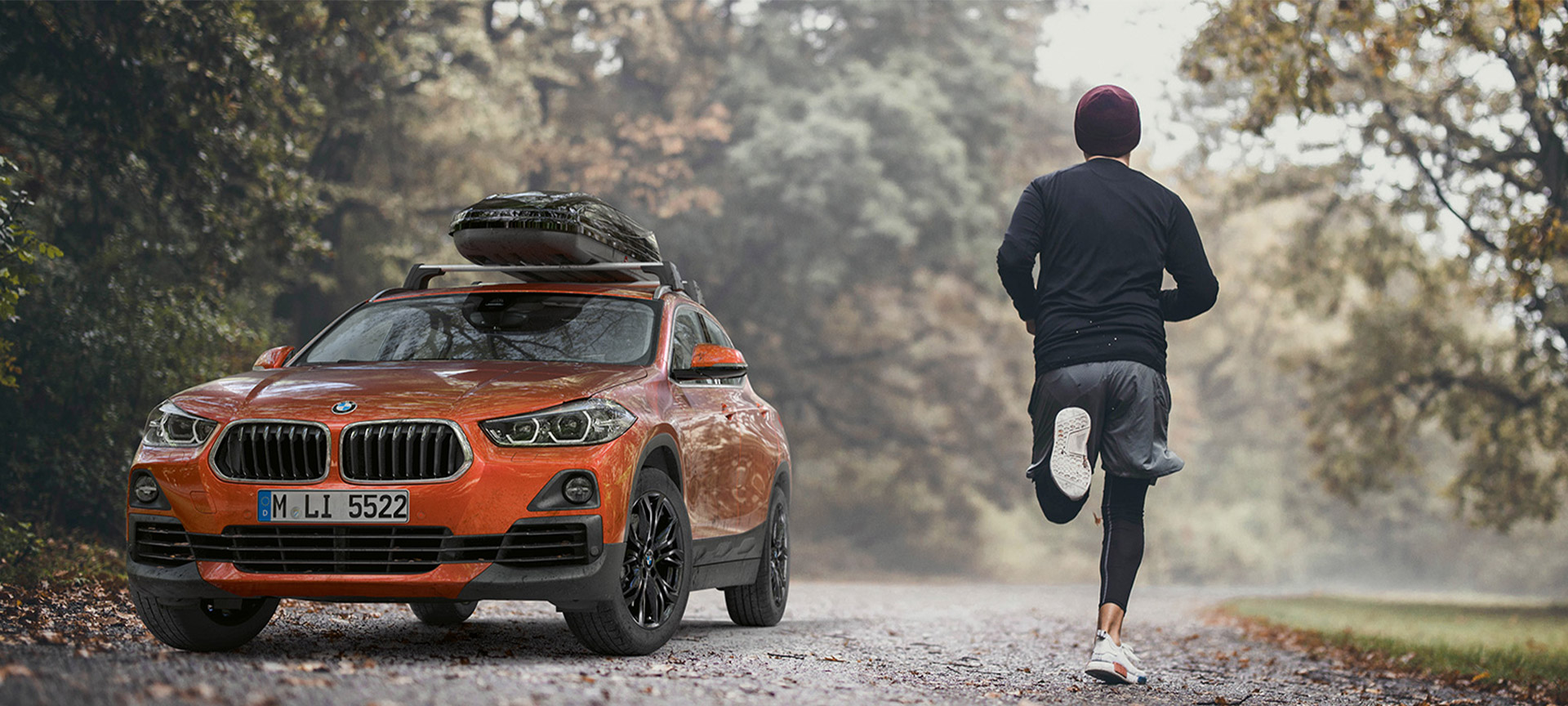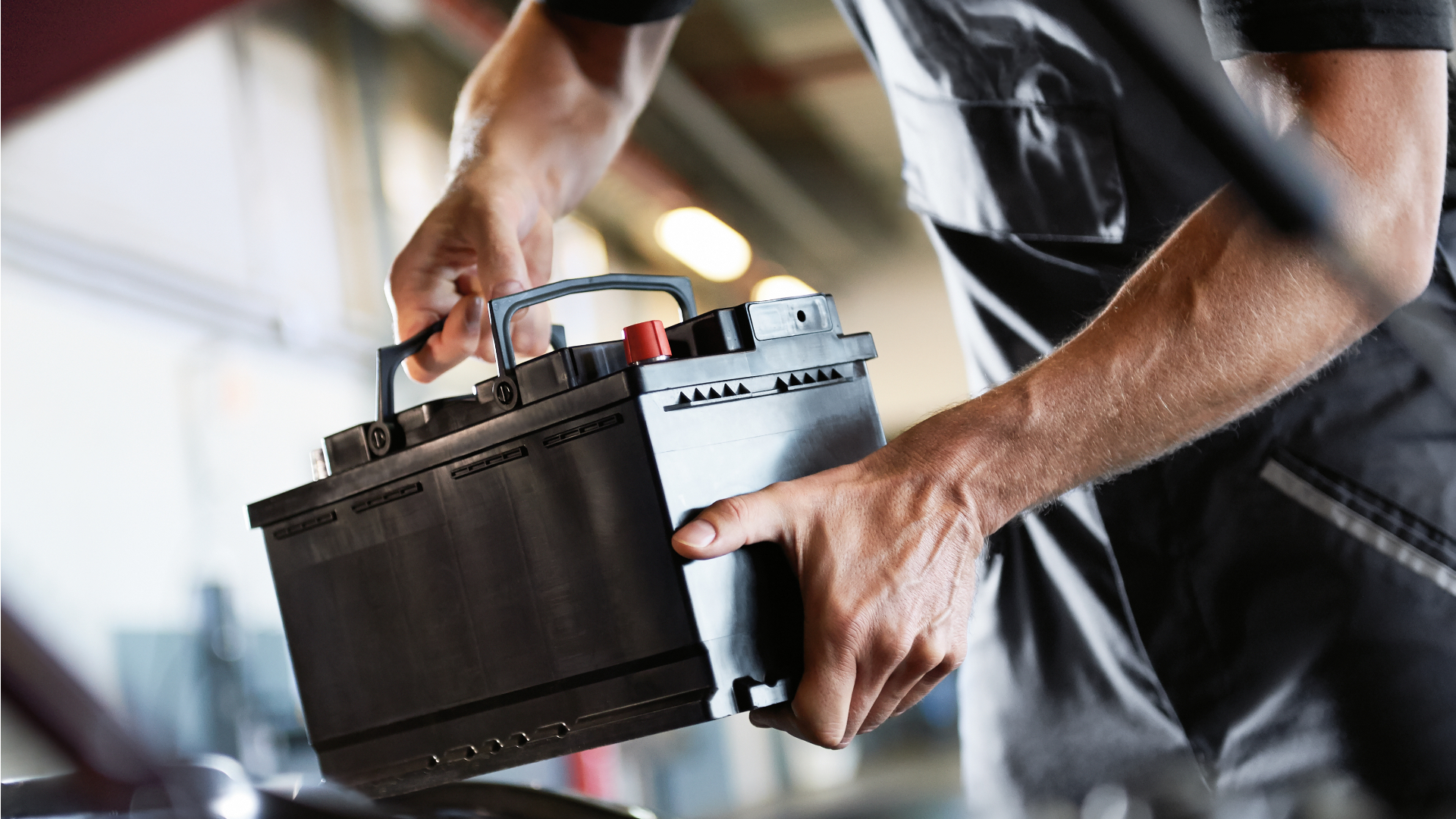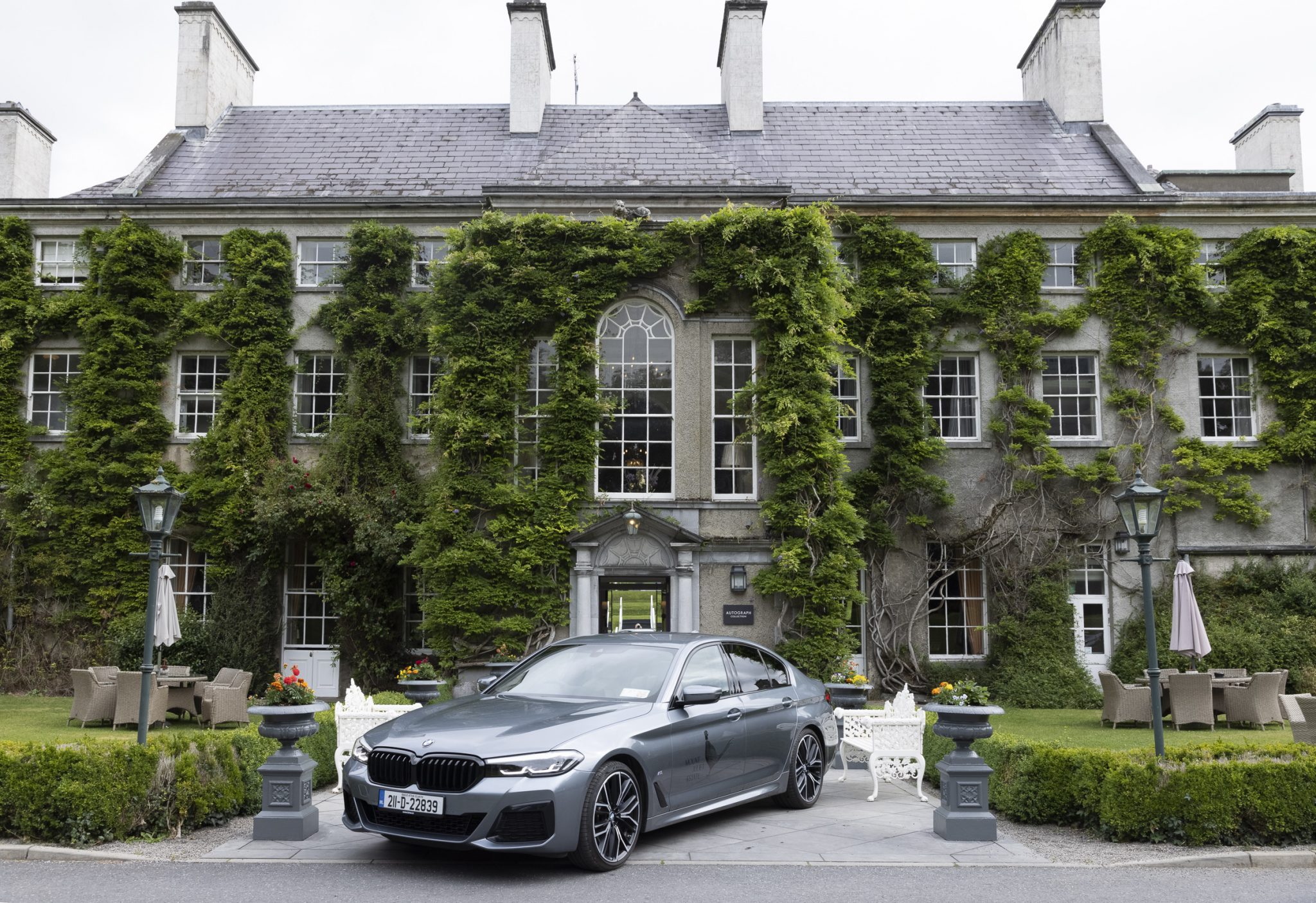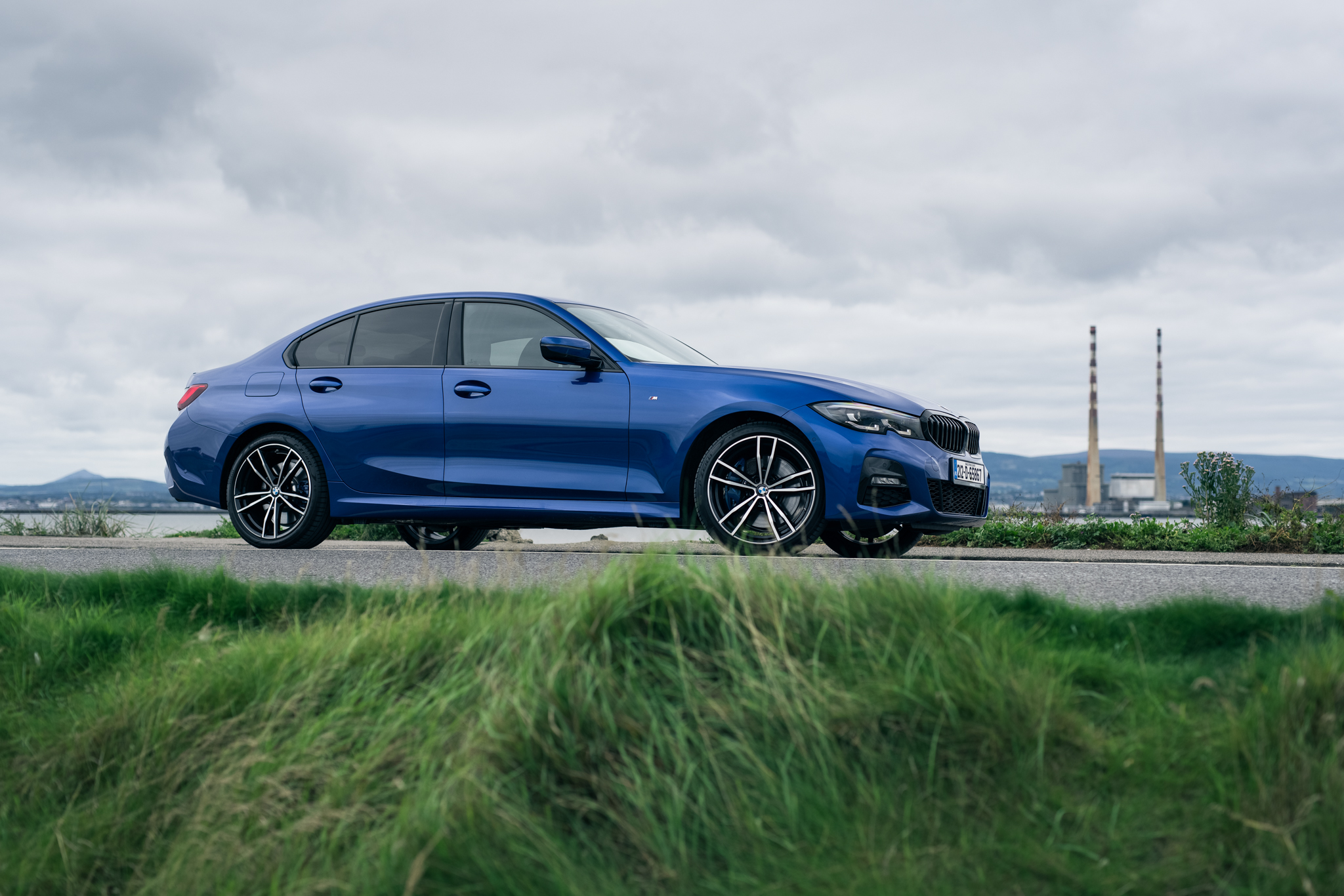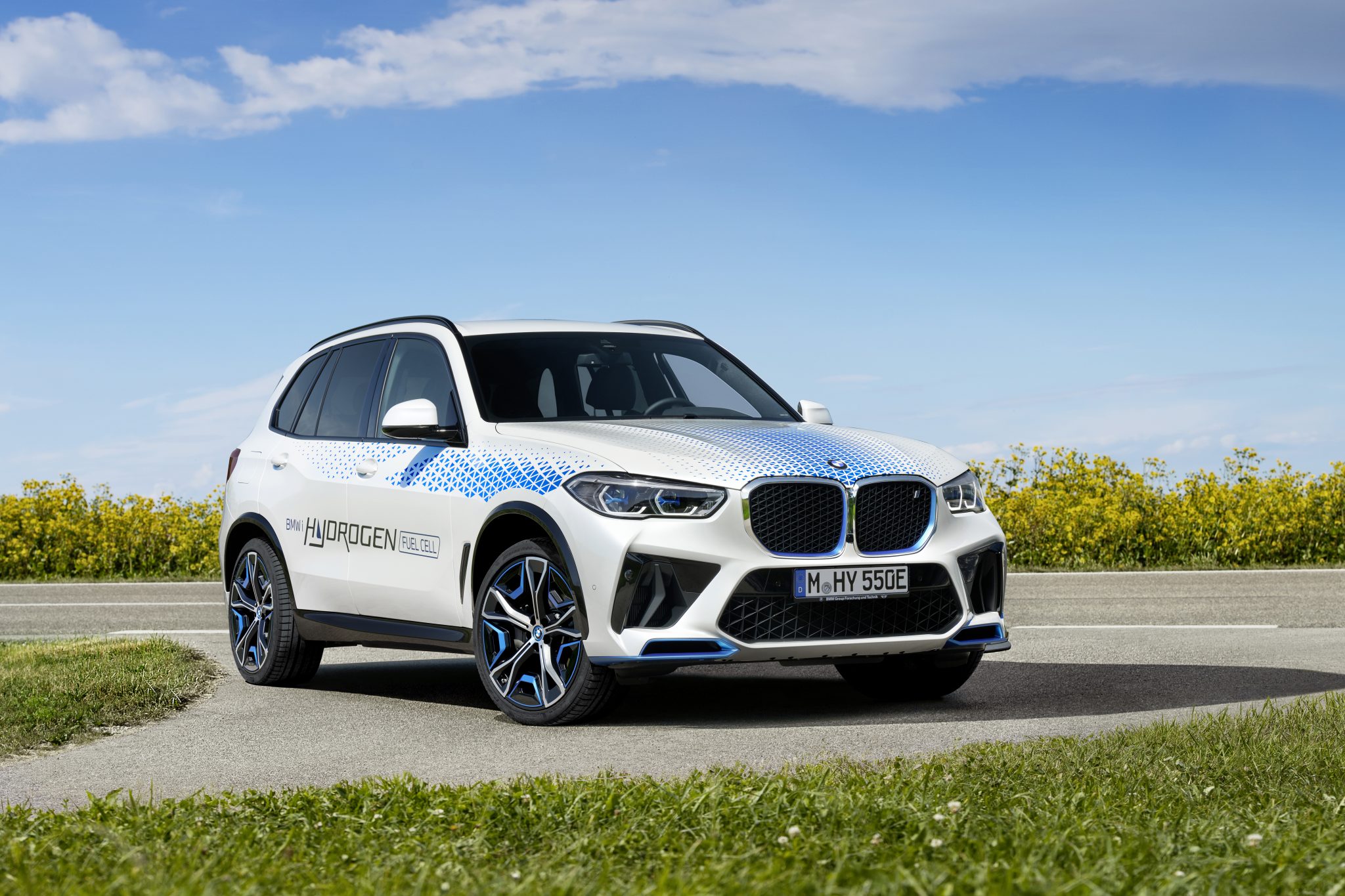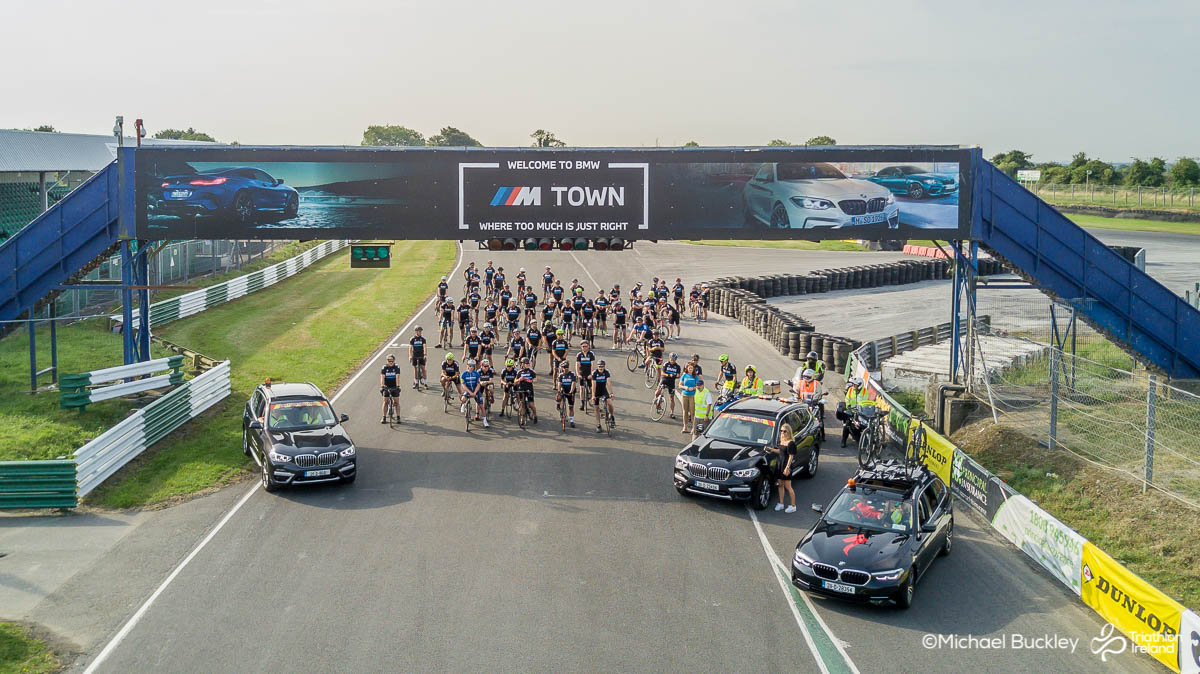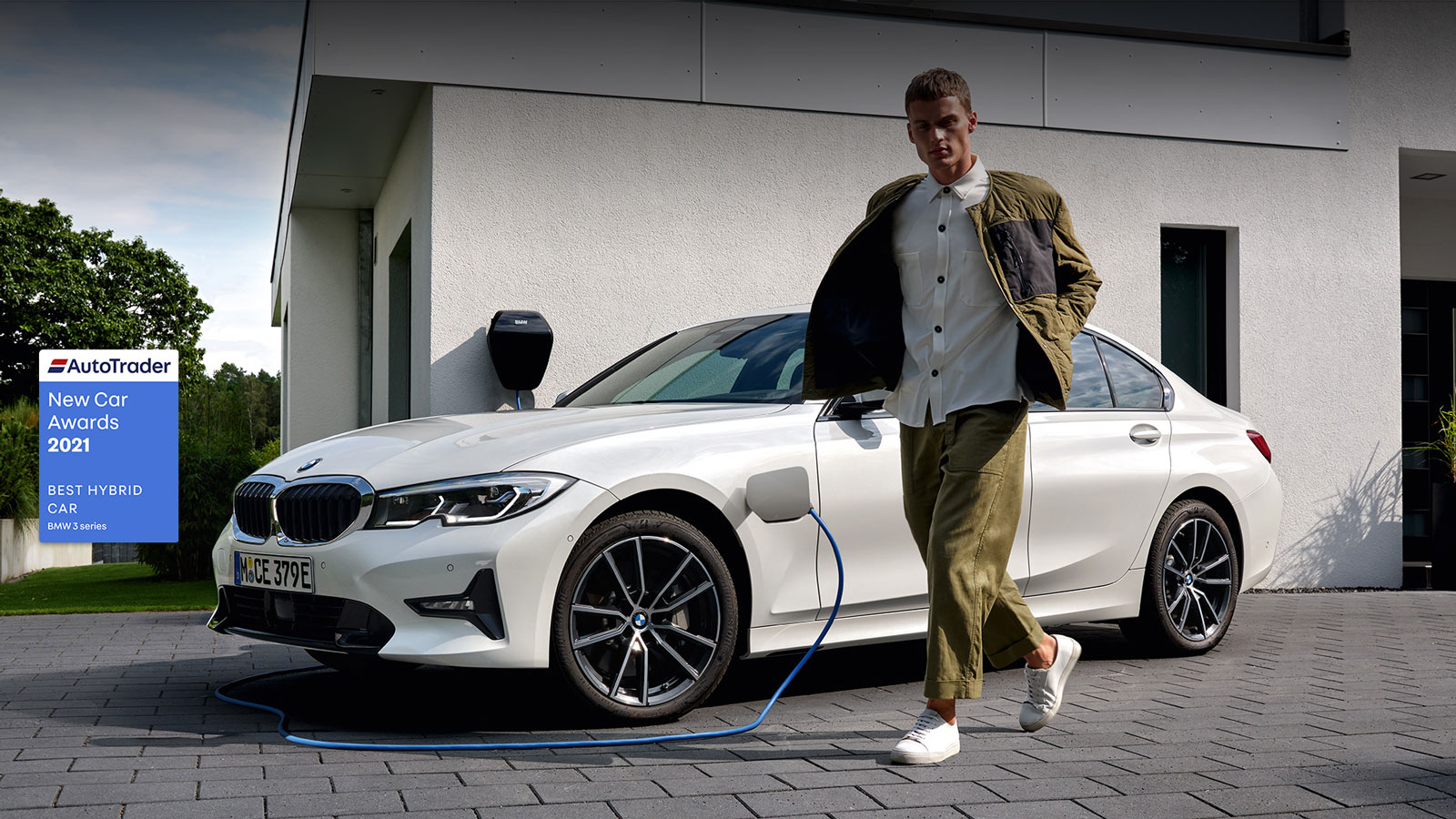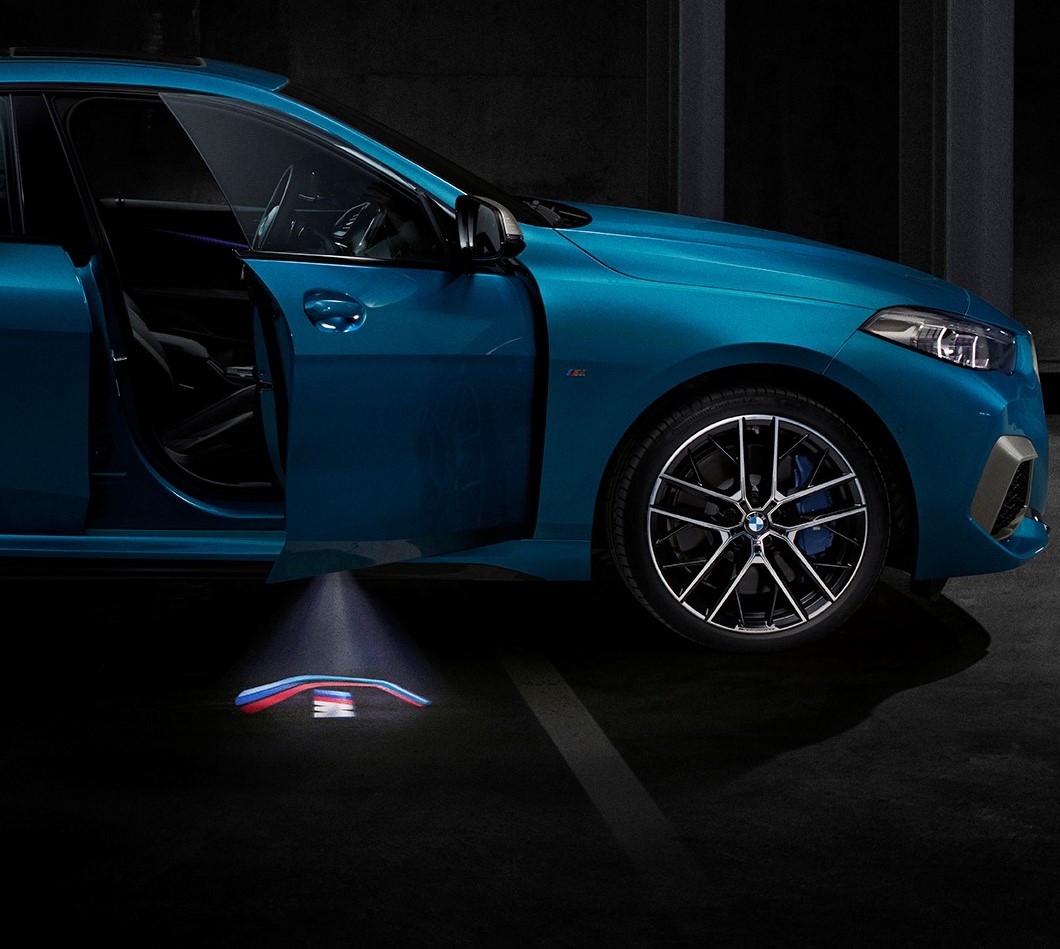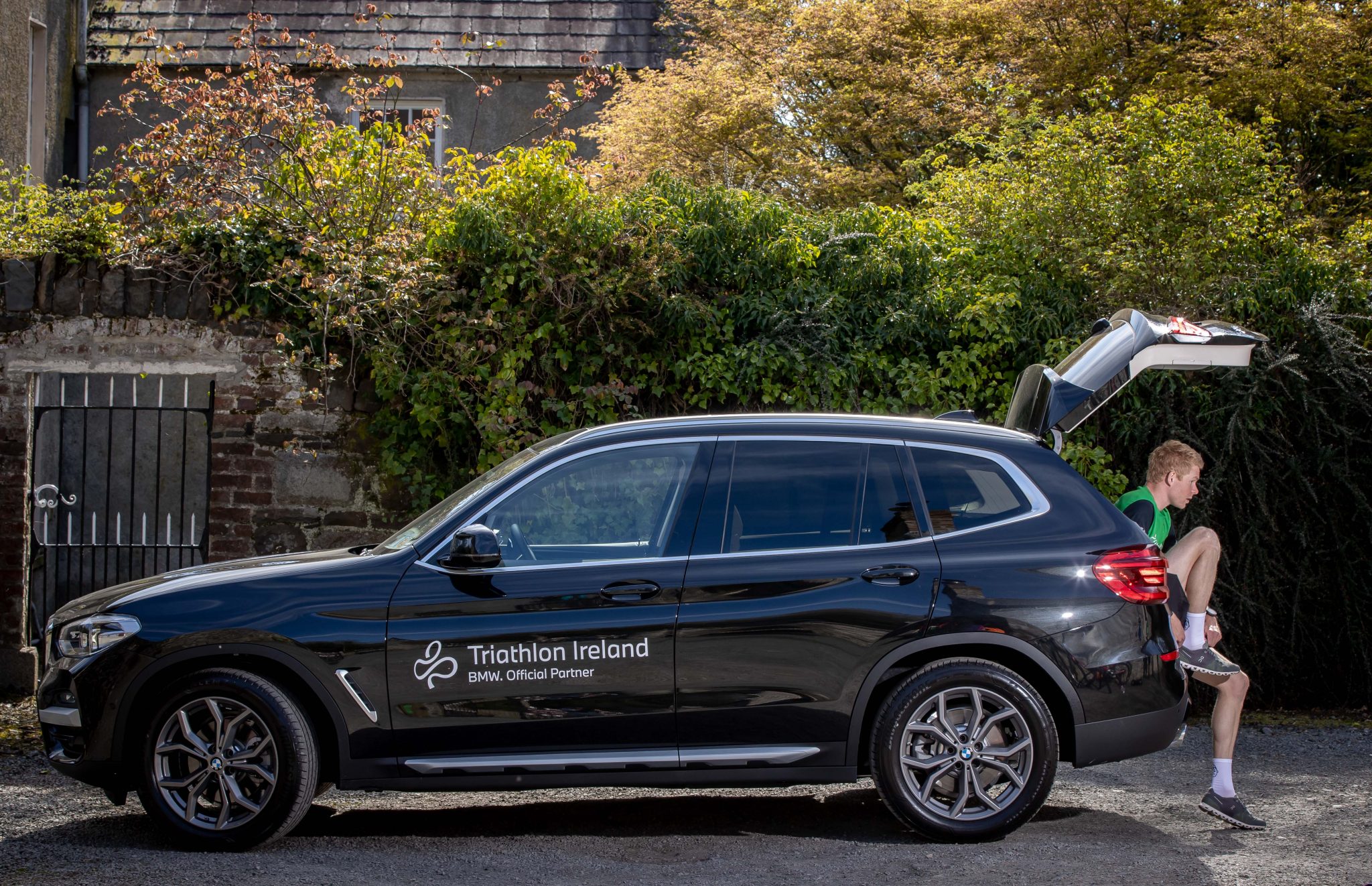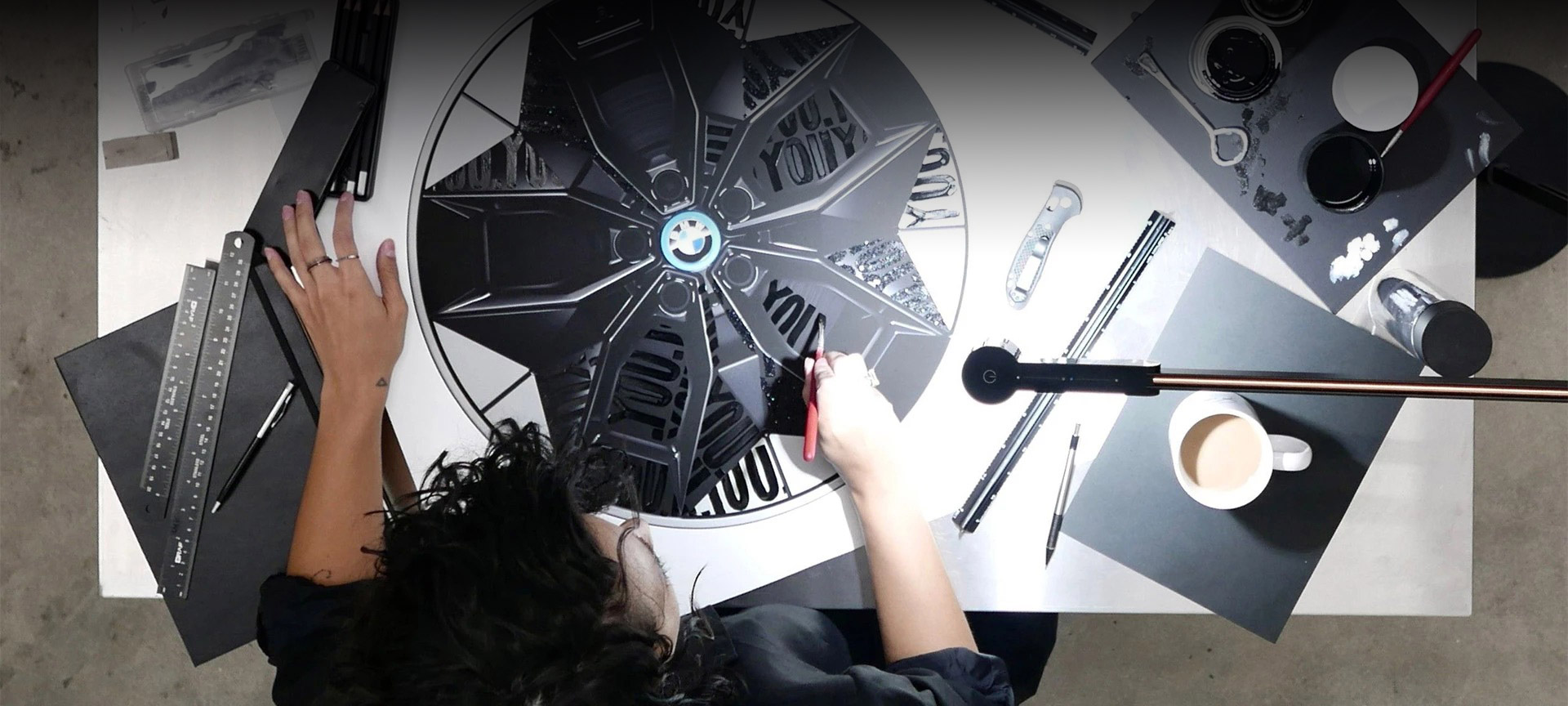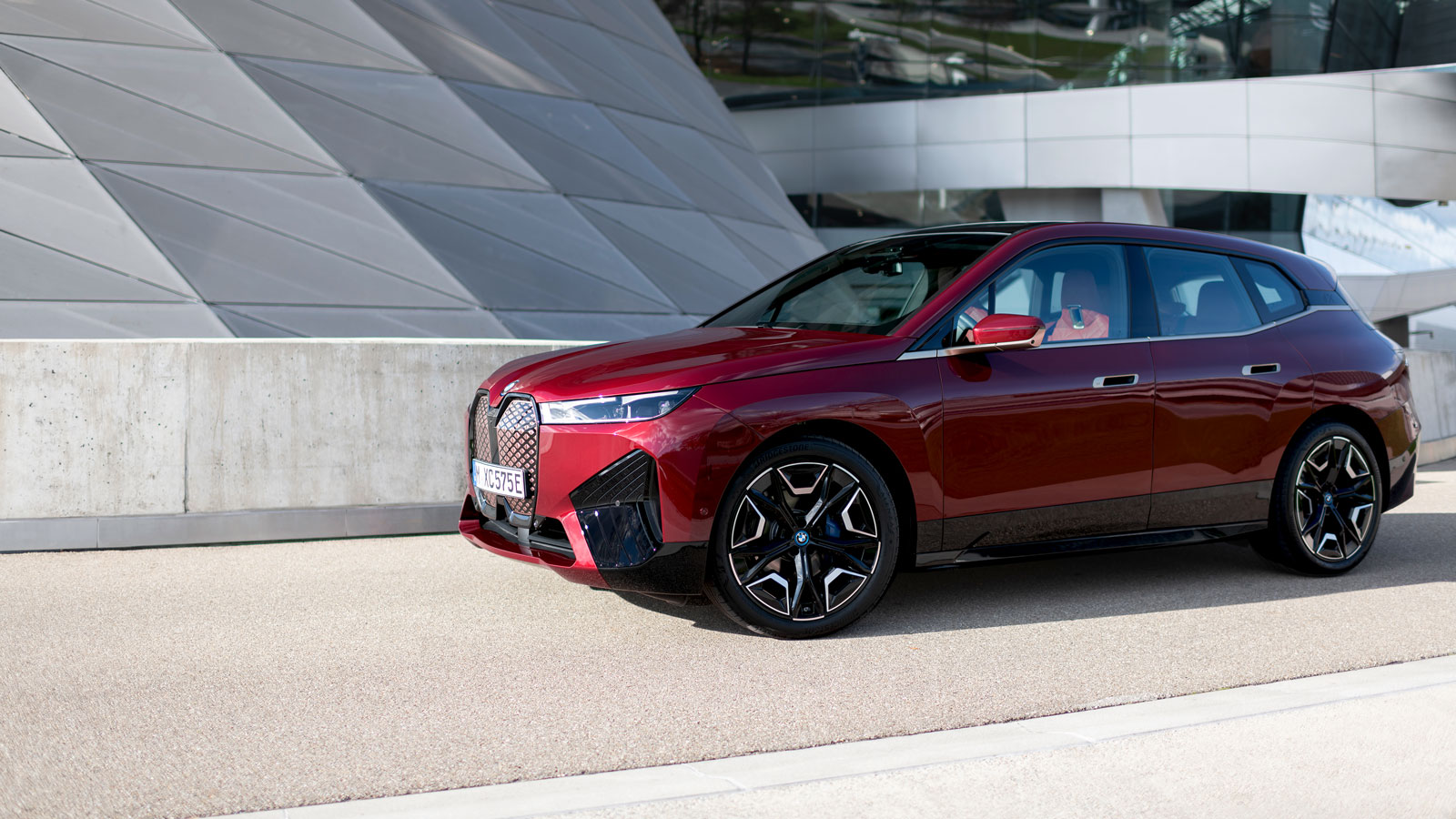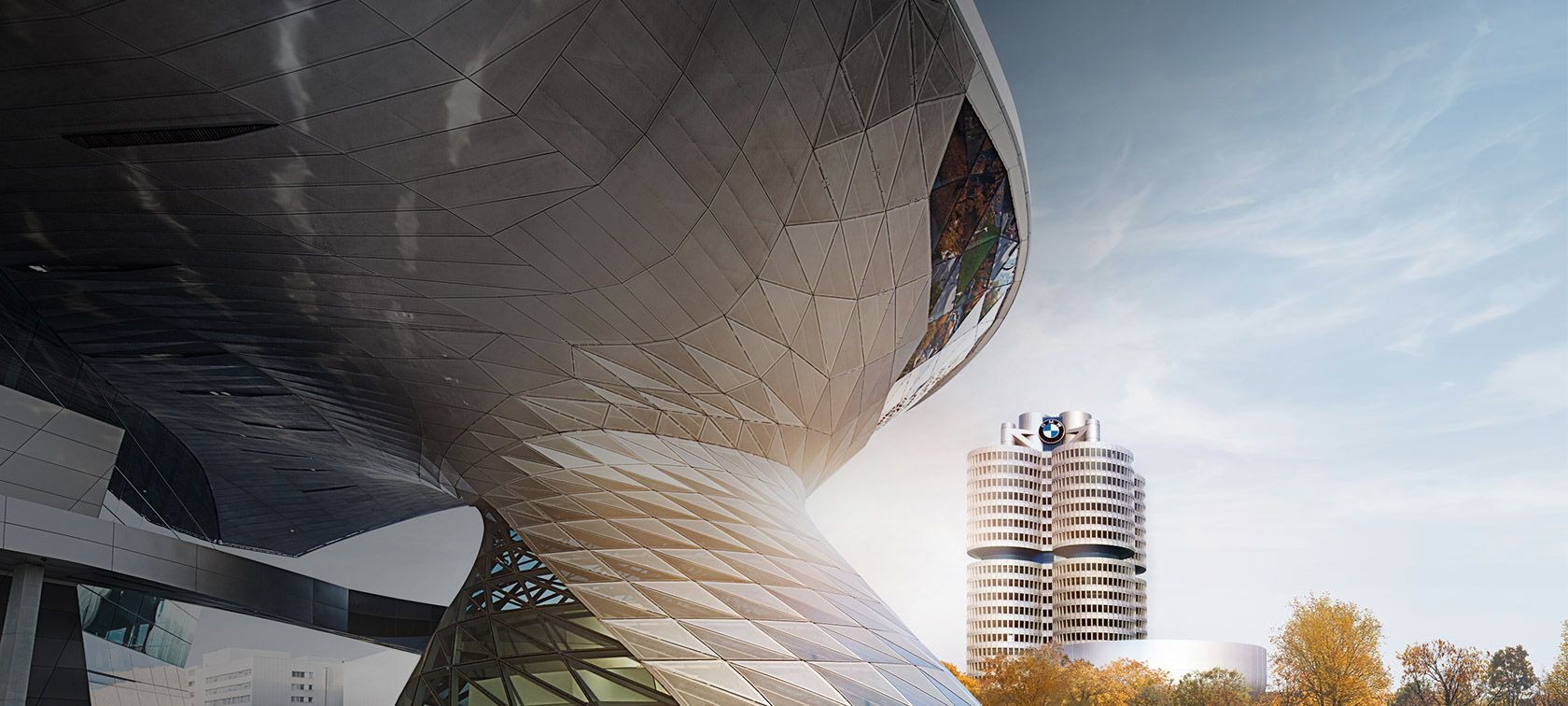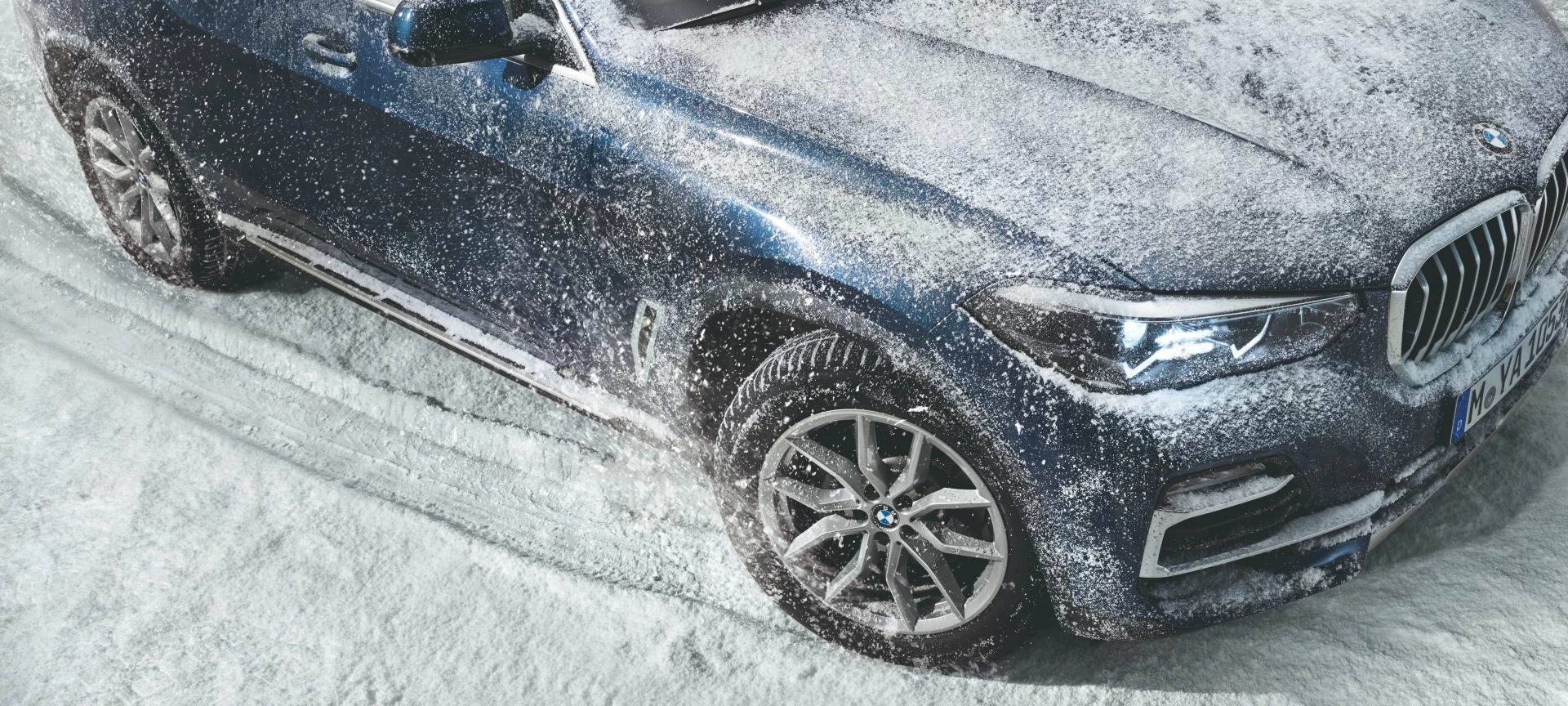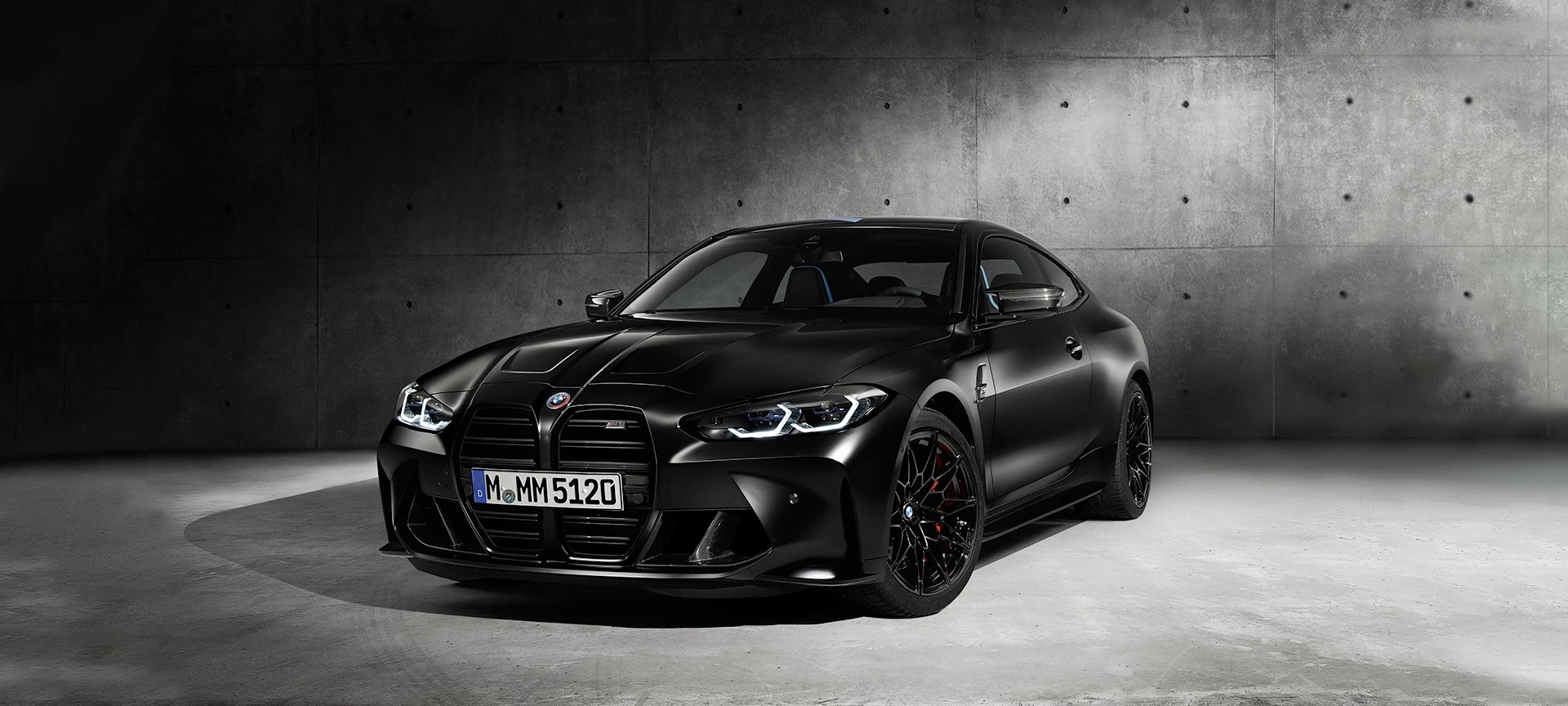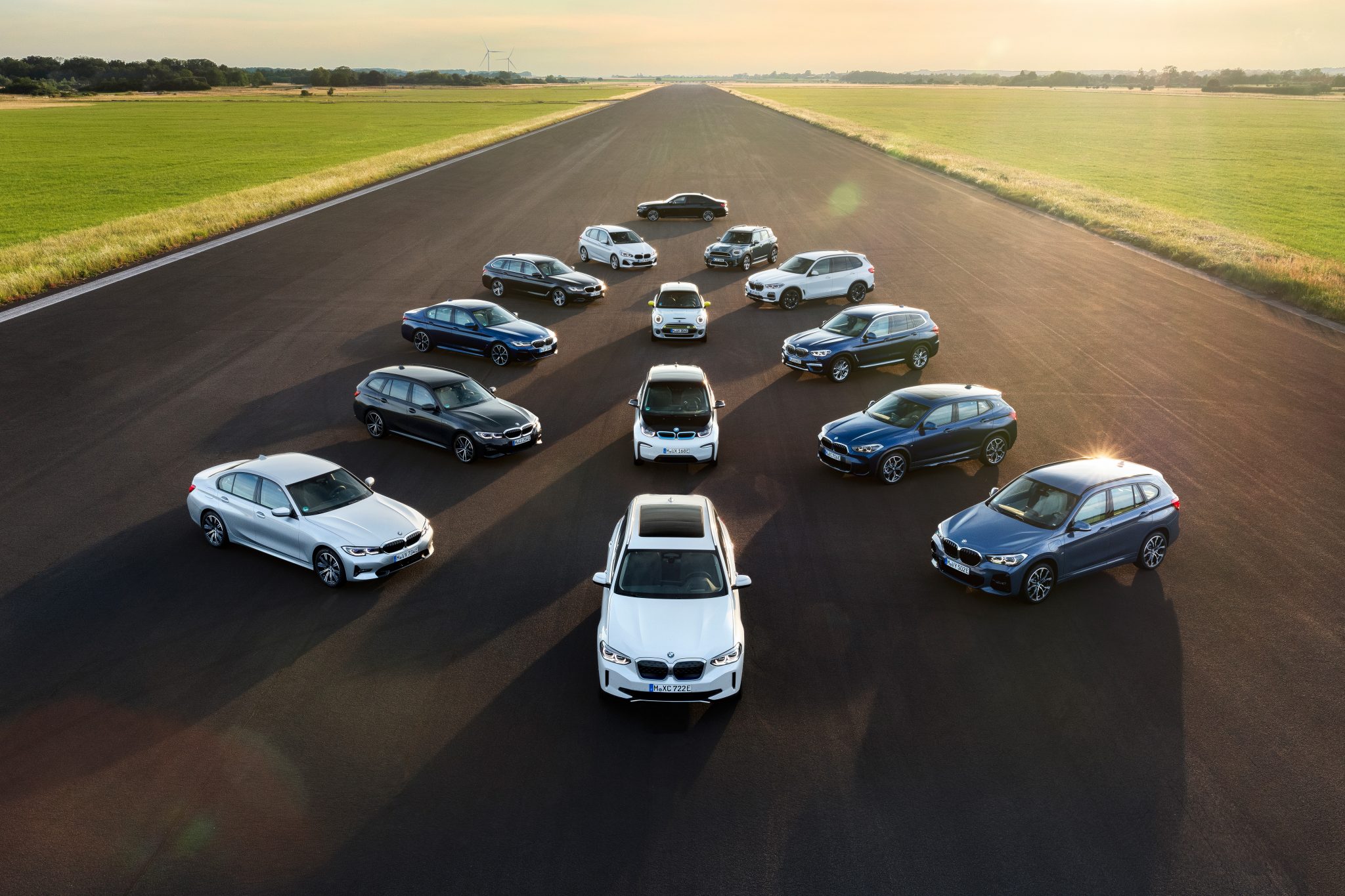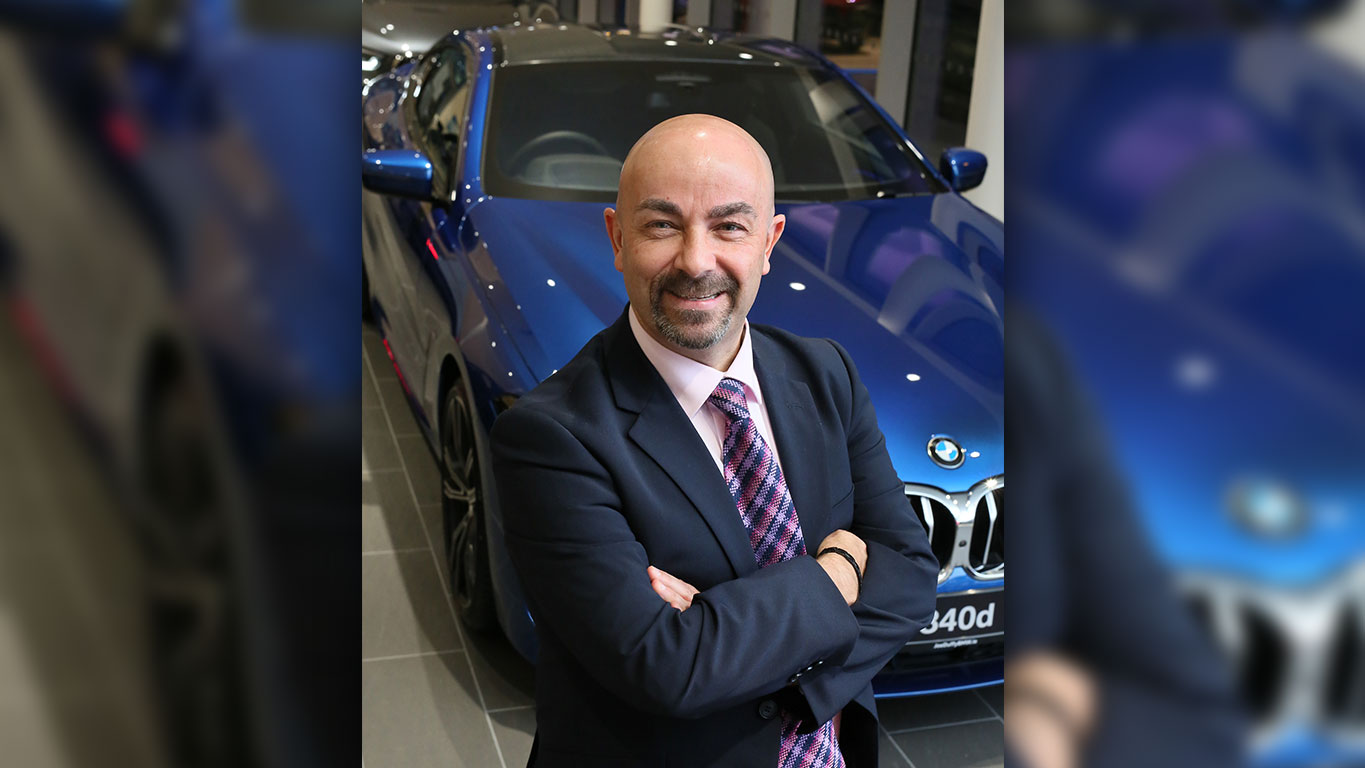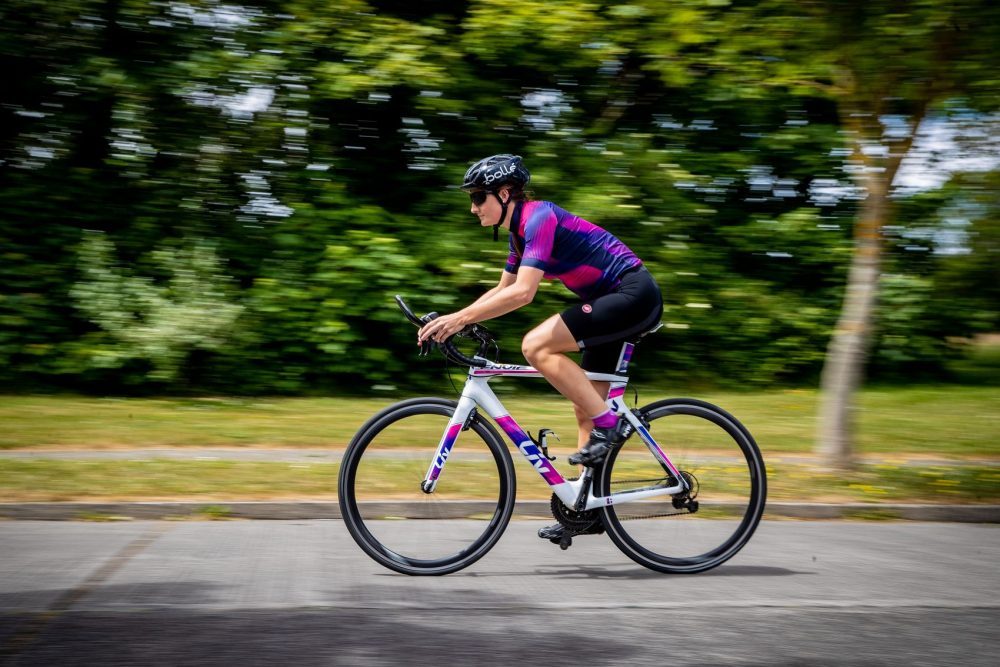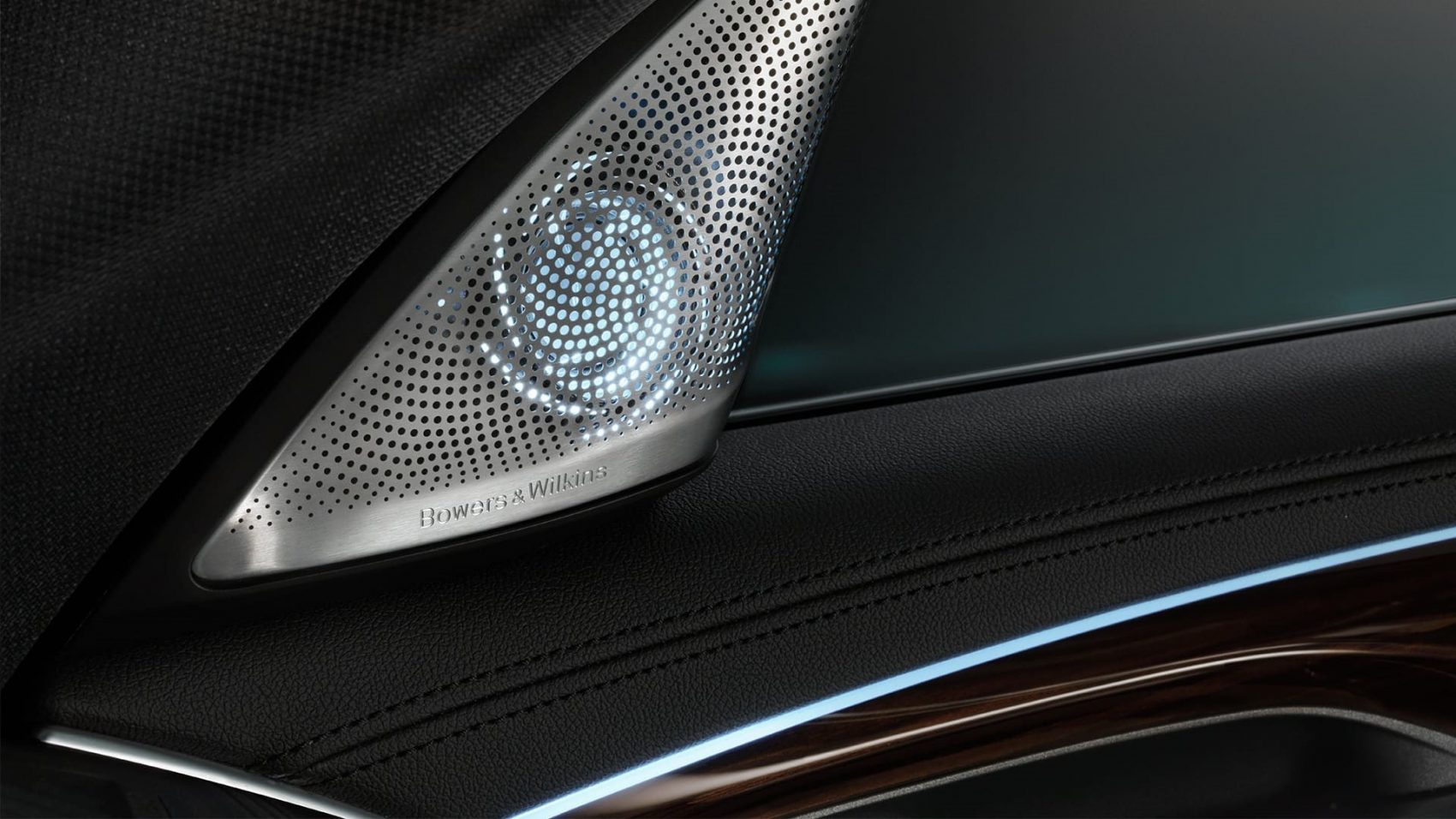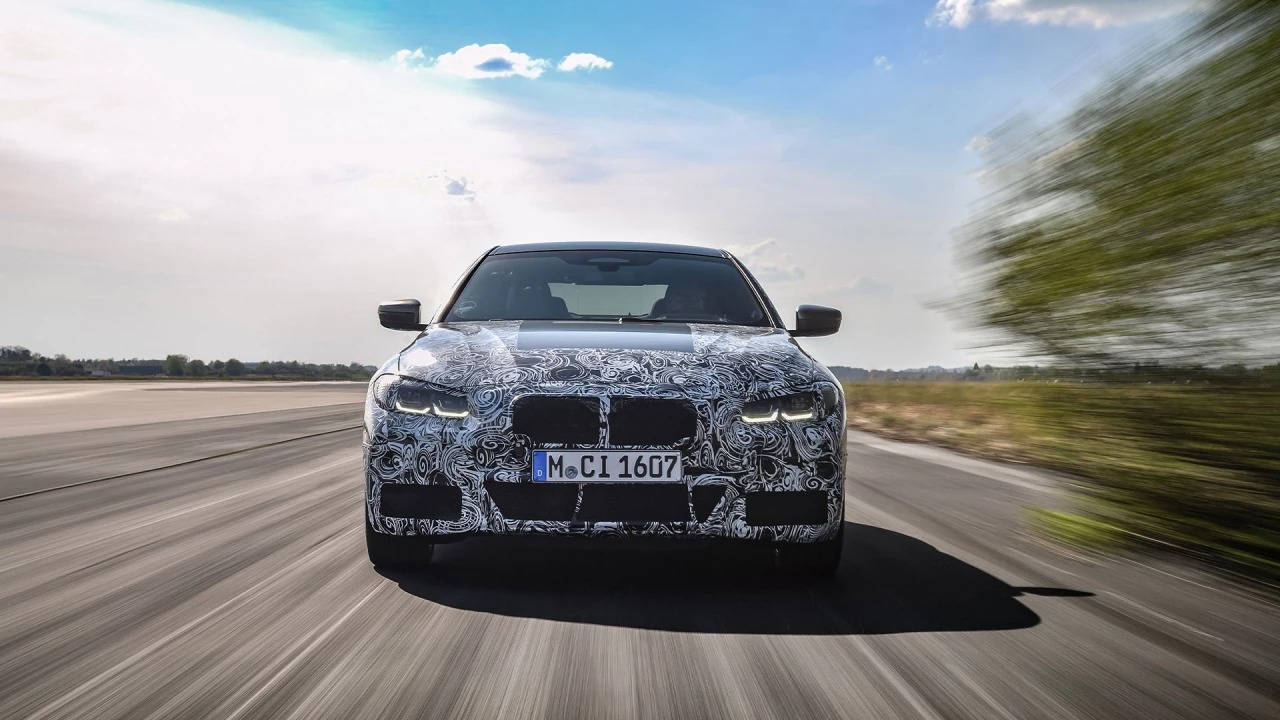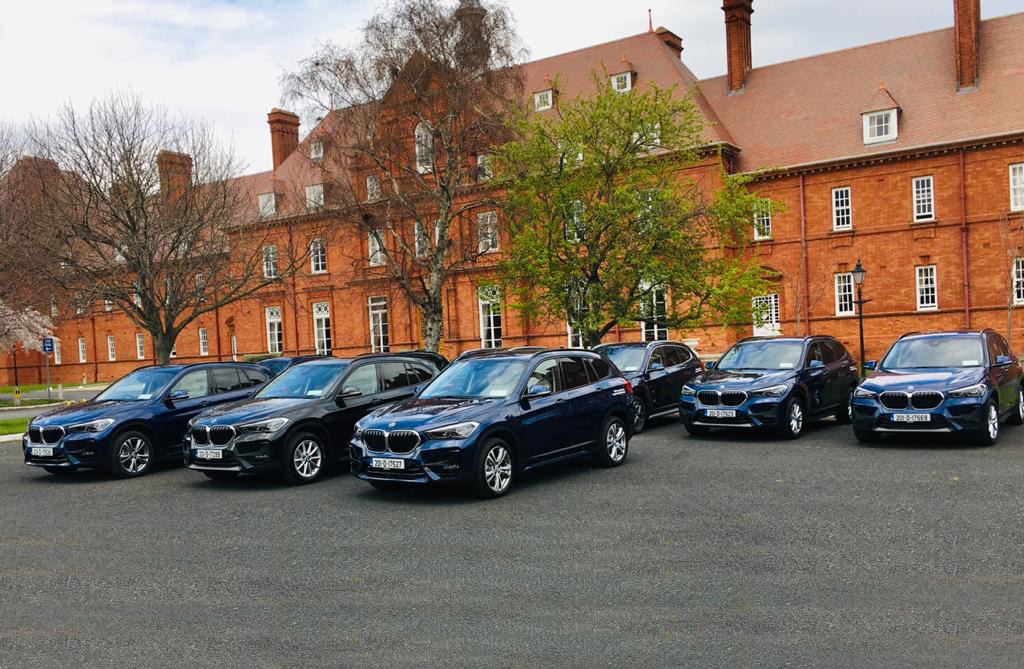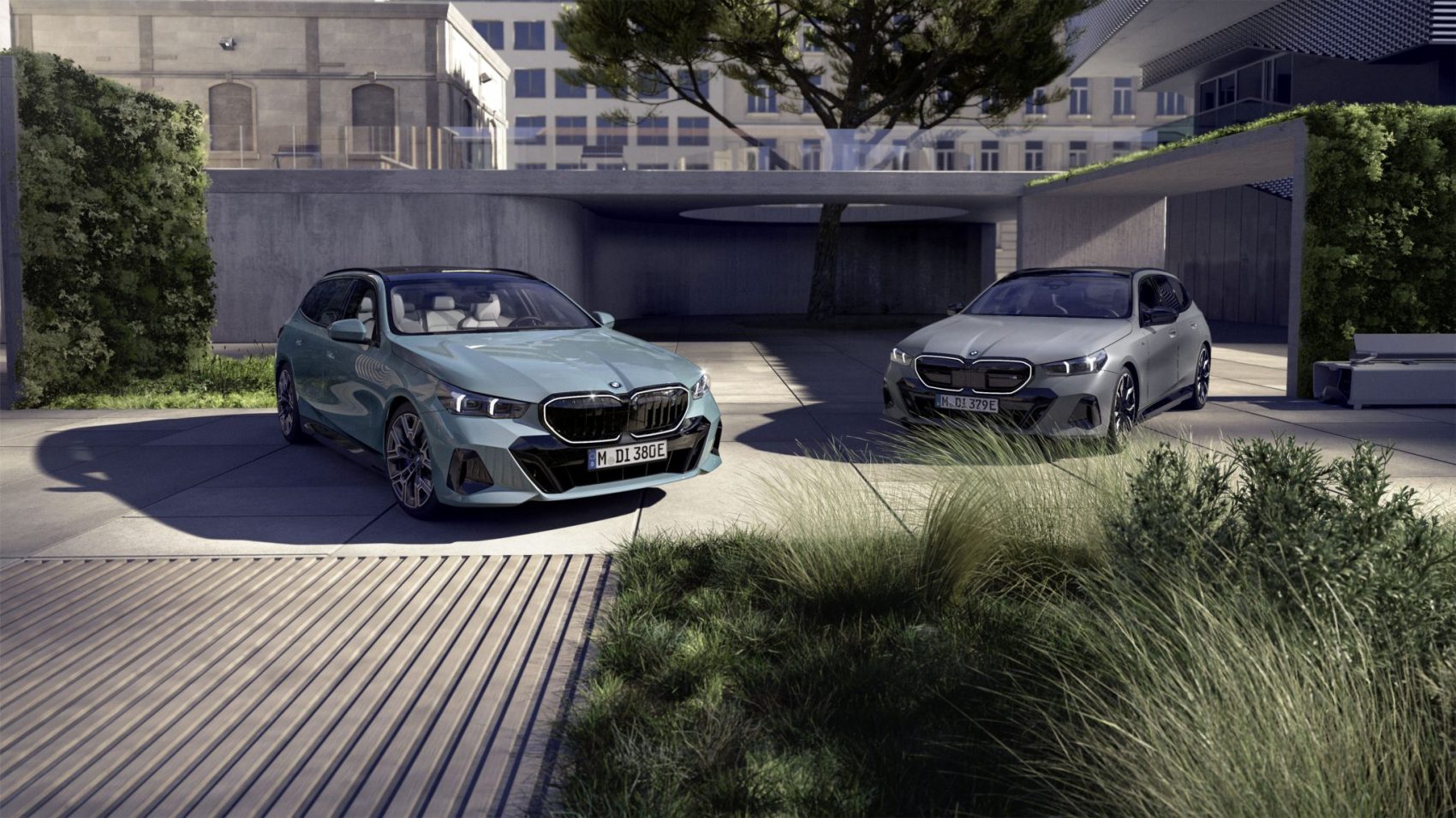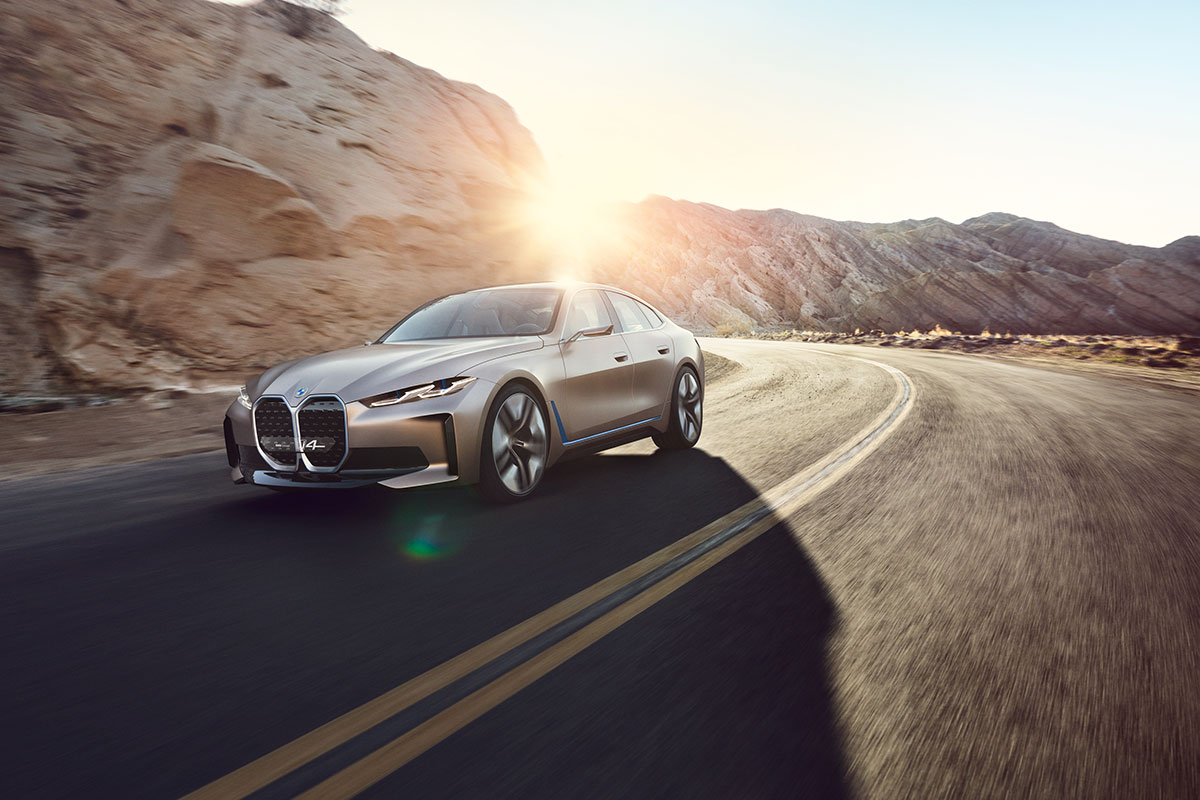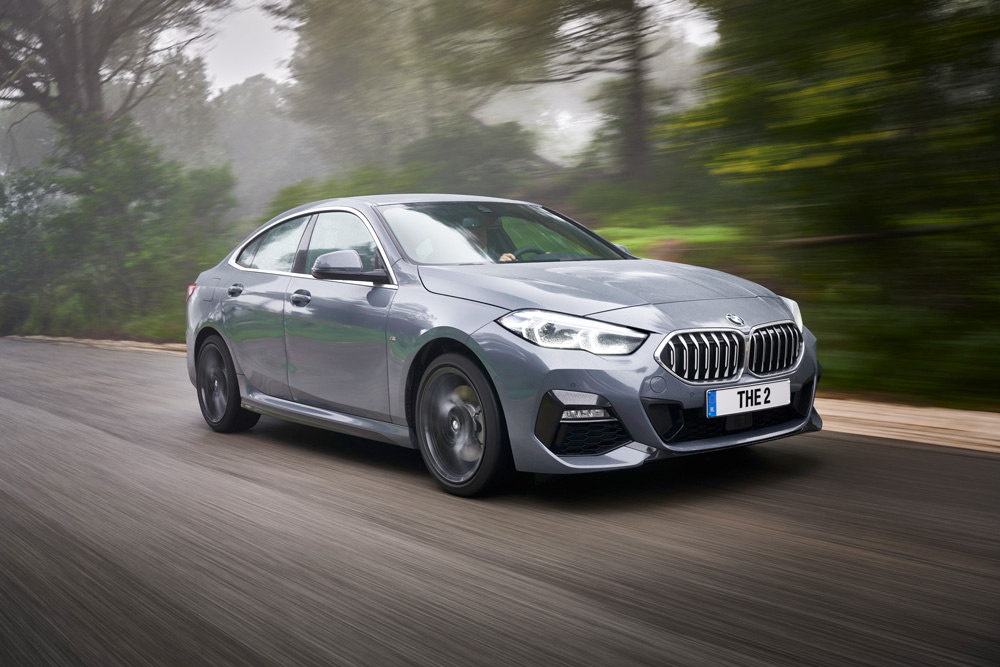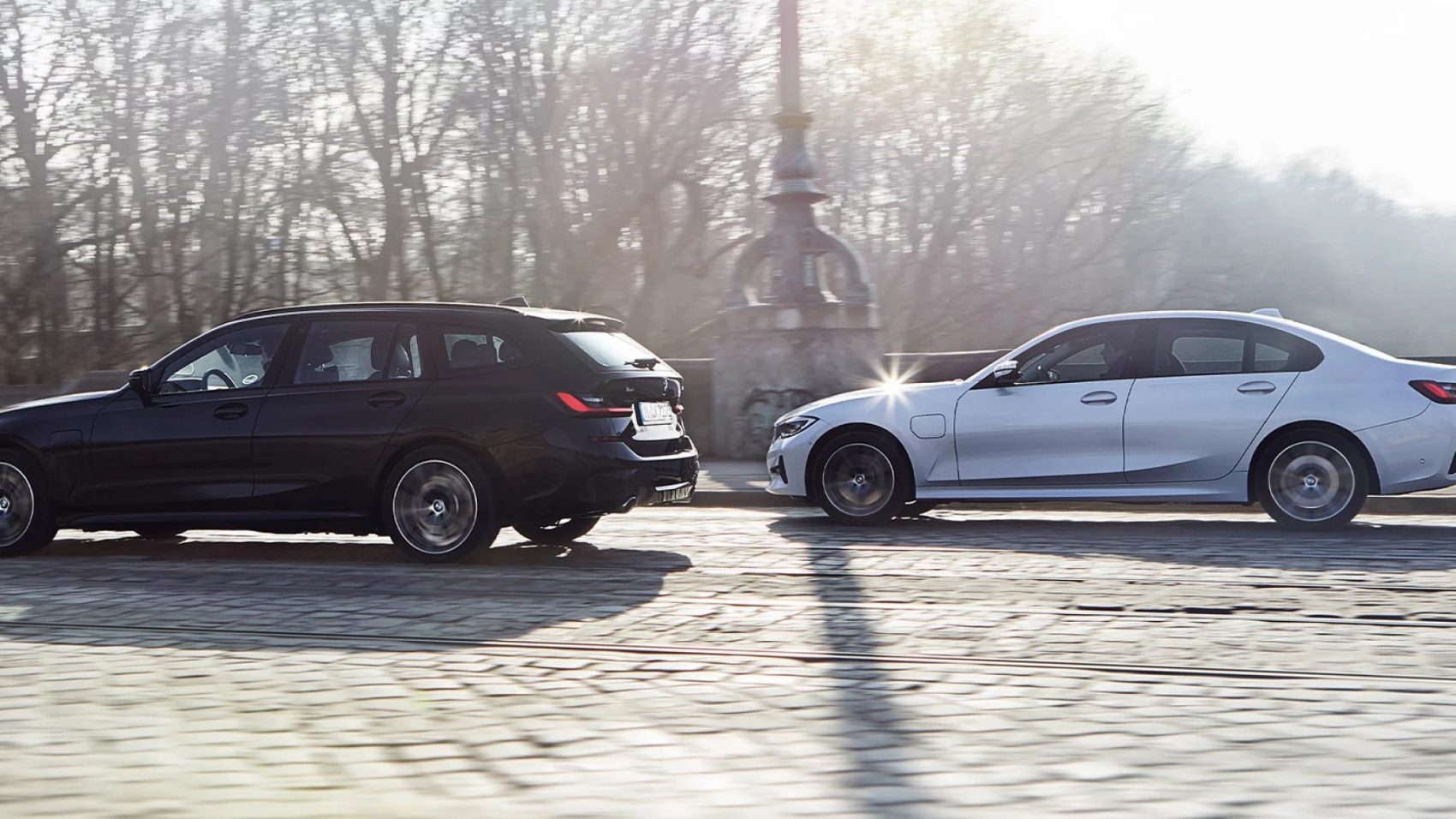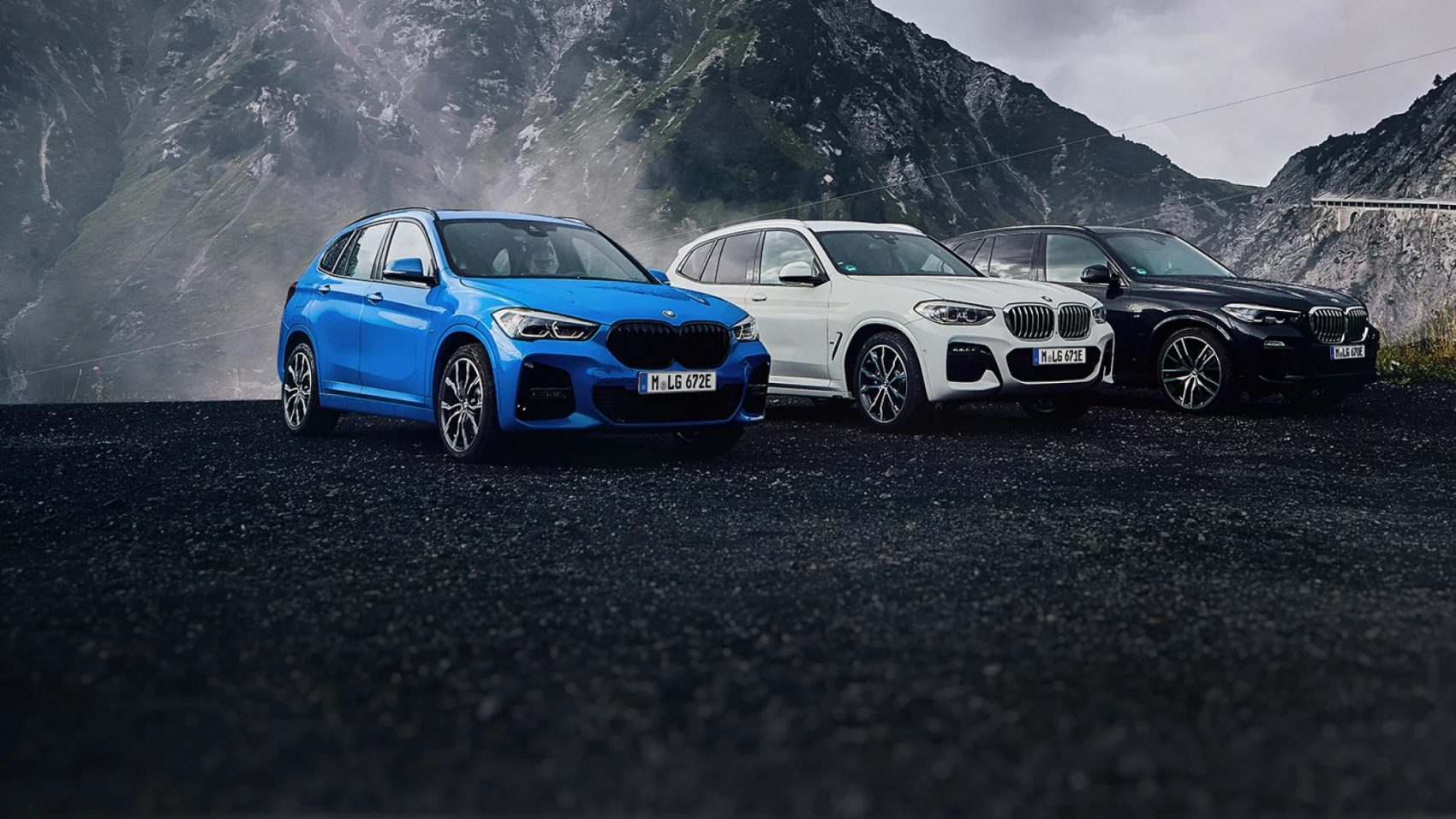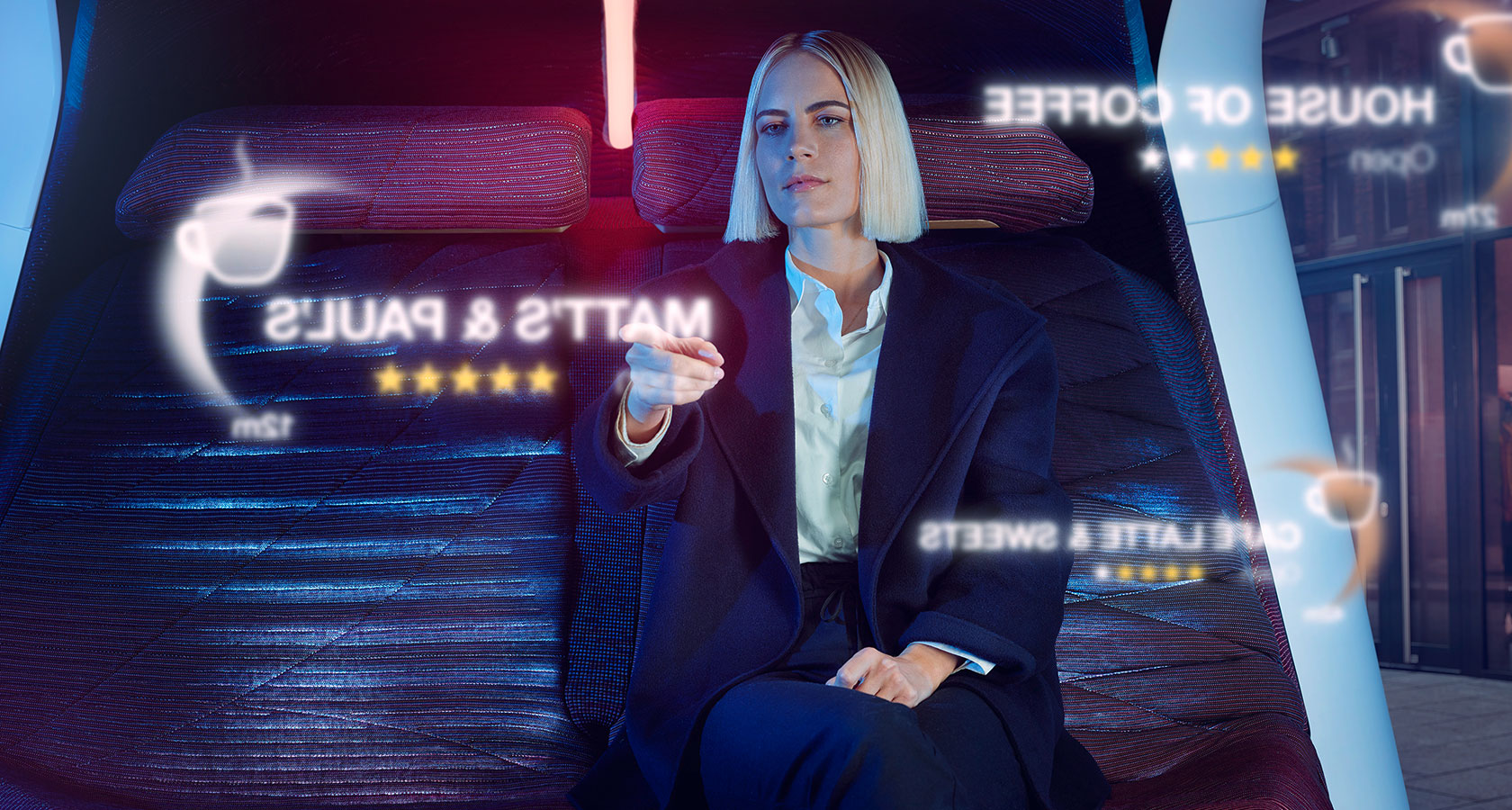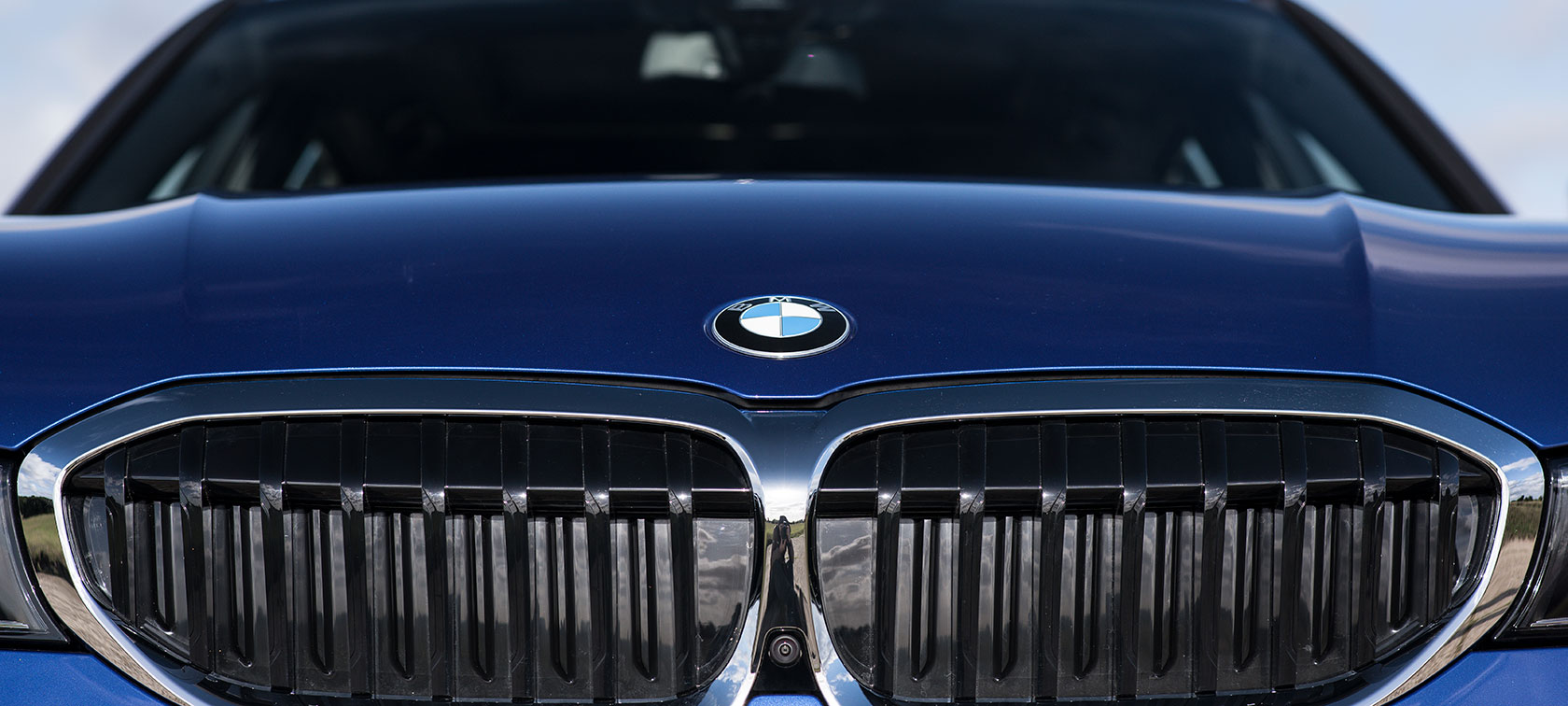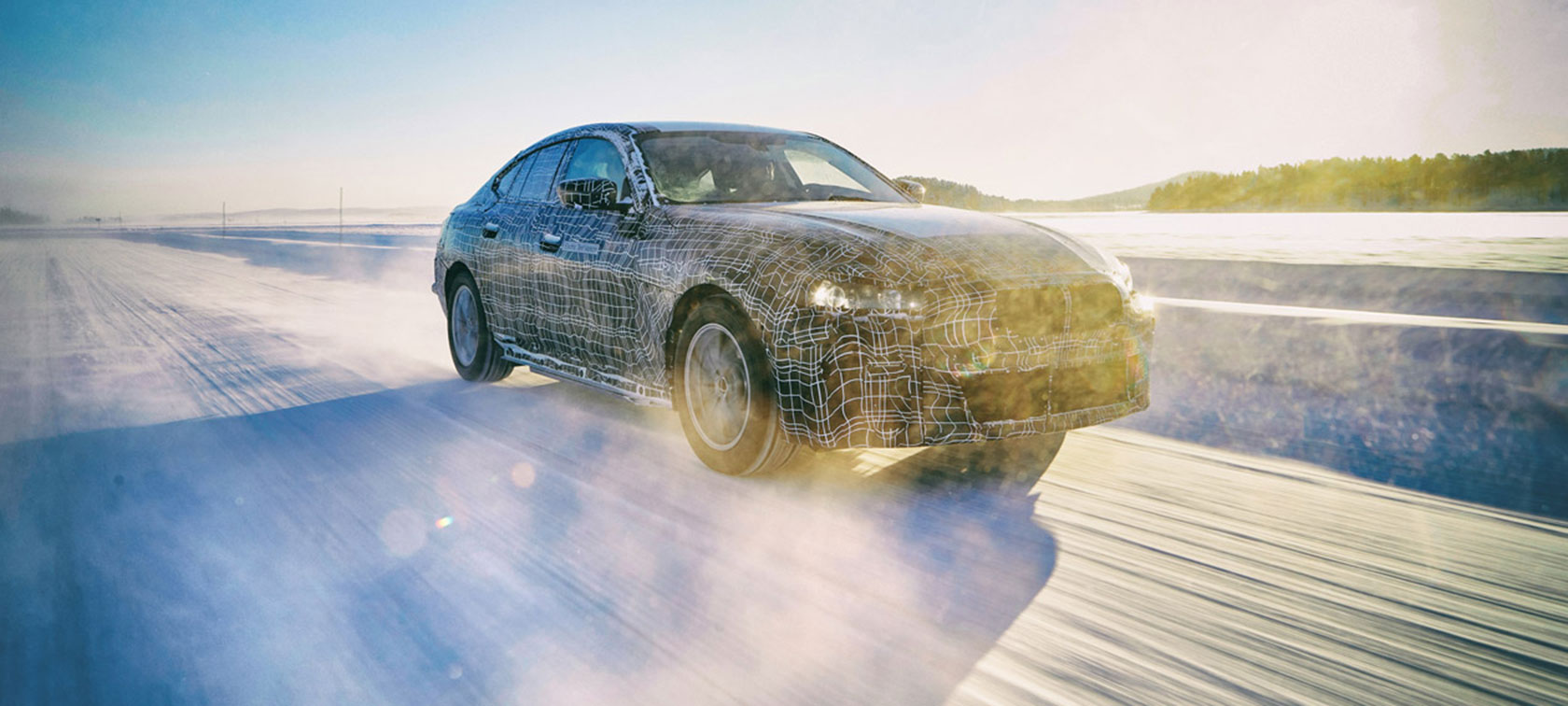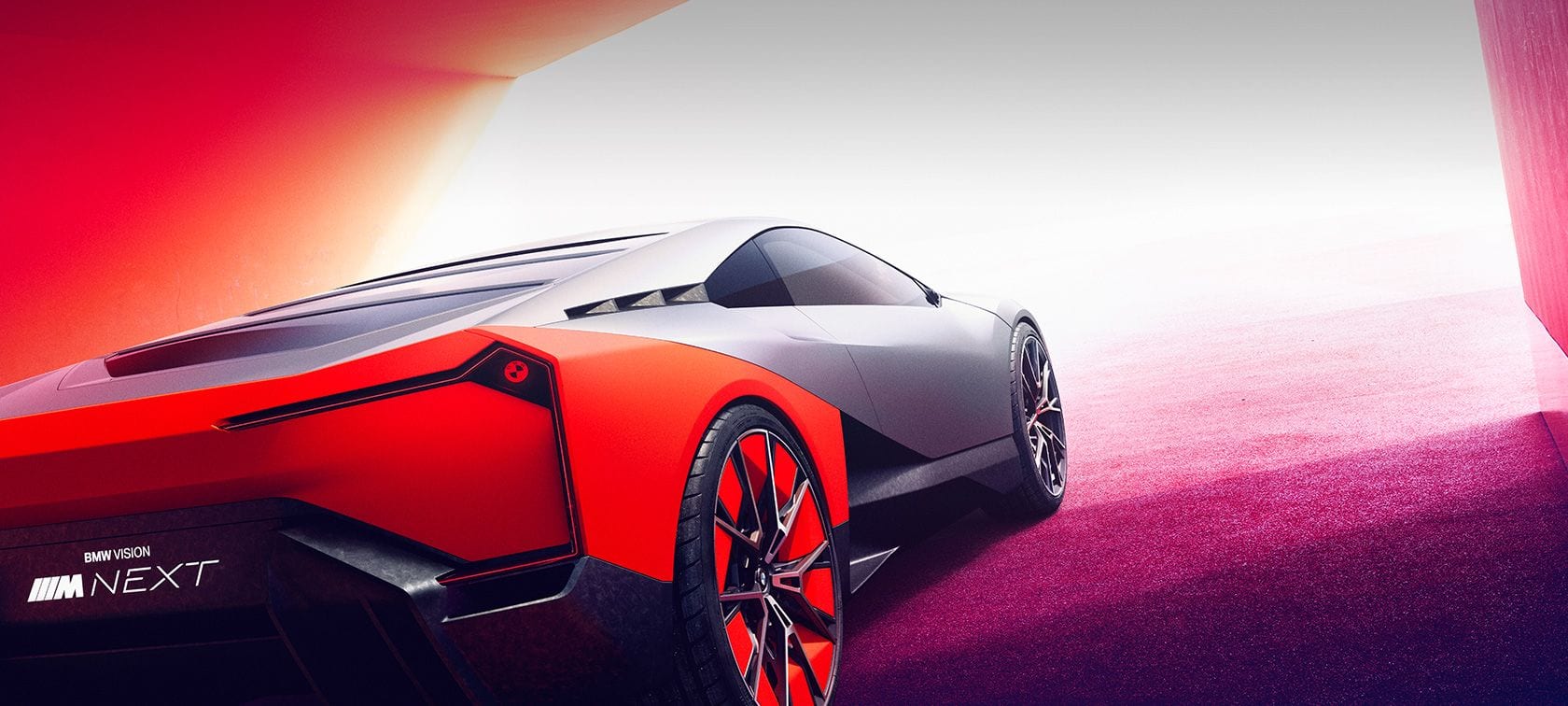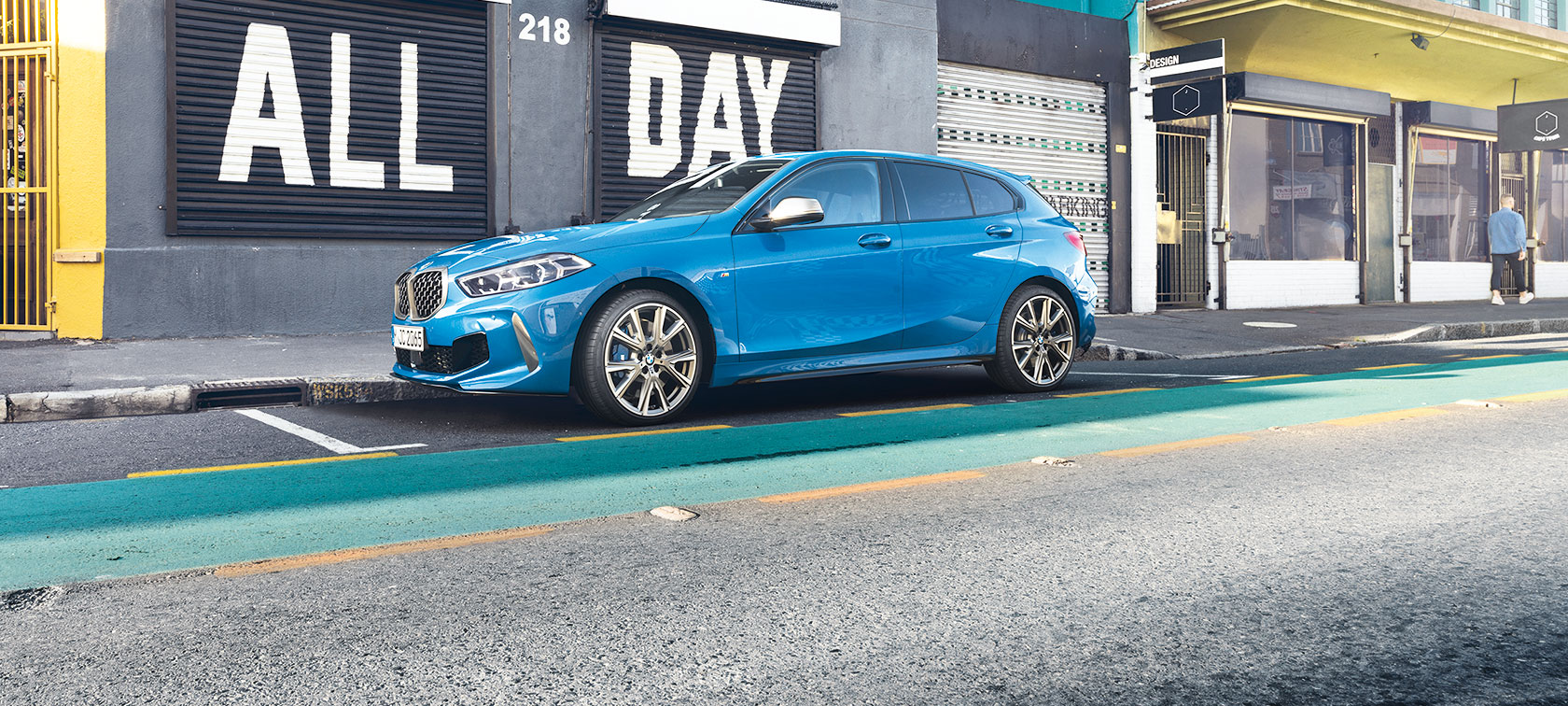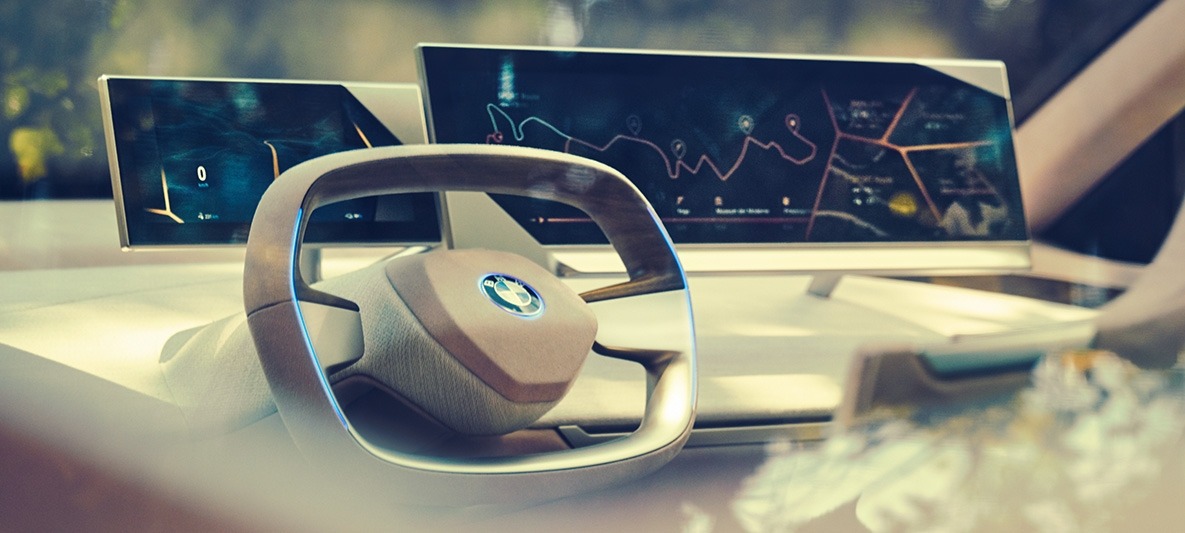The BMW Group now already offers the world’s widest selection of premium automobiles with an electrified drive system – digital solutions for increasing the proportion of electric driving offered by plug-in hybrid models – BMW 7 Series, BMW 5 Series and the BMW X1 also available in future with purely electric drive.
MUNICH.
With a ten-year plan for sustainability, the BMW Group is underscoring its commitment to the goals of the Paris climate agreement, the main focus being on the expansion of electric mobility. The BMW Group featuring all-electric and plug-in hybrid drive systems respectively already account for approximately 13.3 of all new registrations Europe-wide (source: IHS Markit New Registrations July 2020 Report). This corresponds to 1.5-fold of the average share of all brands, which is around 8 percent. The company expects this figure to rise to a quarter by 2021, to a third by 2025 and to 50 percent by 2030.
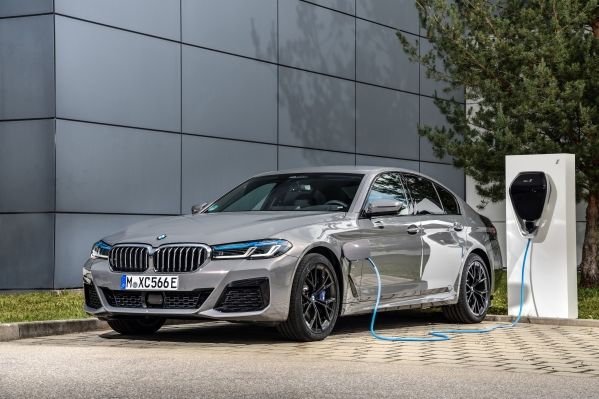
Vehicles featuring electrified drive systems are now offered in 74 markets worldwide, where more than 500,000 electrified vehicles were sold by 2019. By the end of 2021, this figure will probably rise to over a million. In spite of pandemic-related restrictions, more vehicles from the BMW Group were sold during the first half of 2020 than in the corresponding previous-year period. BMW Group sustainability goals aim at putting more than seven million vehicles with electrified drive systems on the road worldwide by 2030, two thirds of them all-electric variants. As a result of the massive expansion of electric mobility, emissions produced by BMW Group vehicles per kilometre driven will be reduced by around 40 percent by the year 2030.
“Power of choice”: effective approach for global sustainability.
The current model offensive is paving the way towards this goal, with the company following the “power of choice” approach in order to take account of customer needs and legal requirements on the global automotive markets. The BMW X3 is the first model available either with highly efficient petrol and diesel engines including 48-volt mild hybrid technology, with a plug-in hybrid drive system or all-electric drive system.
In future, further series models with electrified and with conventional drive systems will be built on a single production line. For example, the next generation of luxury saloon of the BMW 7 Series will be offered as a purely electric model variant. Also the high-volume series BMW 5 and BMW X1 will be brought to market not only with conventional internal combustion engines and plug-in hybrid systems, but also with all-electric drive units.
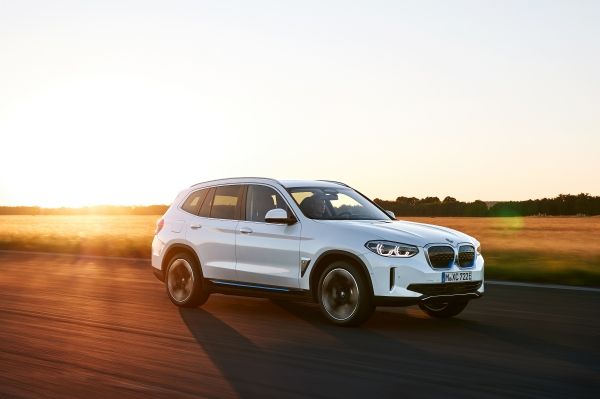
The best of both worlds: plug-in hybrid
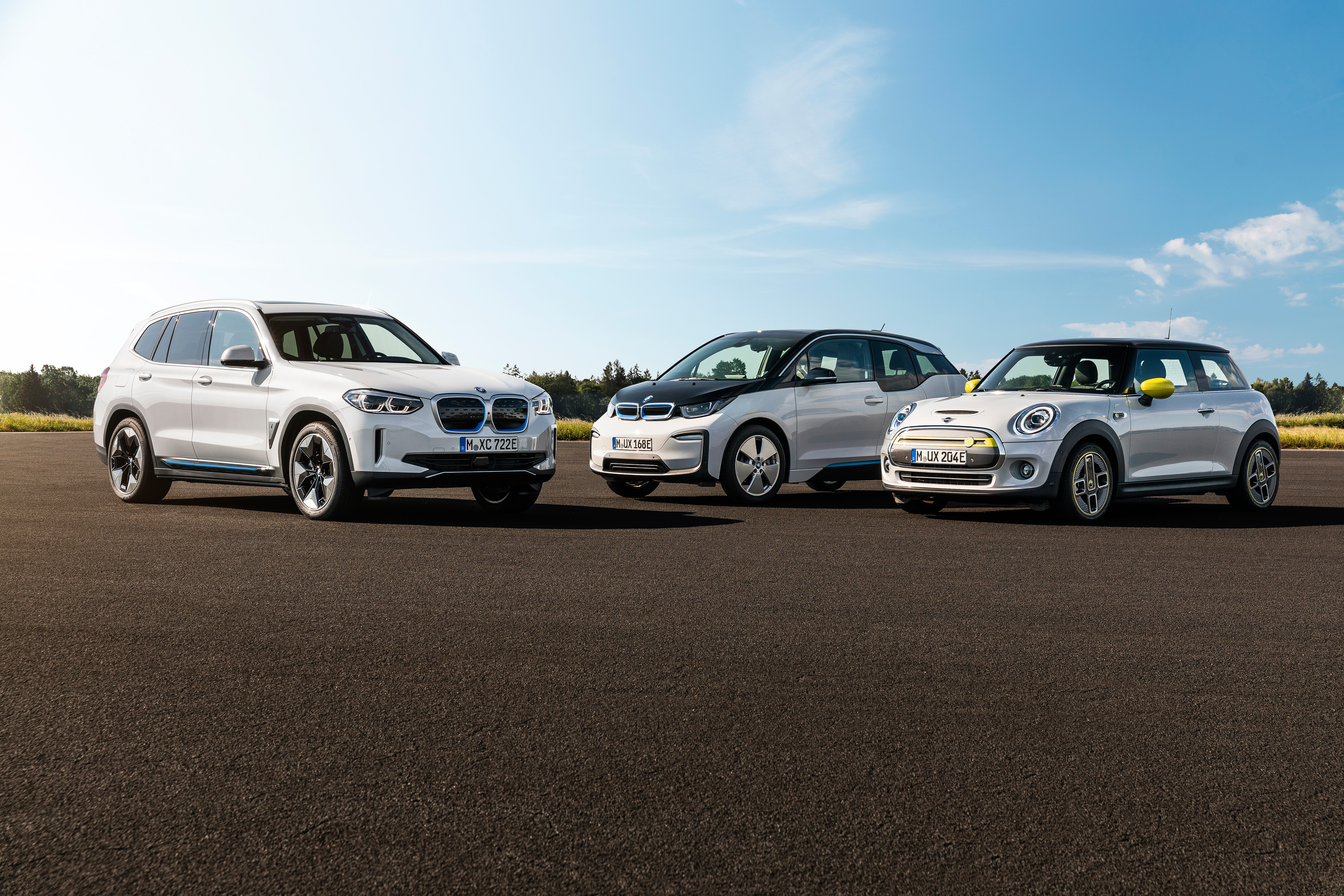
Thanks to intelligently controlled interaction between both drive systems, the plug-in hybrid models from The BMW Group combine the best of two worlds. They facilitate purely electric driving in urban traffic and when commuting between home and the workplace as well as a long overall vehicle range for long-distance travel. Electric range is increased by means of intensive regeneration during coasting and deceleration phases. Moreover, intelligent energy management offers the possibility to save capacity of the high-voltage battery specifically for locally emission-free driving within built-up areas. Preconditioning of the interior is standard and guarantees optimised comfort in any season thanks to auxiliary heating and air conditioning.
With innovative digital services, the BMW Group contributes actively towards enhancing the proportion of electric driving offered by plug-in hybrid models. The BMW eDrive Zone function triggers an automatic switch to purely electric operating mode as soon as the vehicle enters urban low-emission zones and similar inner-city areas. In addition, local emission-free driving with a BMW plug-in hybrid model is rewarded through the globally unique premium programme BMW Points.
Products and services from The BMW Group facilitates simple and comfortable charging at home and when out and about. These encompass various different Wallbox types, including installation service, individual offers for the purchase of green electricity and access to the world’s largest network of public charging stations comprising more than 155,000 charging points in Europe alone. Moreover, the BMW Group is extending its corporate charging infrastructure substantially to around 4,100 charging points in Germany alone.
From the raw material to recycling: focusing on the entire value chain.
The BMW Group combines the further development of electric mobility with a holistic understanding of sustainability, whilst always bearing in mind the entire value chain and the complete production cycle – from the procurement of raw materials, production and service life of the vehicle up to later recycling. Today, the total environmental impact of a plug-in hybrid model, known as the CO2 footprint, is already significantly lower than that of a conventionally powered vehicle. The BMW X1 xDrive25e, for example, already achieves a 31 percent lower value than the corresponding petrol-driven model when using charging current from the EU electricity mix over its complete life cycle. If the vehicle uses green electricity exclusively over its entire service life, the CO2 footprint is even 55 percent lower.
For the future, the BMW Group is developing, among other things, a sustainable reusable material cycle for battery cells. The key commodities cobalt and lithium originate exclusively from suppliers who comply with stringent standards as regards ecological and social sustainability. They are obtained by the BMW Group and passed on to the battery cell producers. The electric motor of the latest BMW eDrive generation is produced without raw materials from so-called rare earths. Furthermore, electricity from renewable sources is used exclusively for the production of all components of BMW eDrive technology of the latest generation. As a result, around 10 million tons of CO2 emissions will be avoided over the next ten years.

